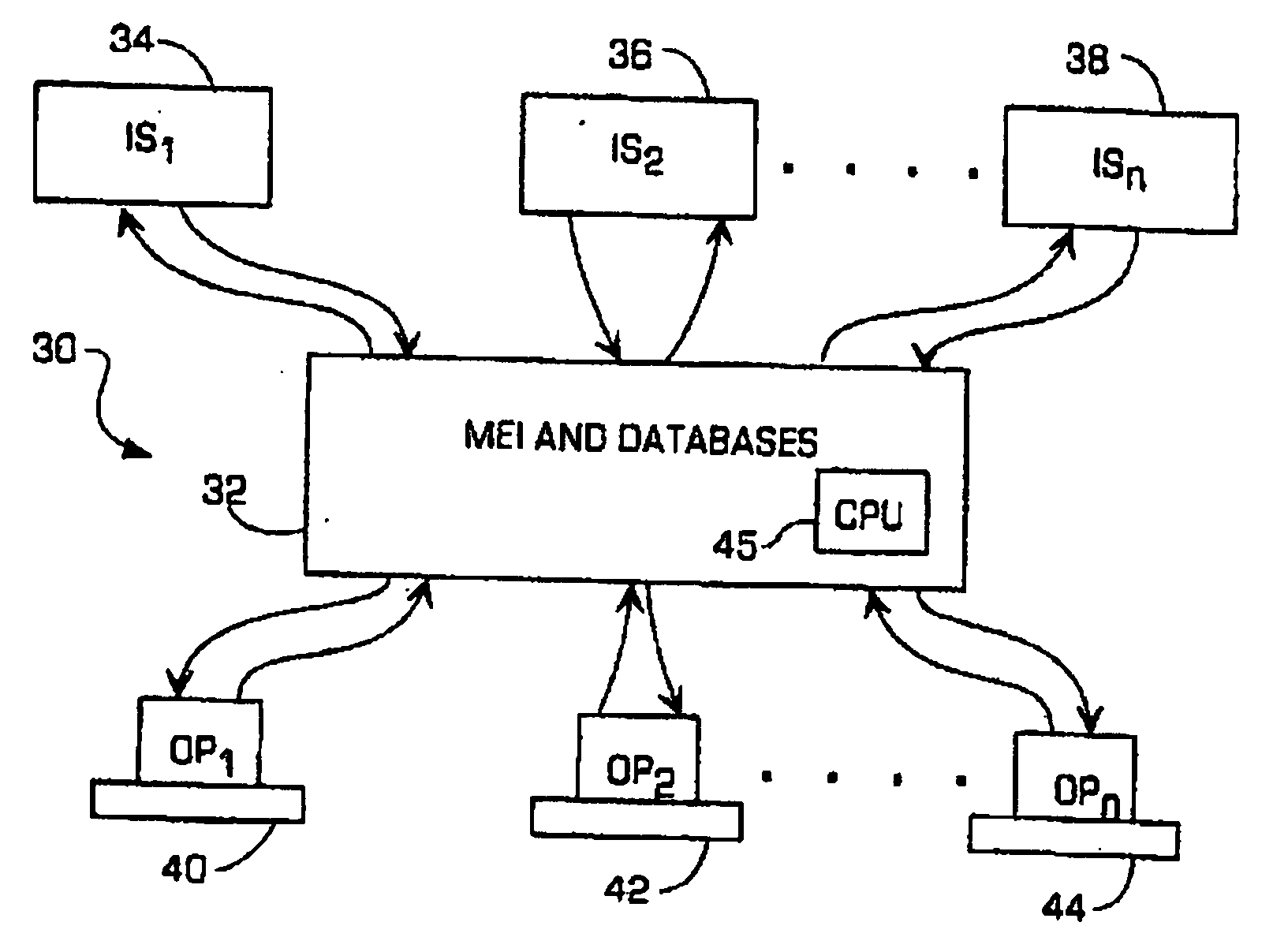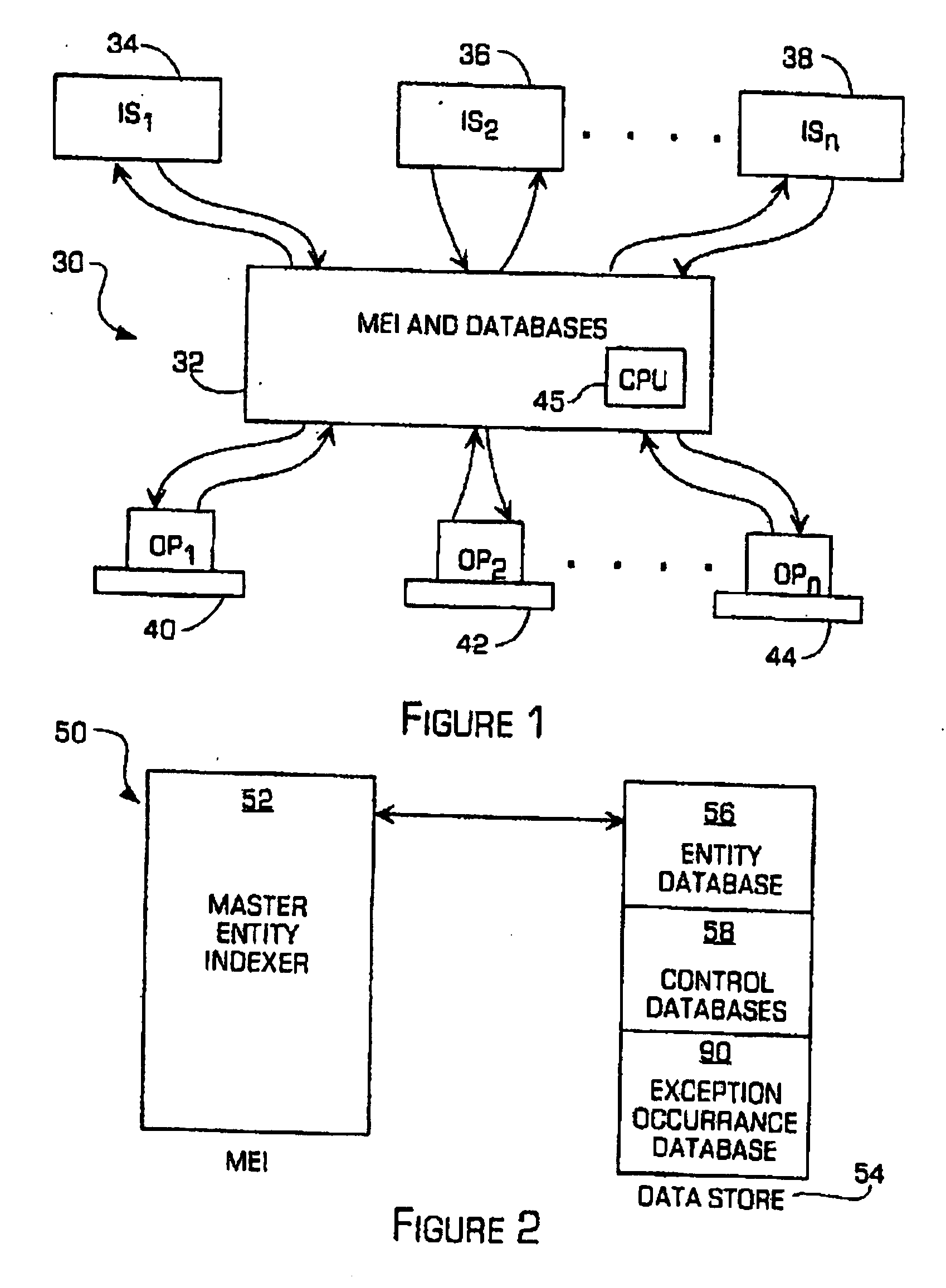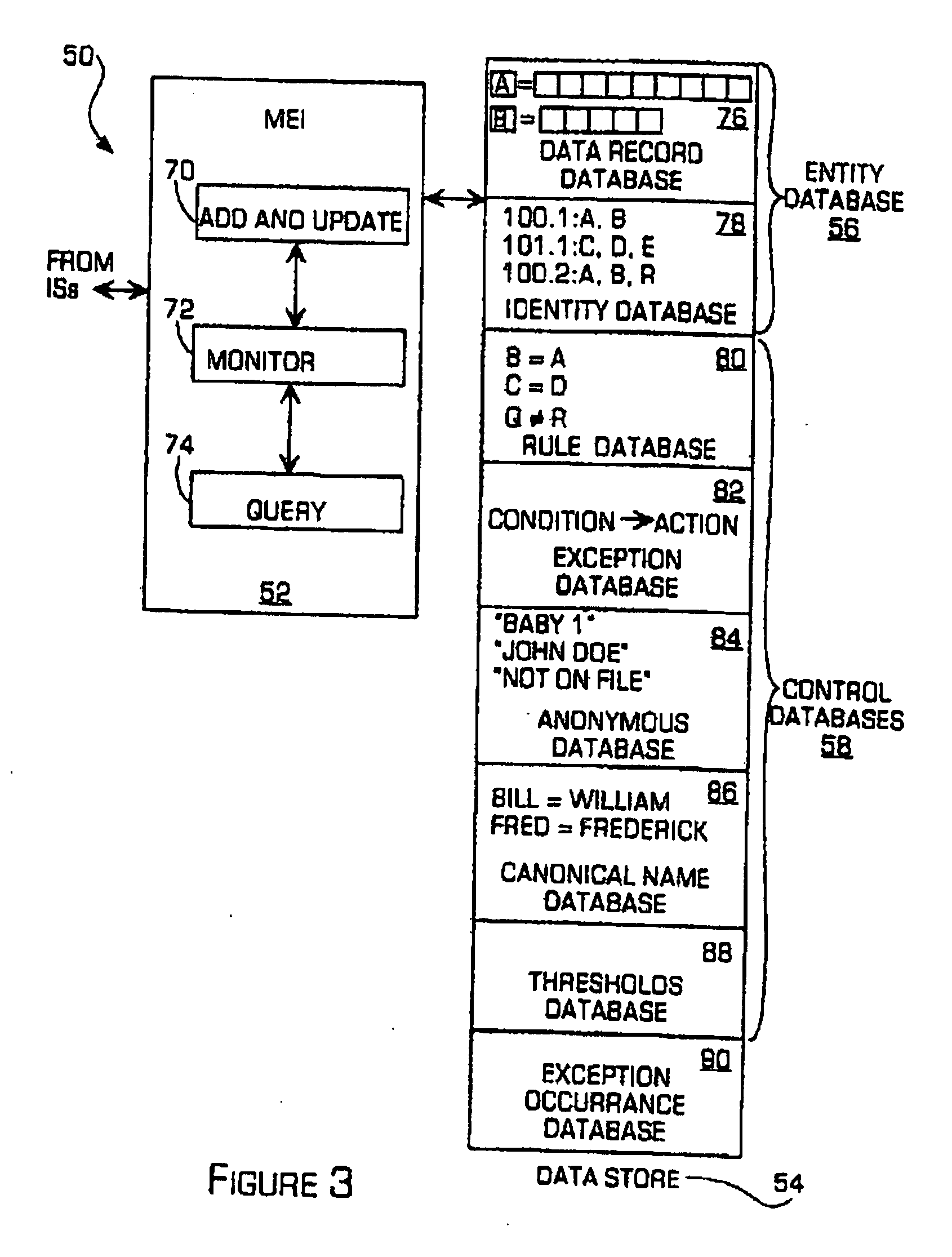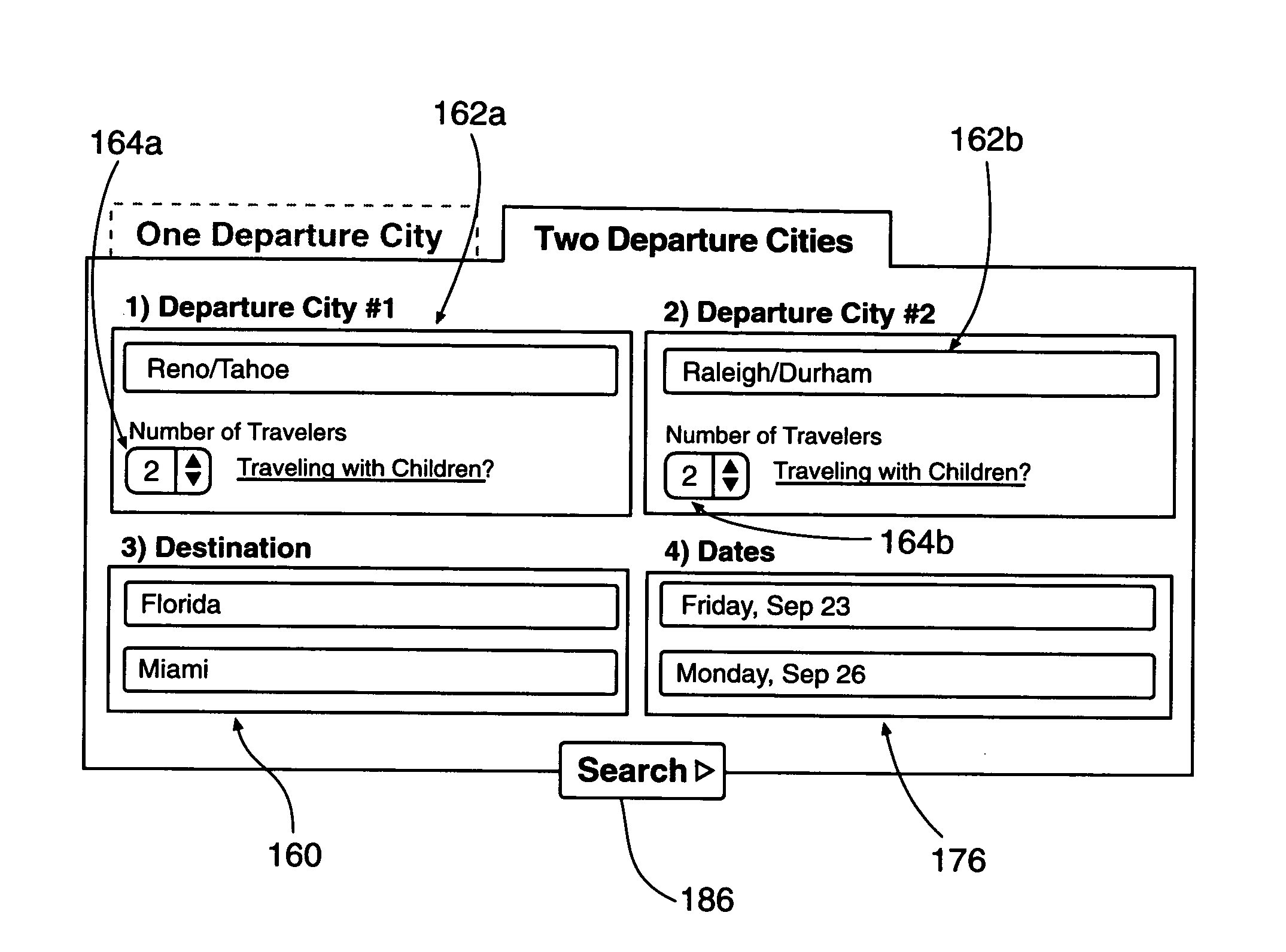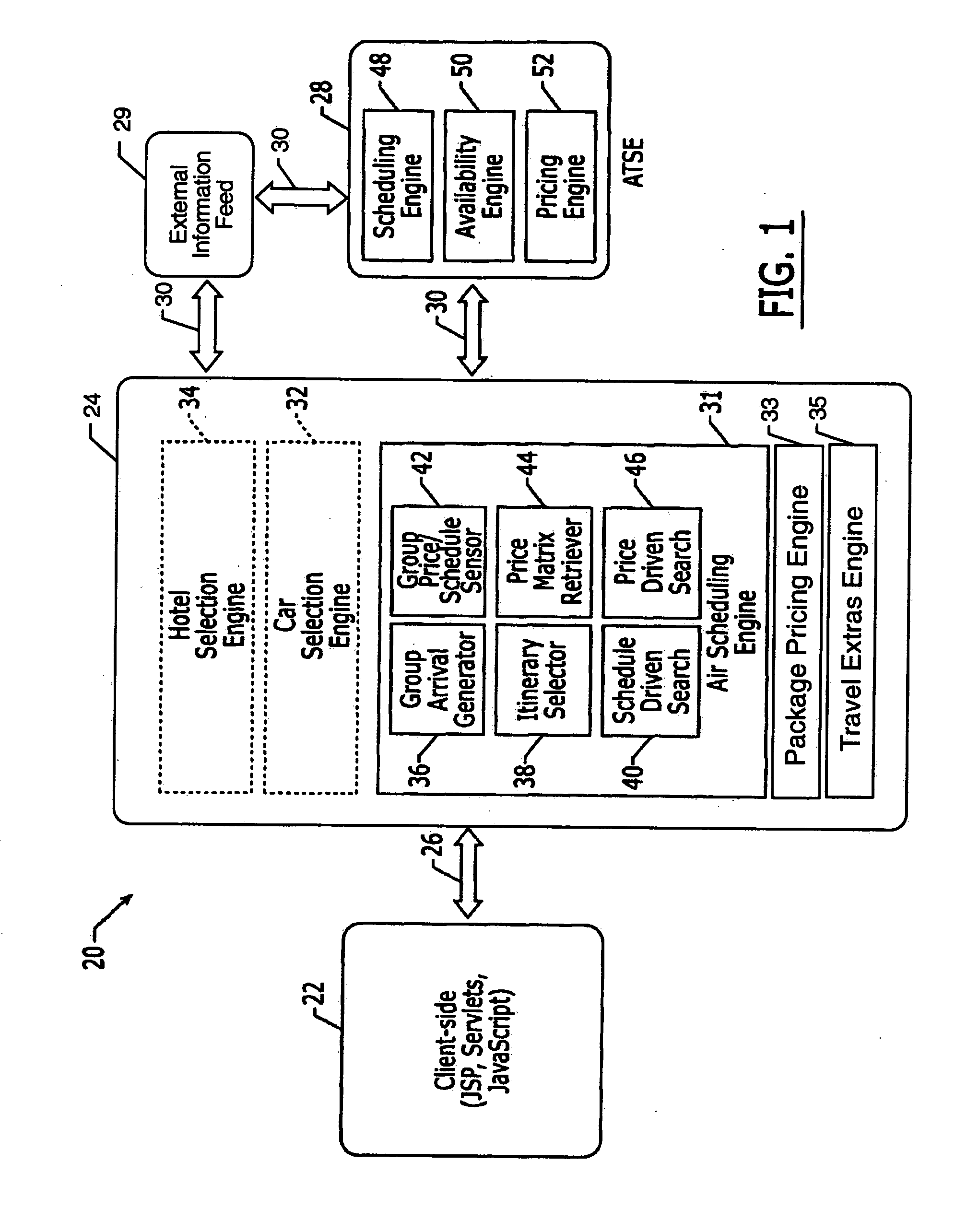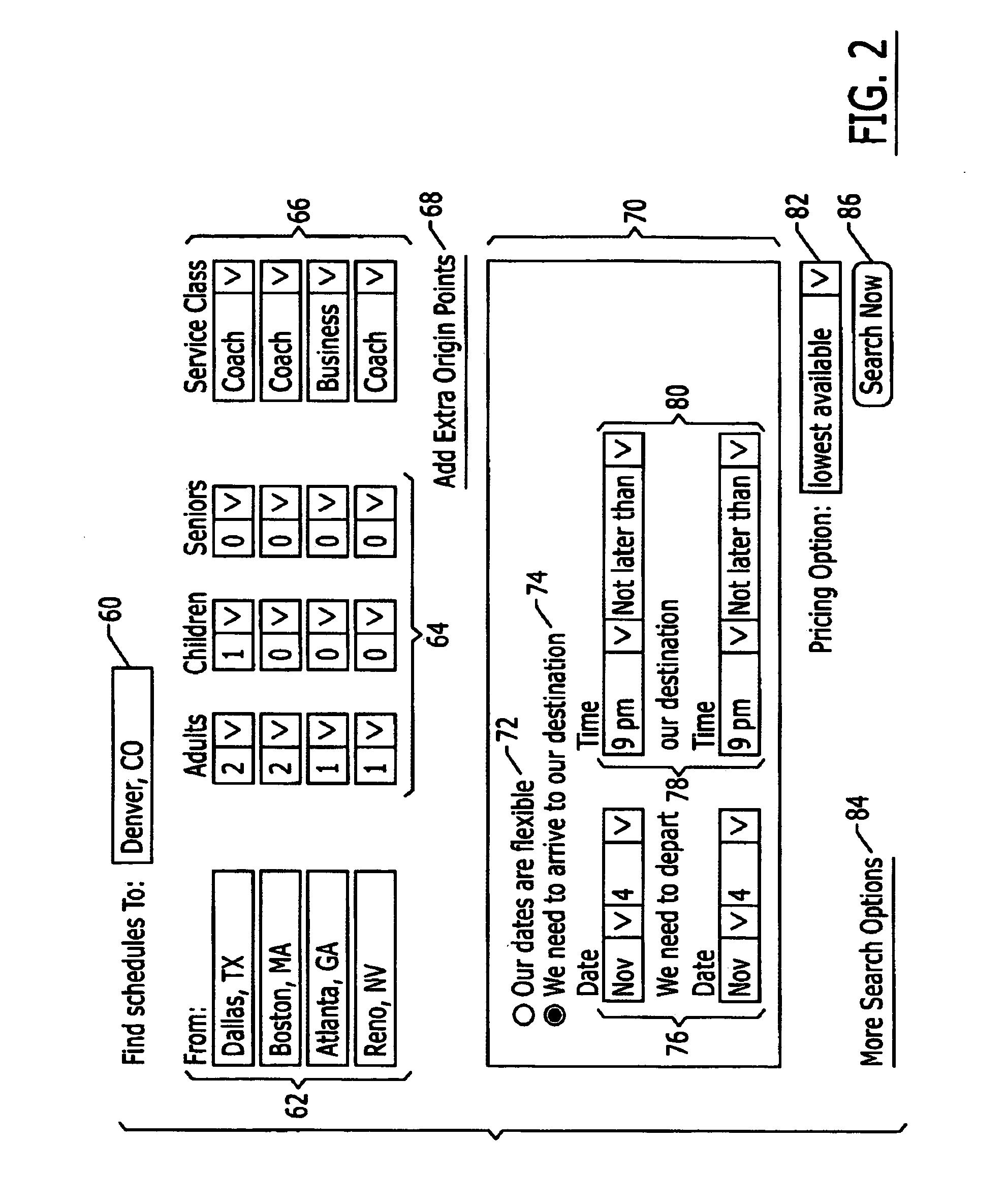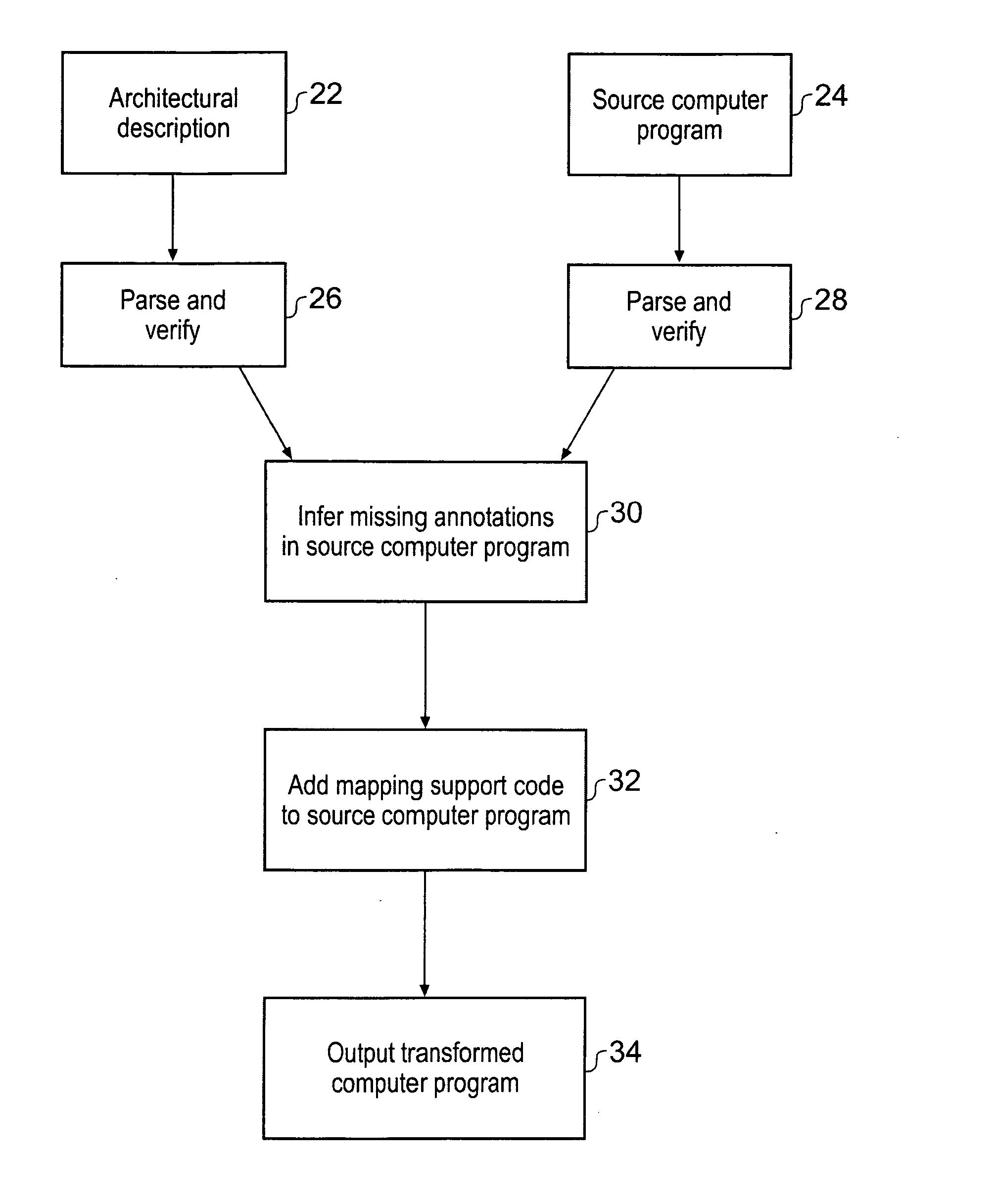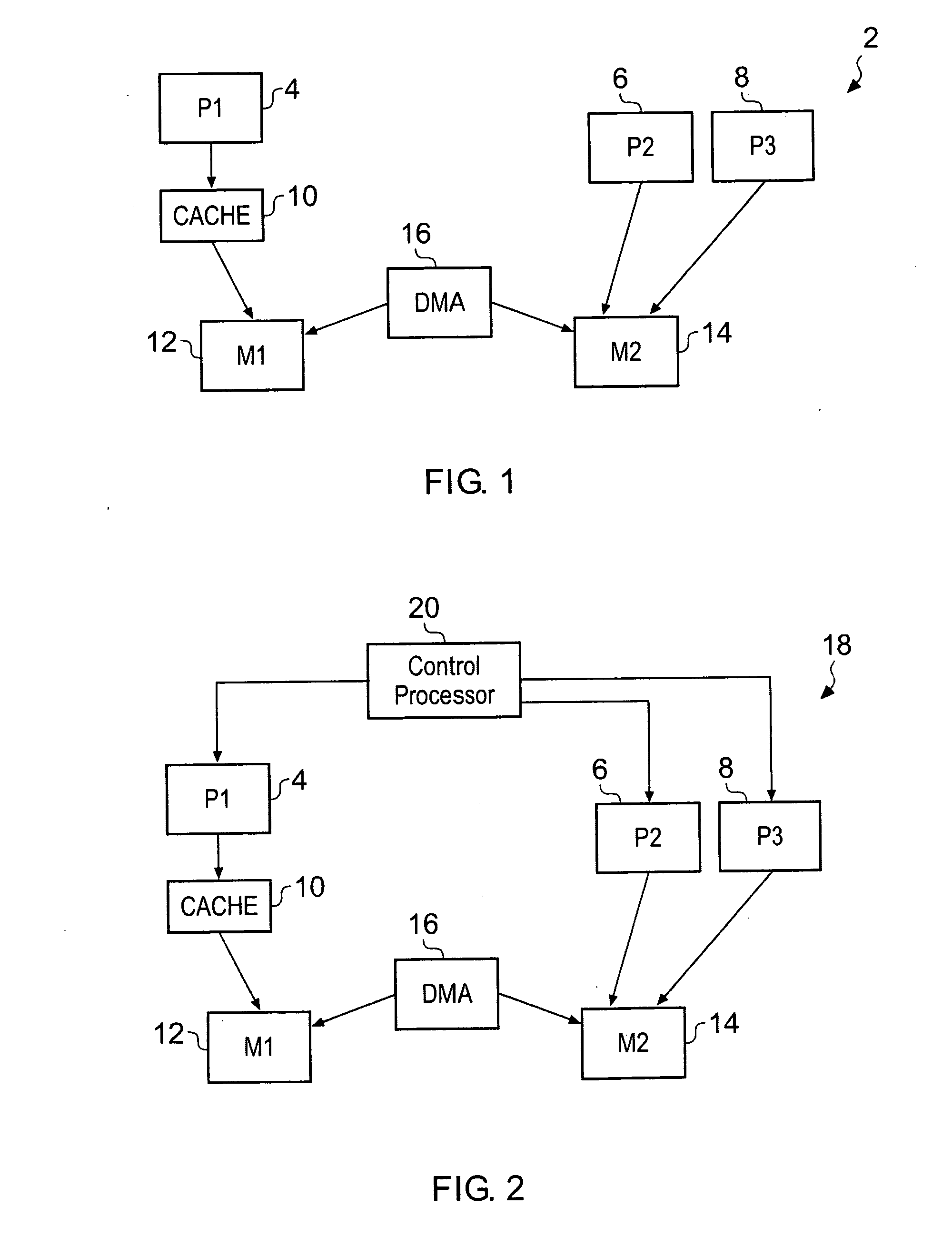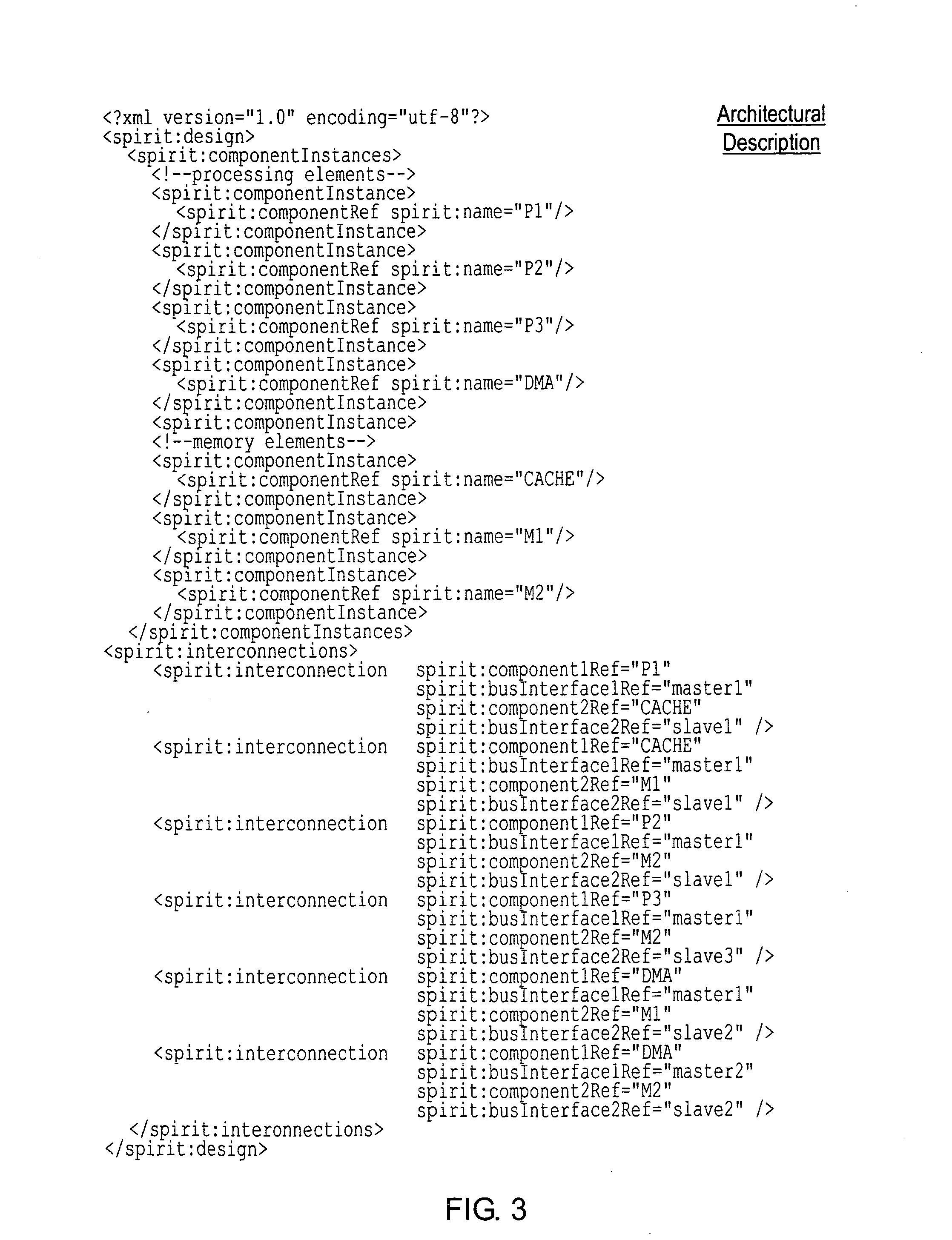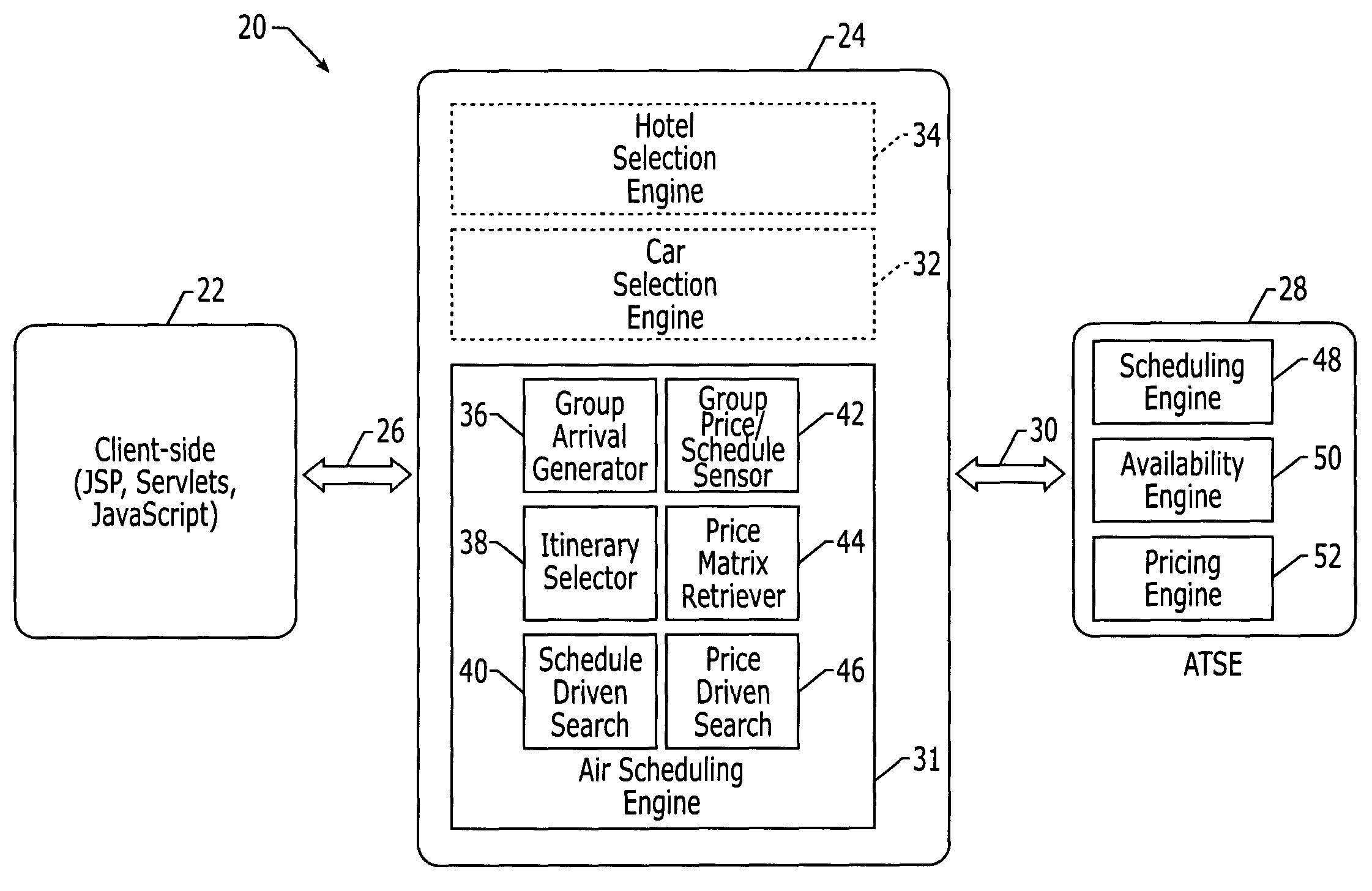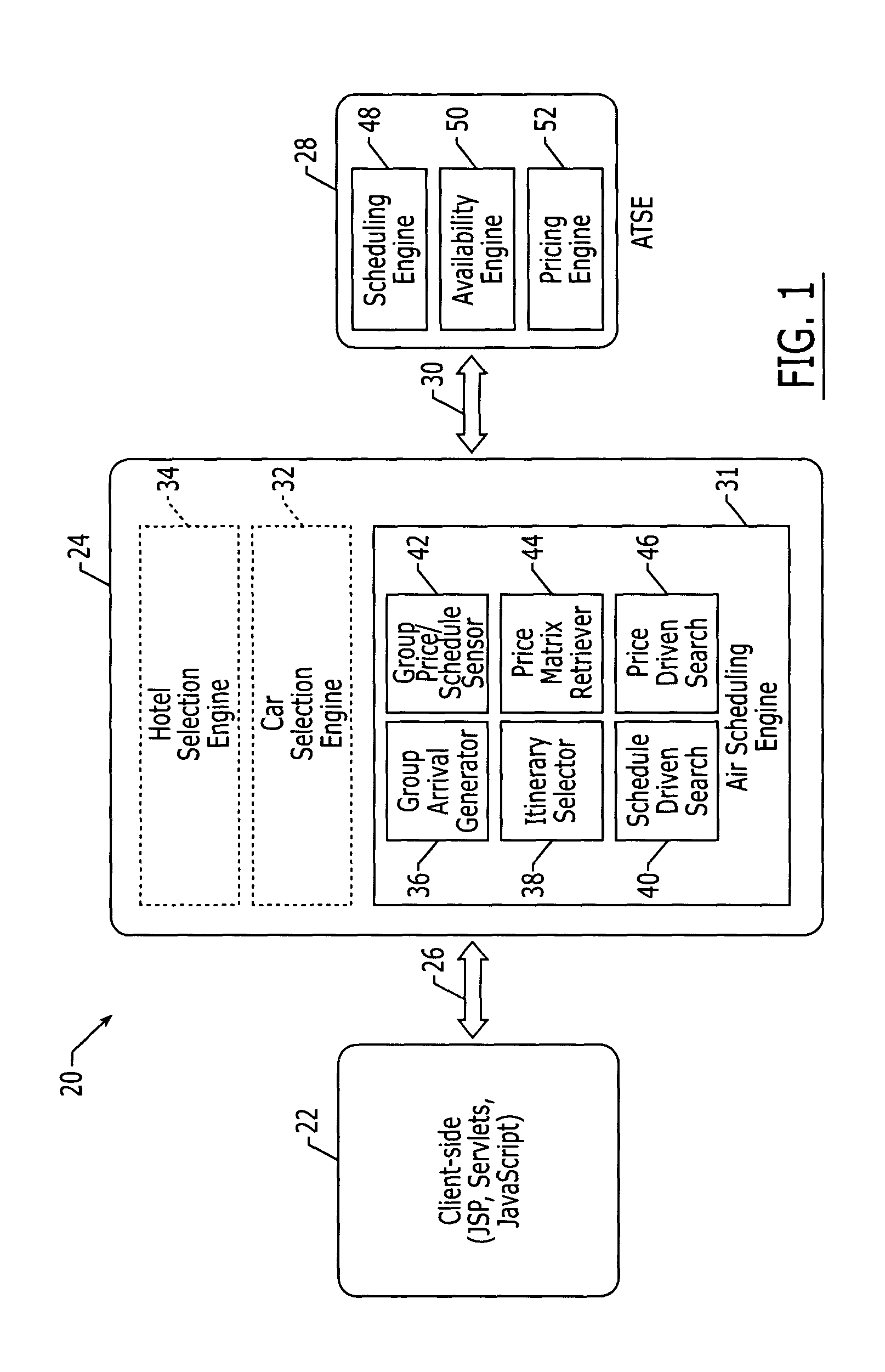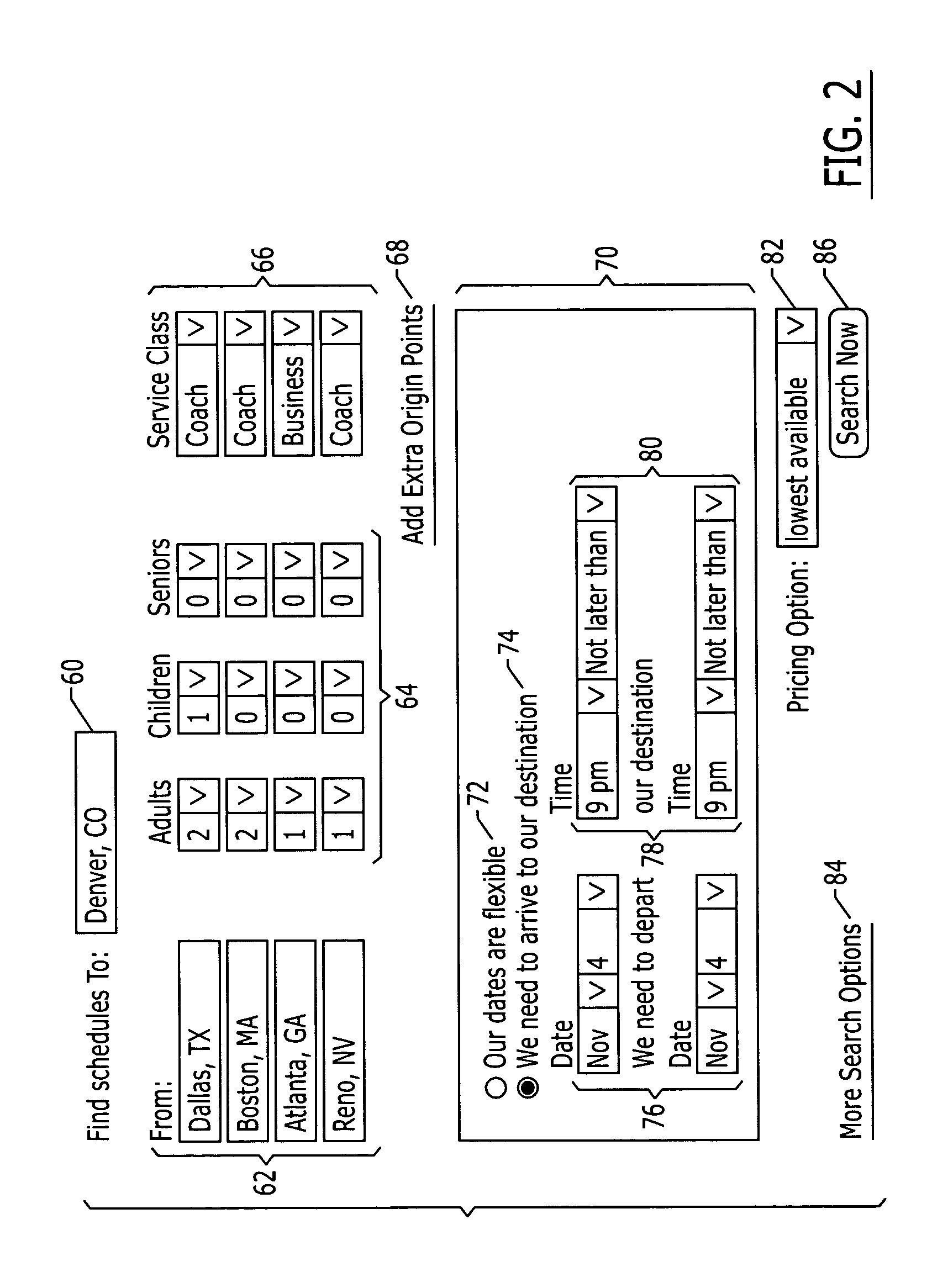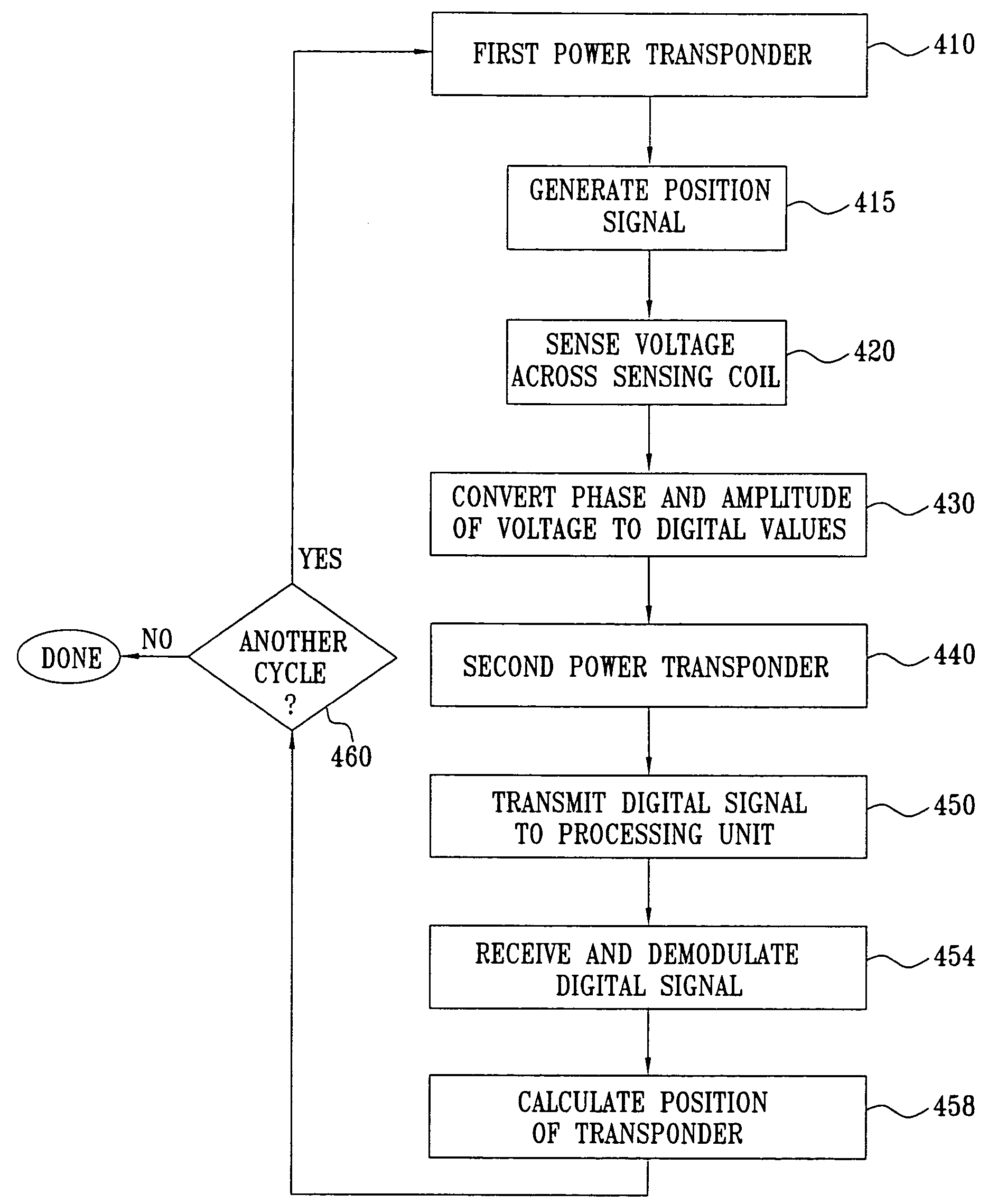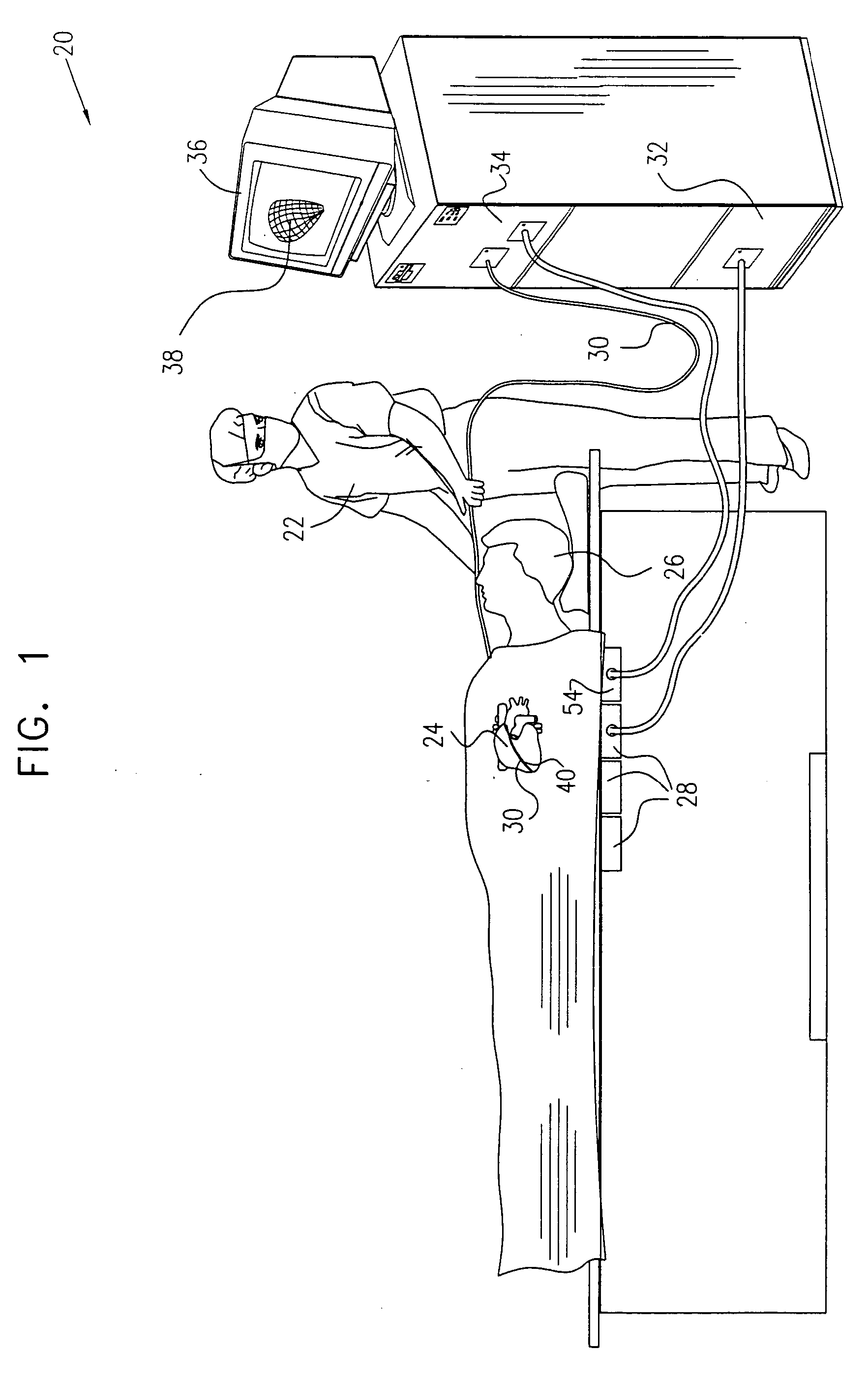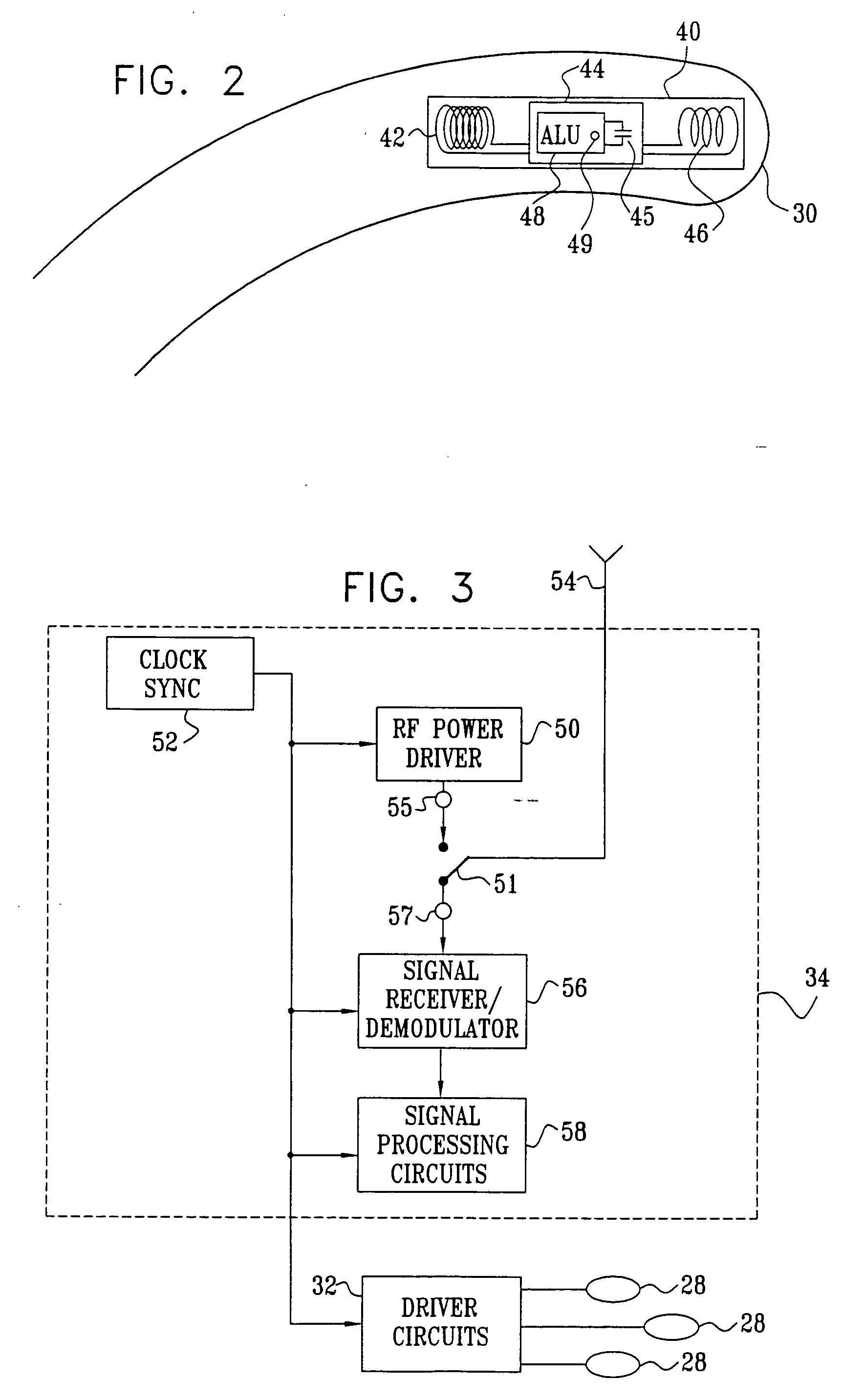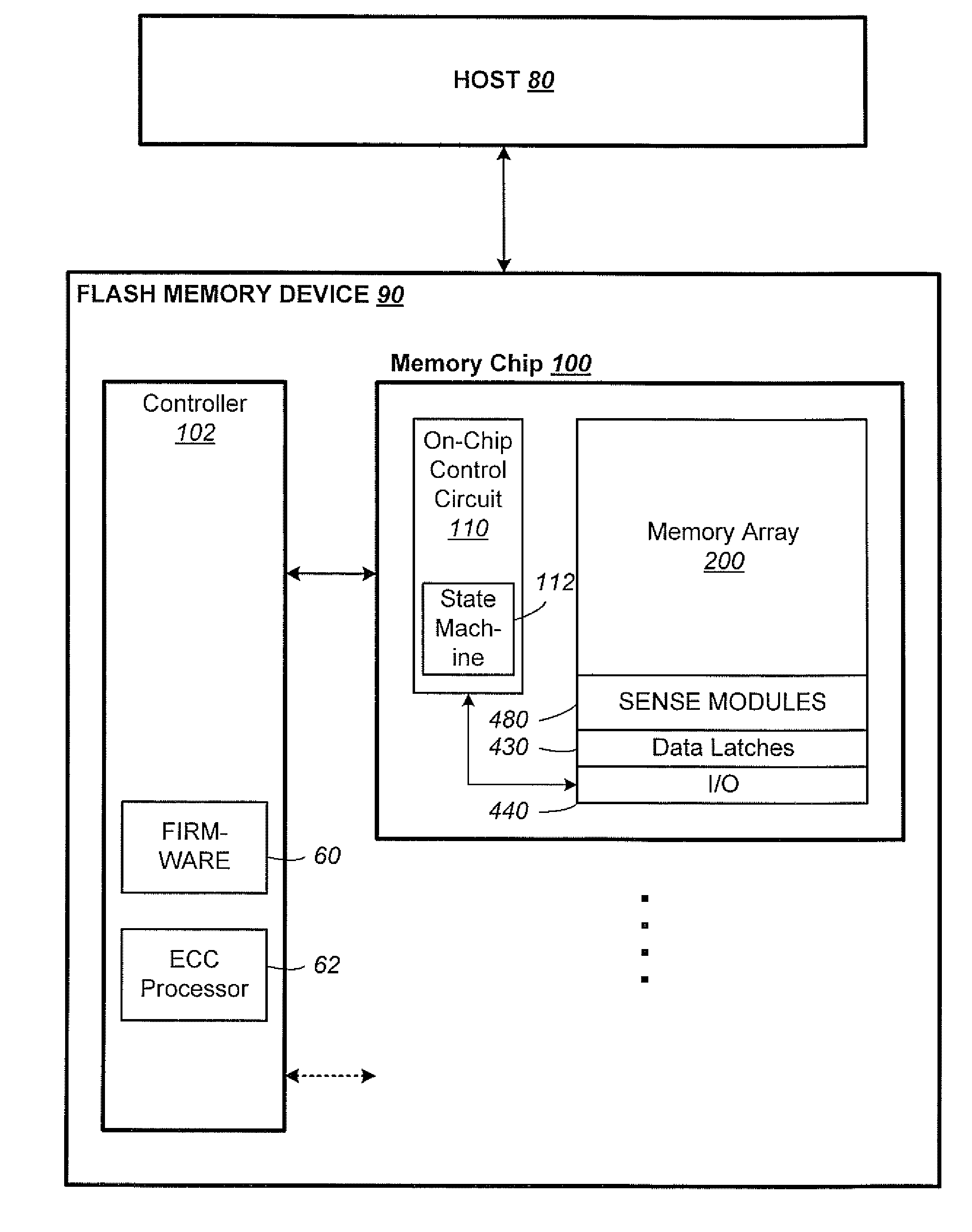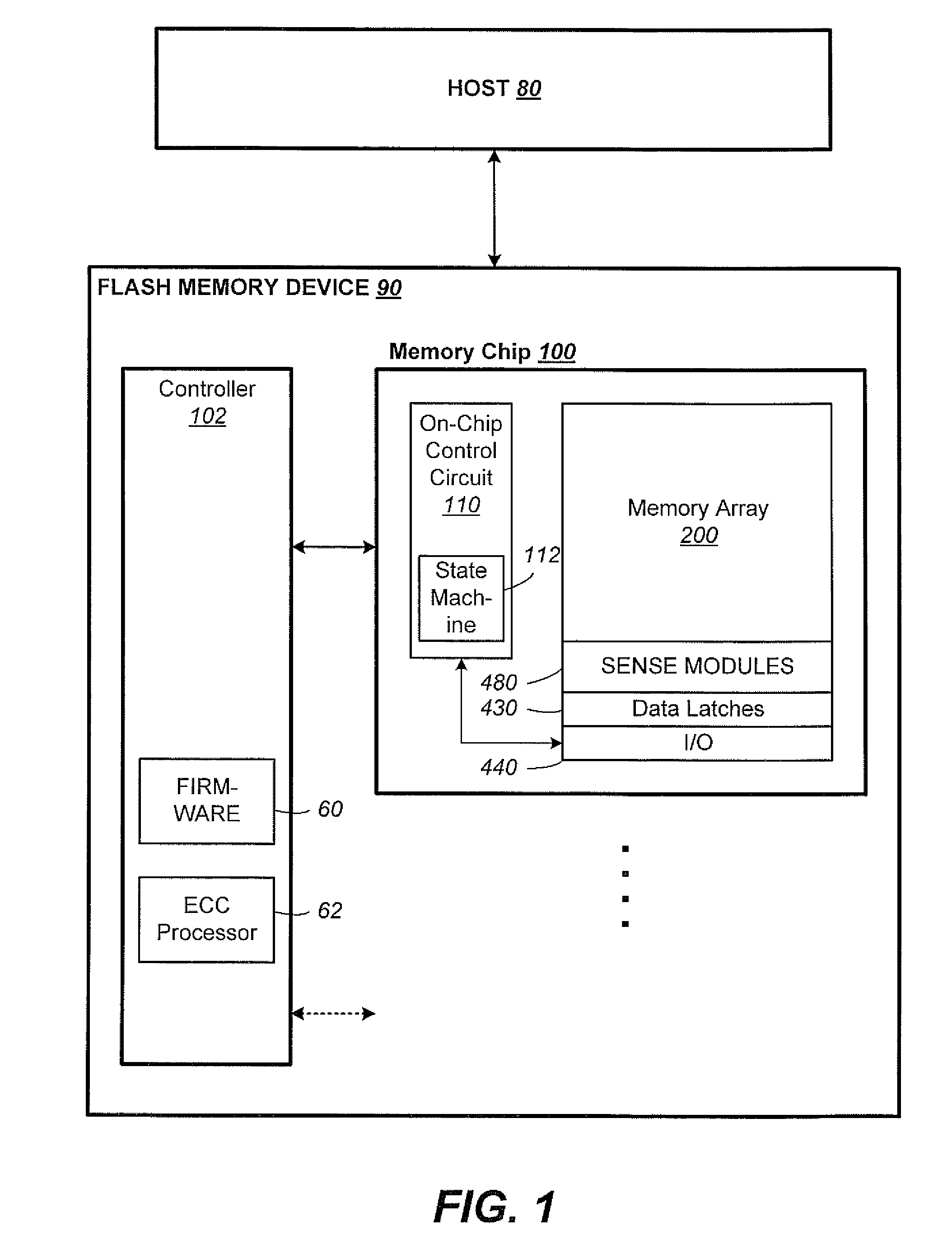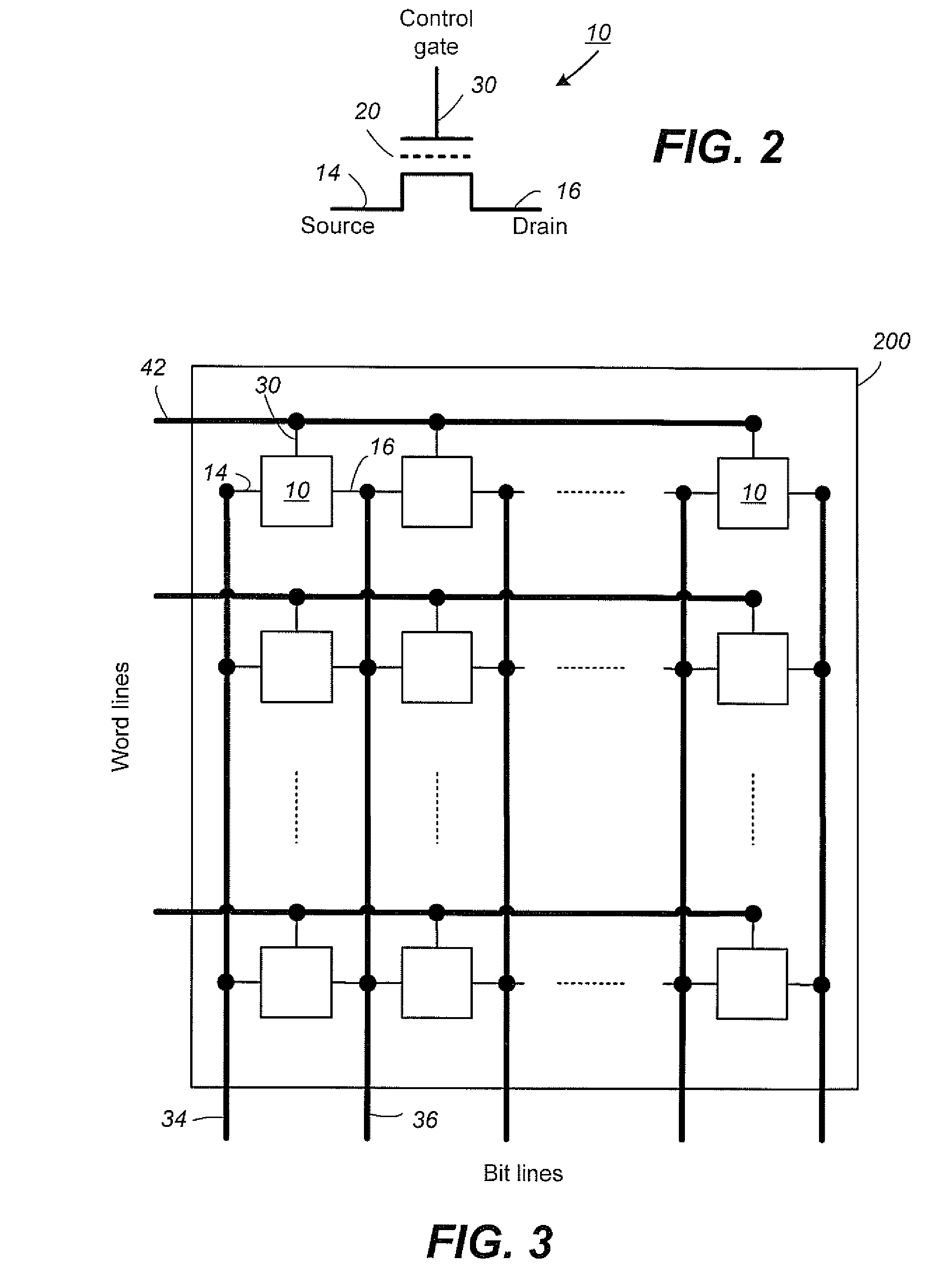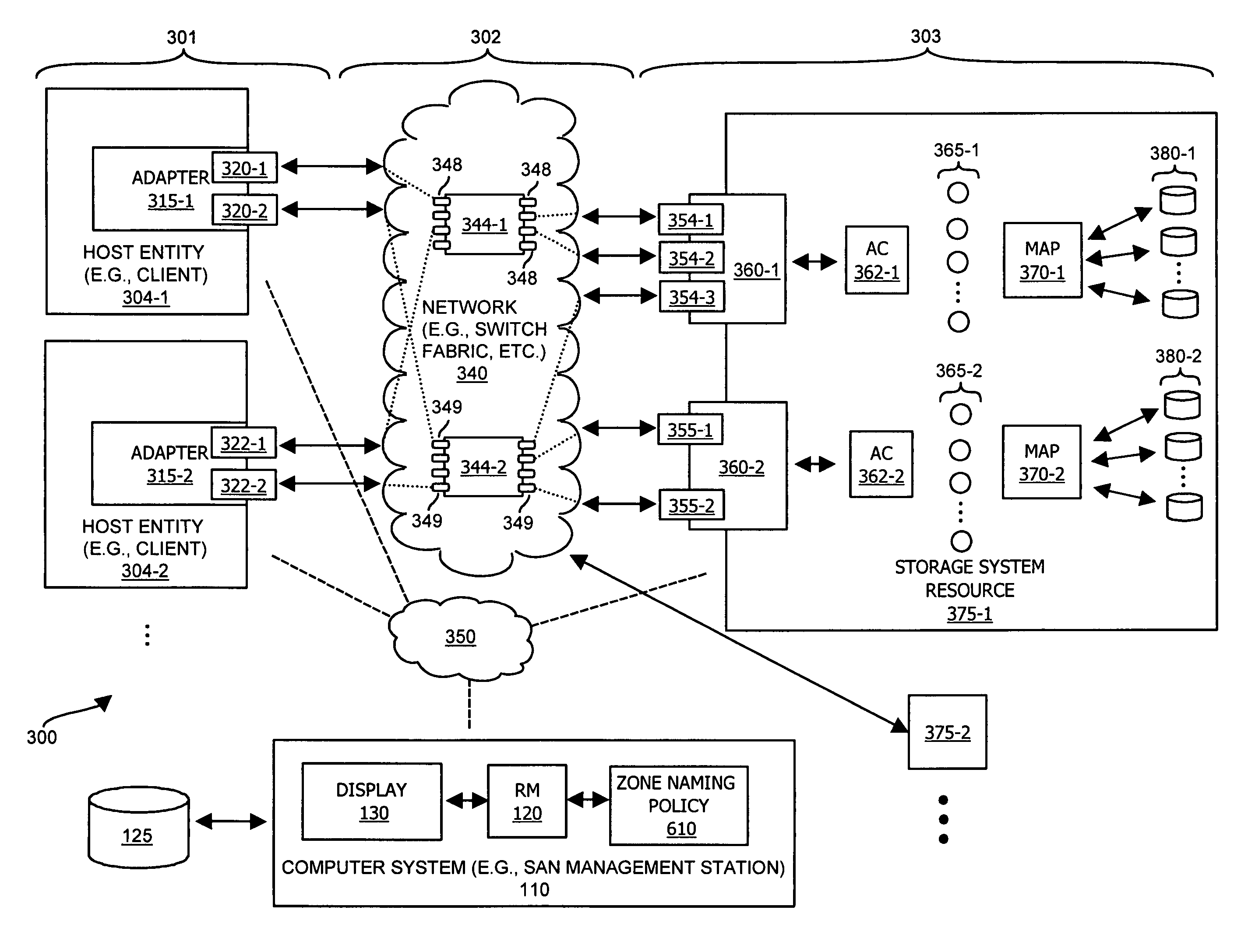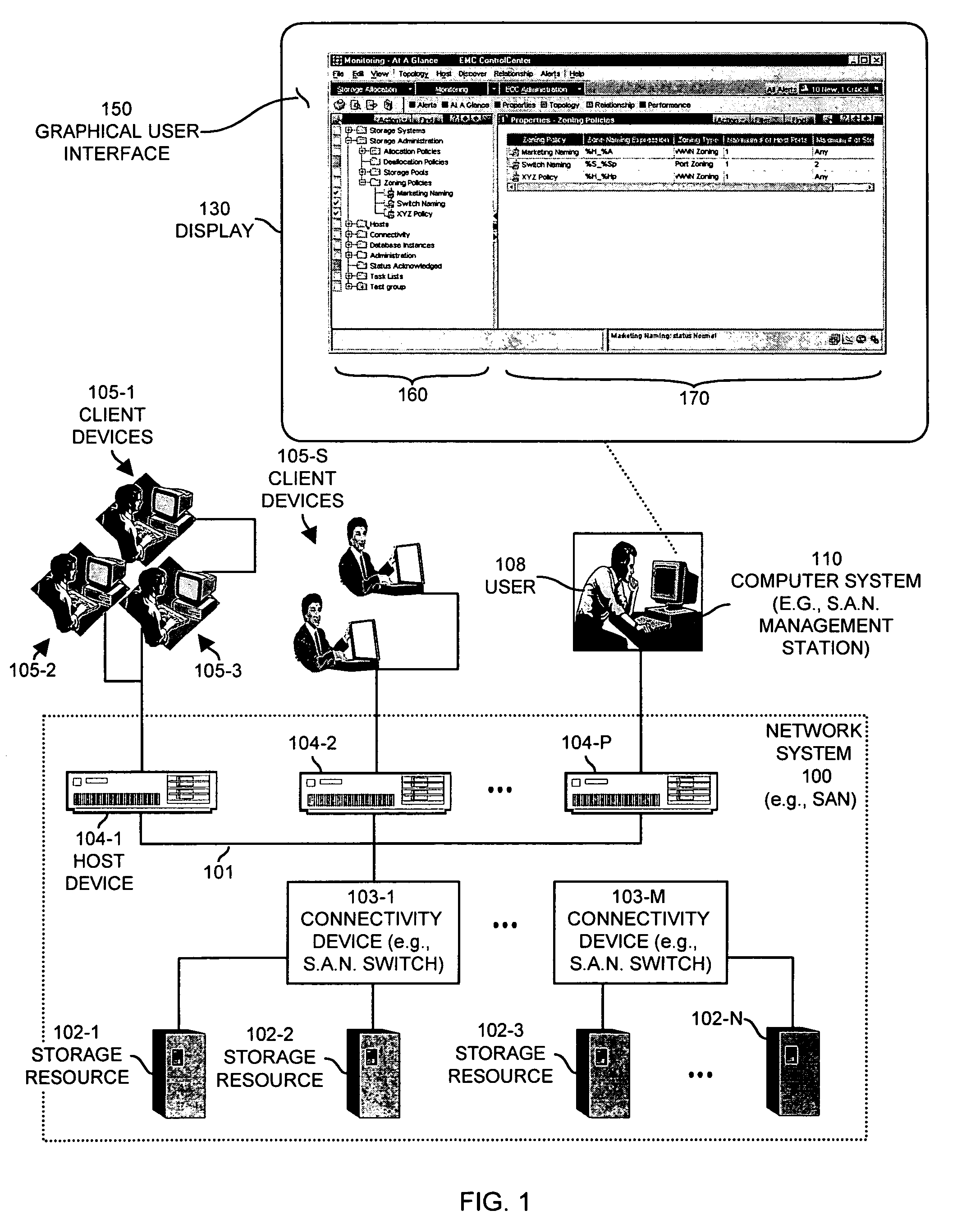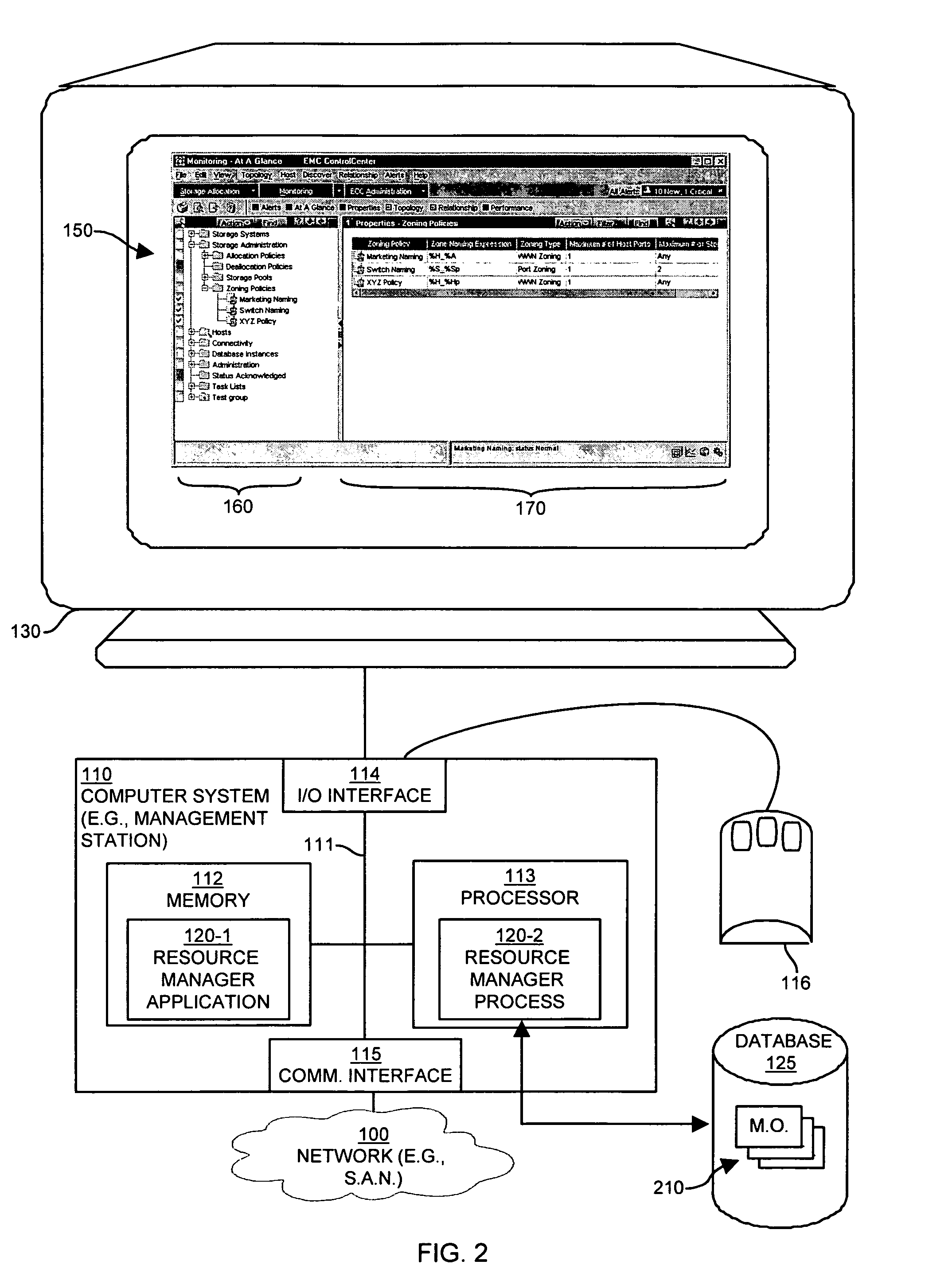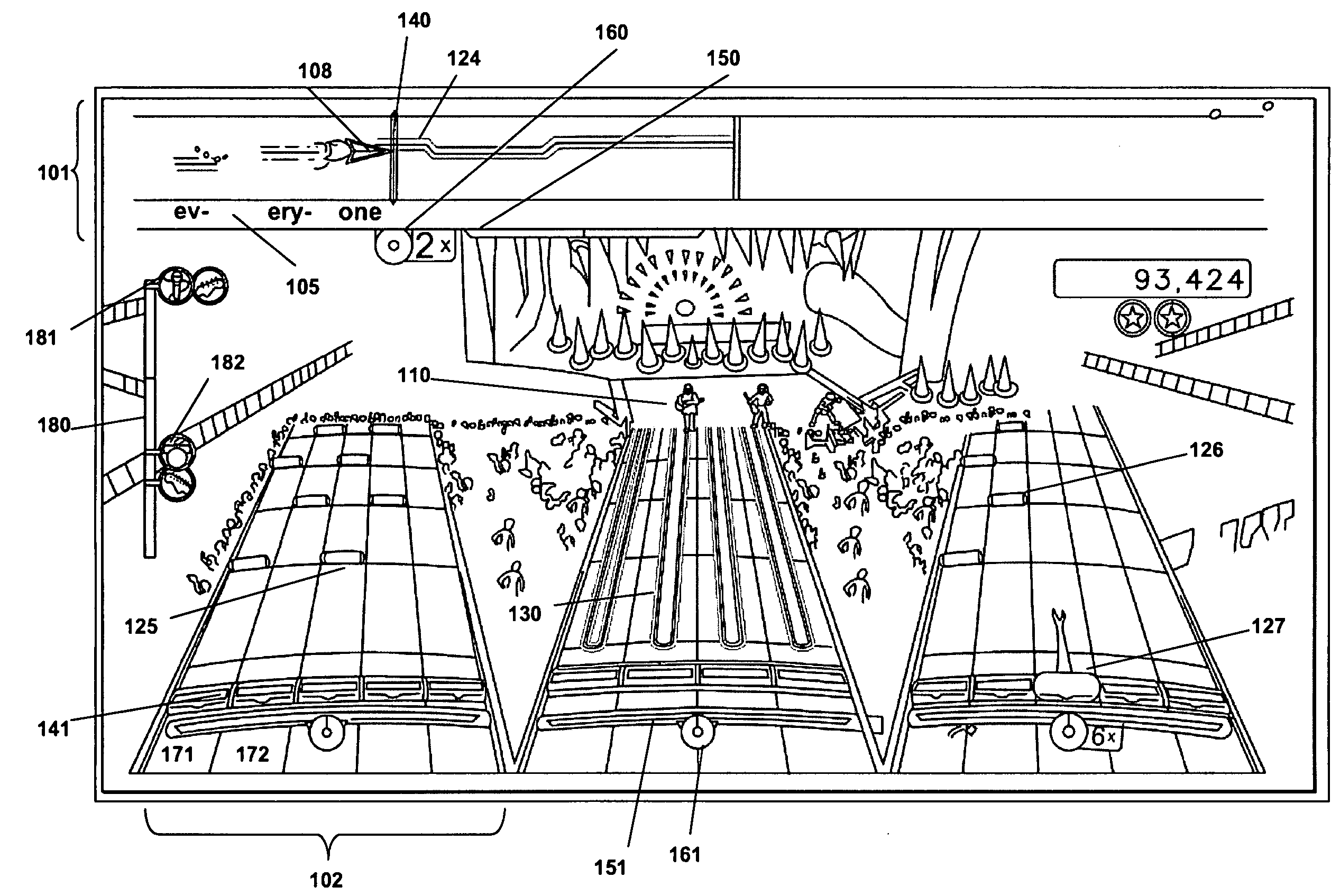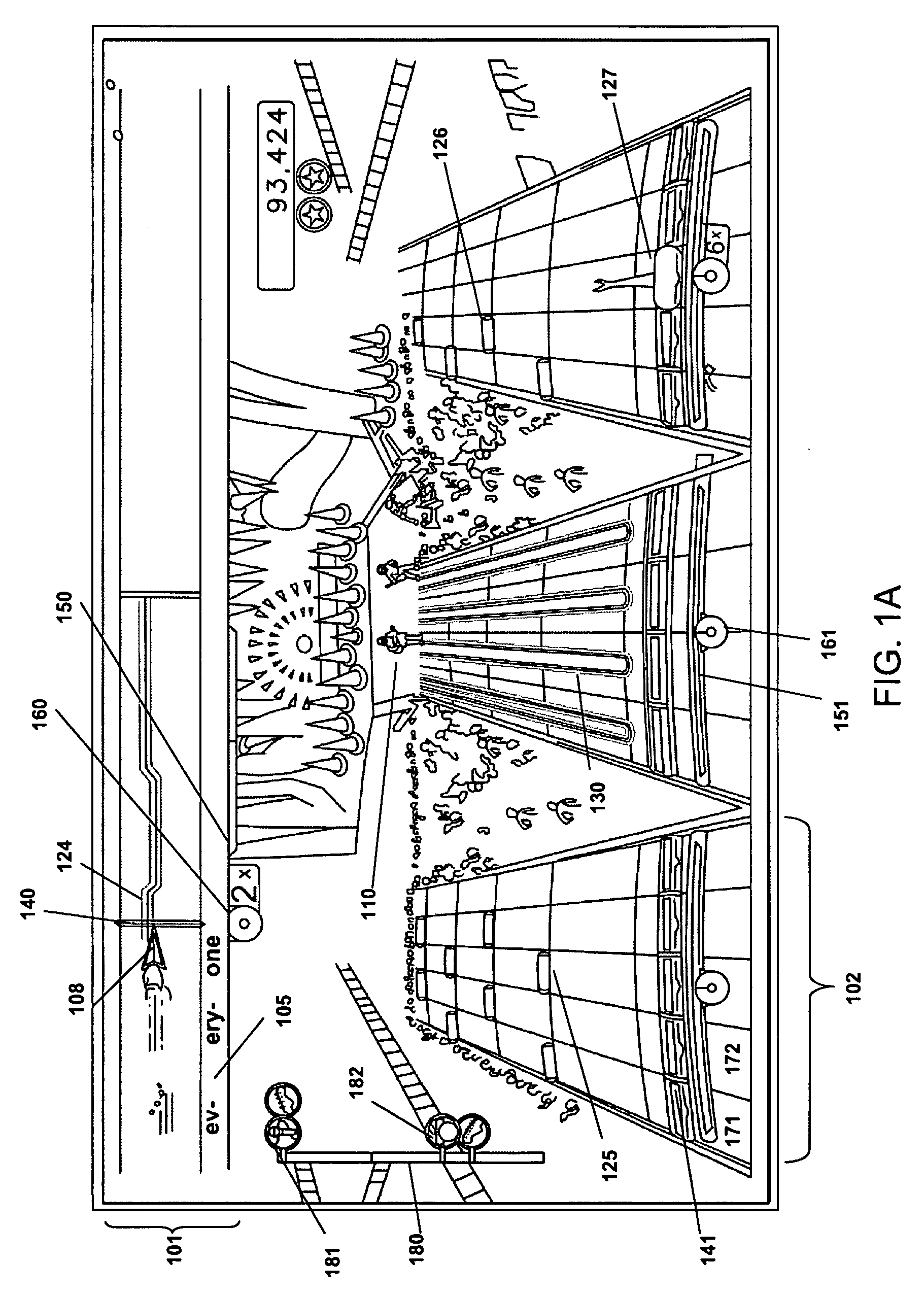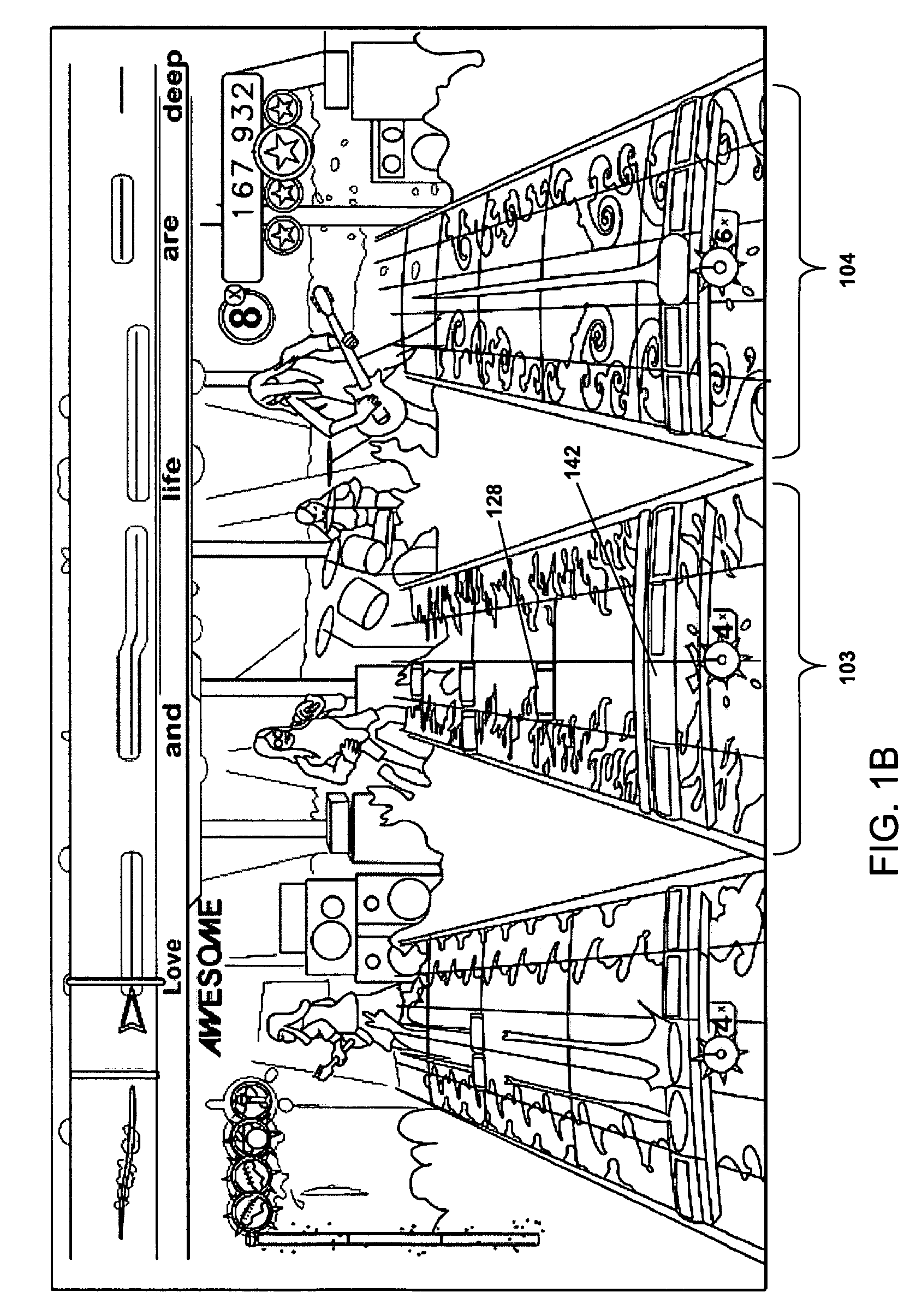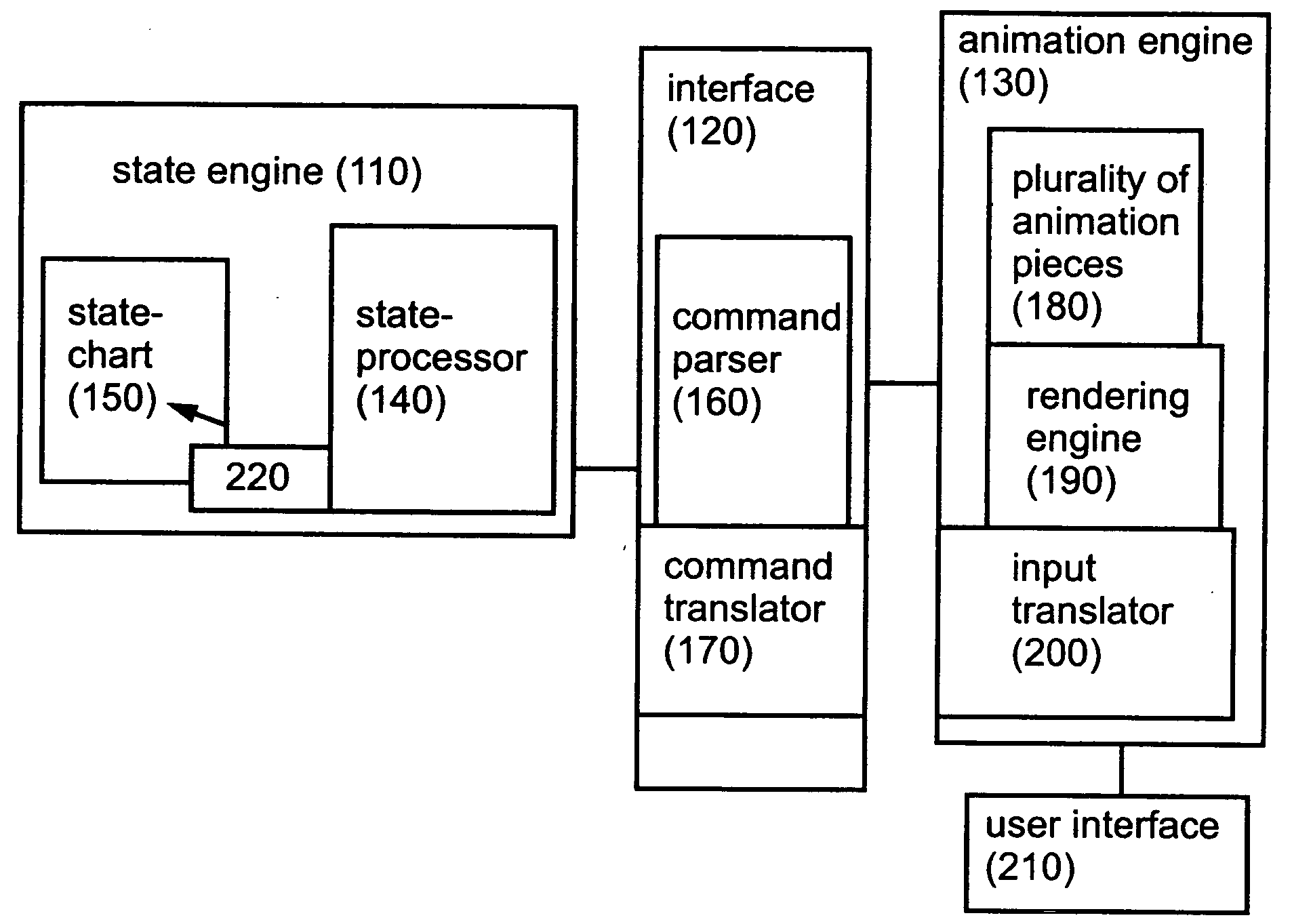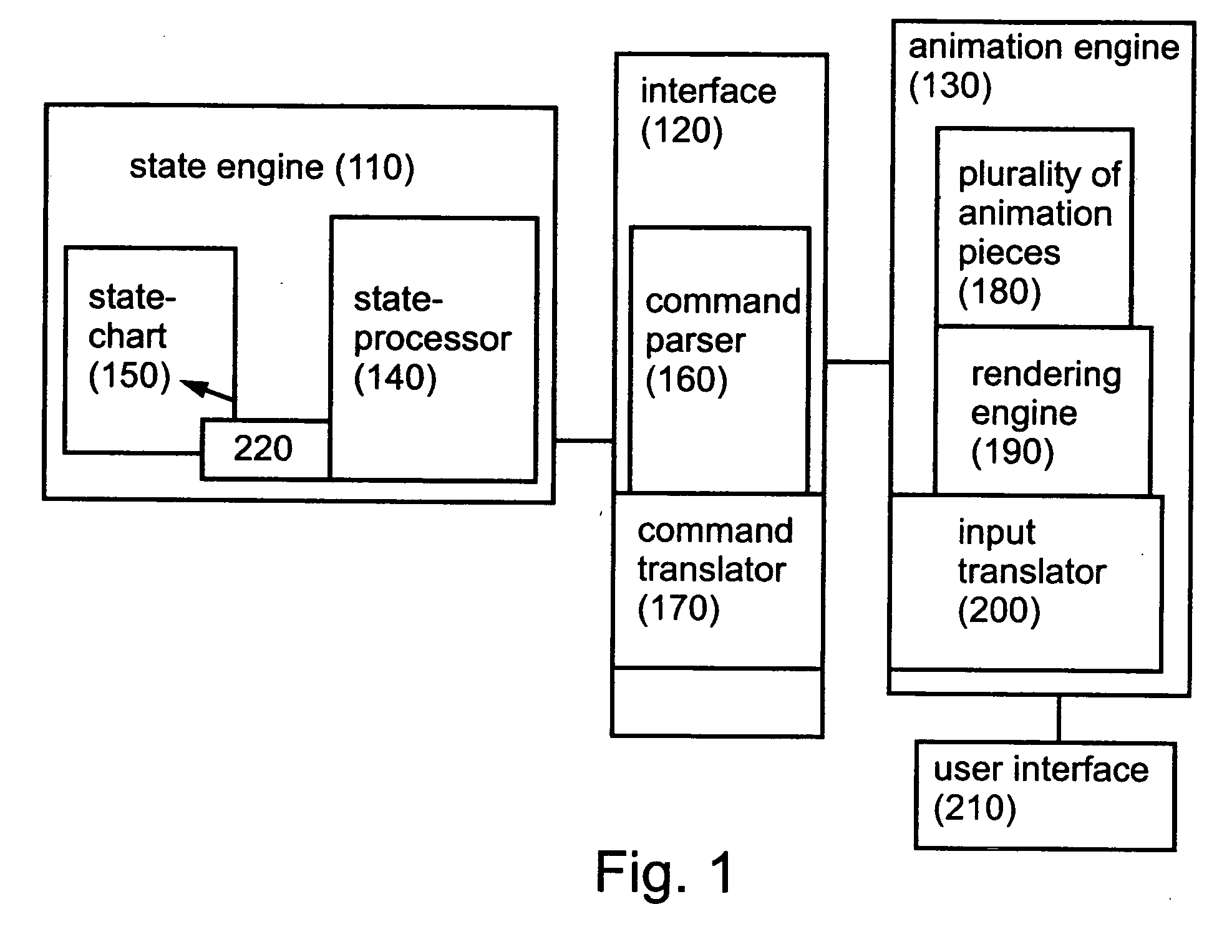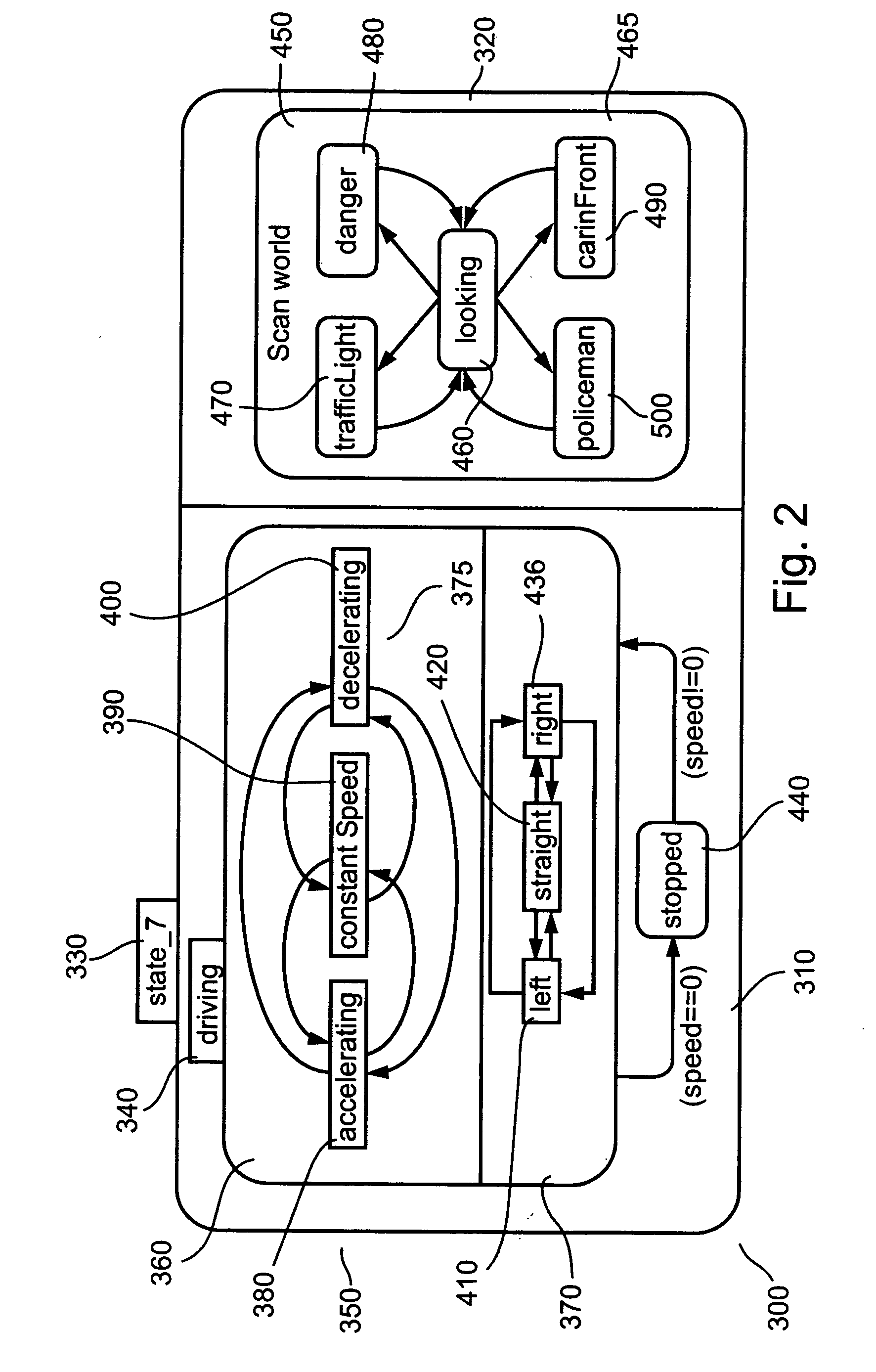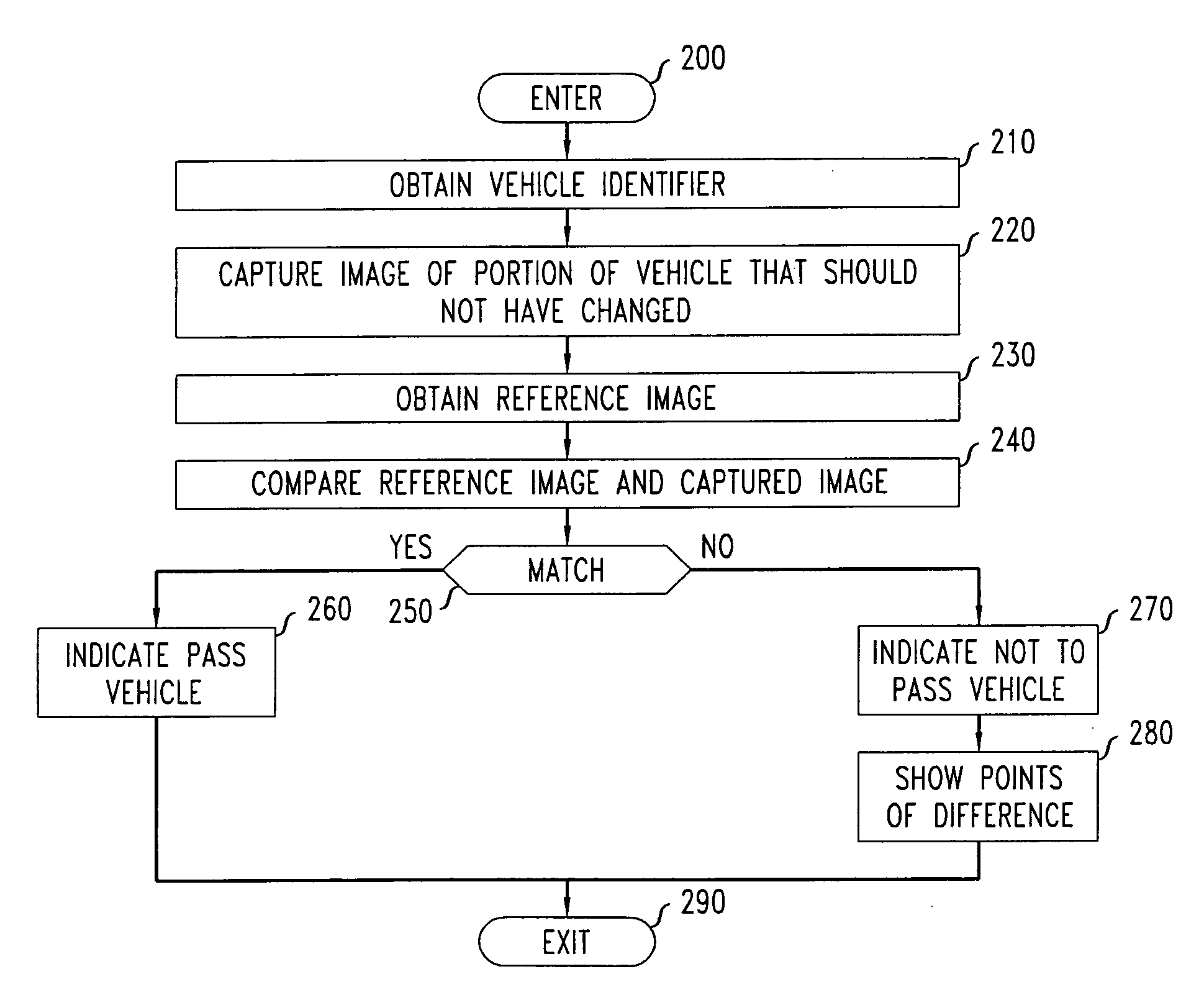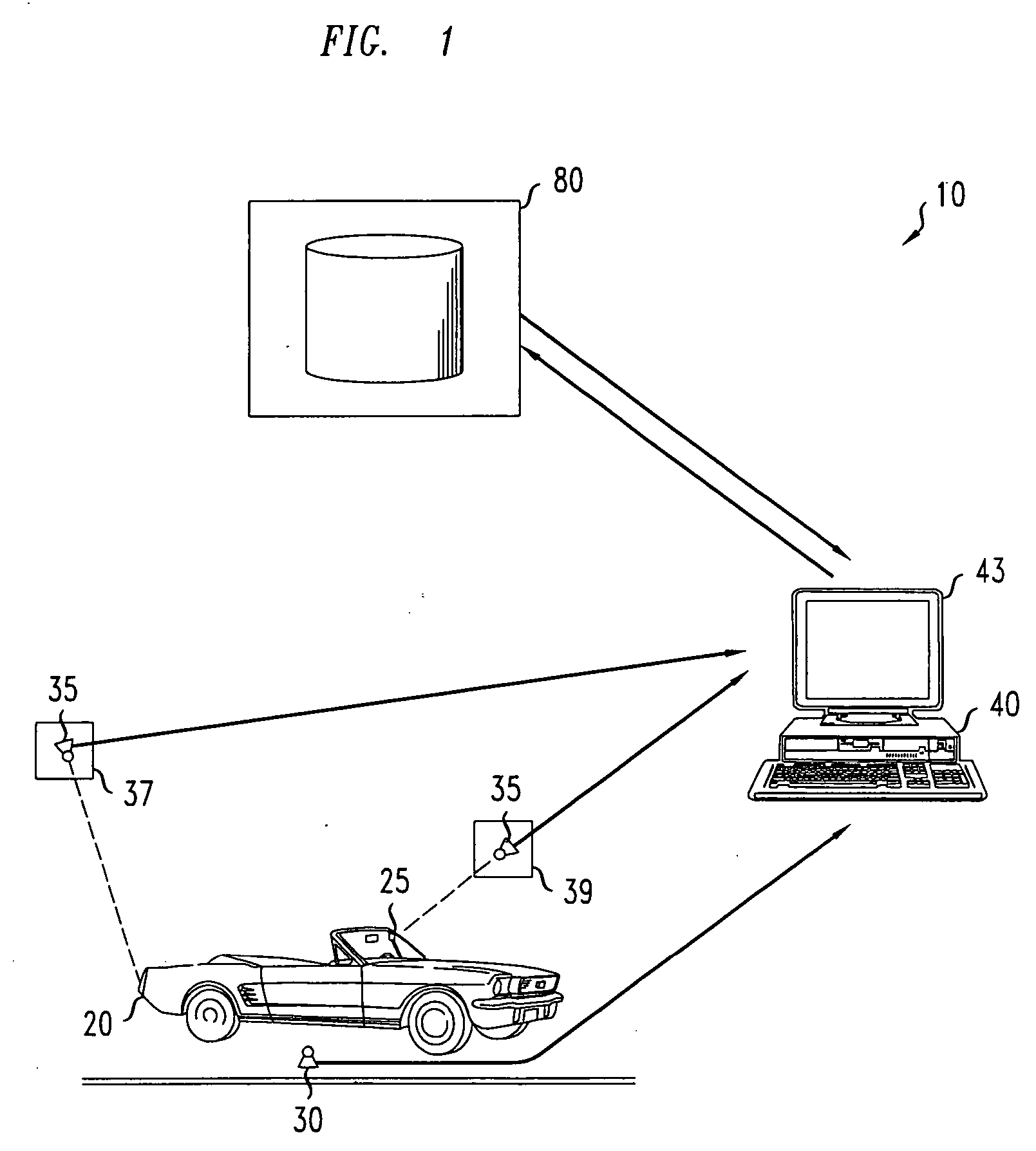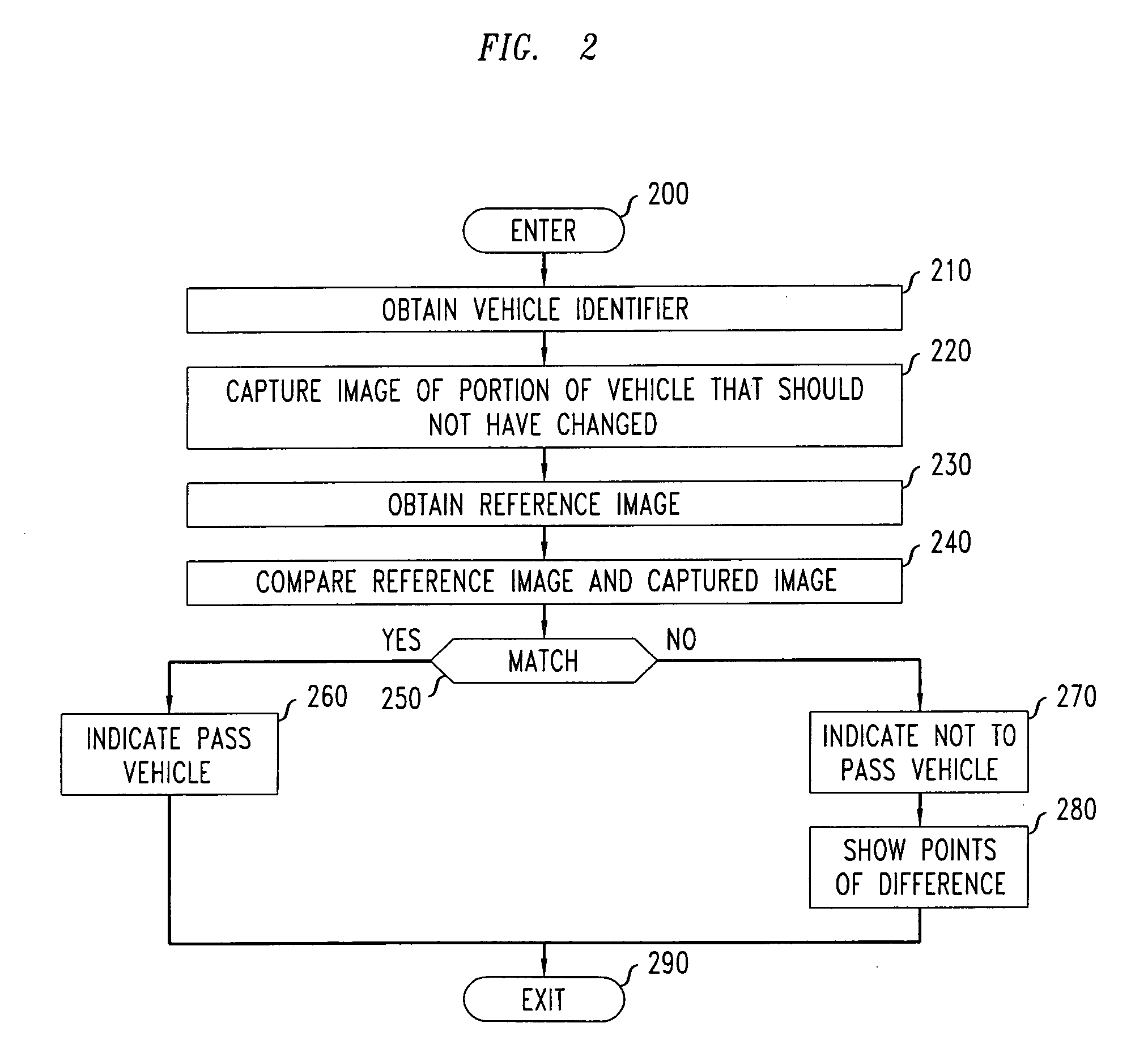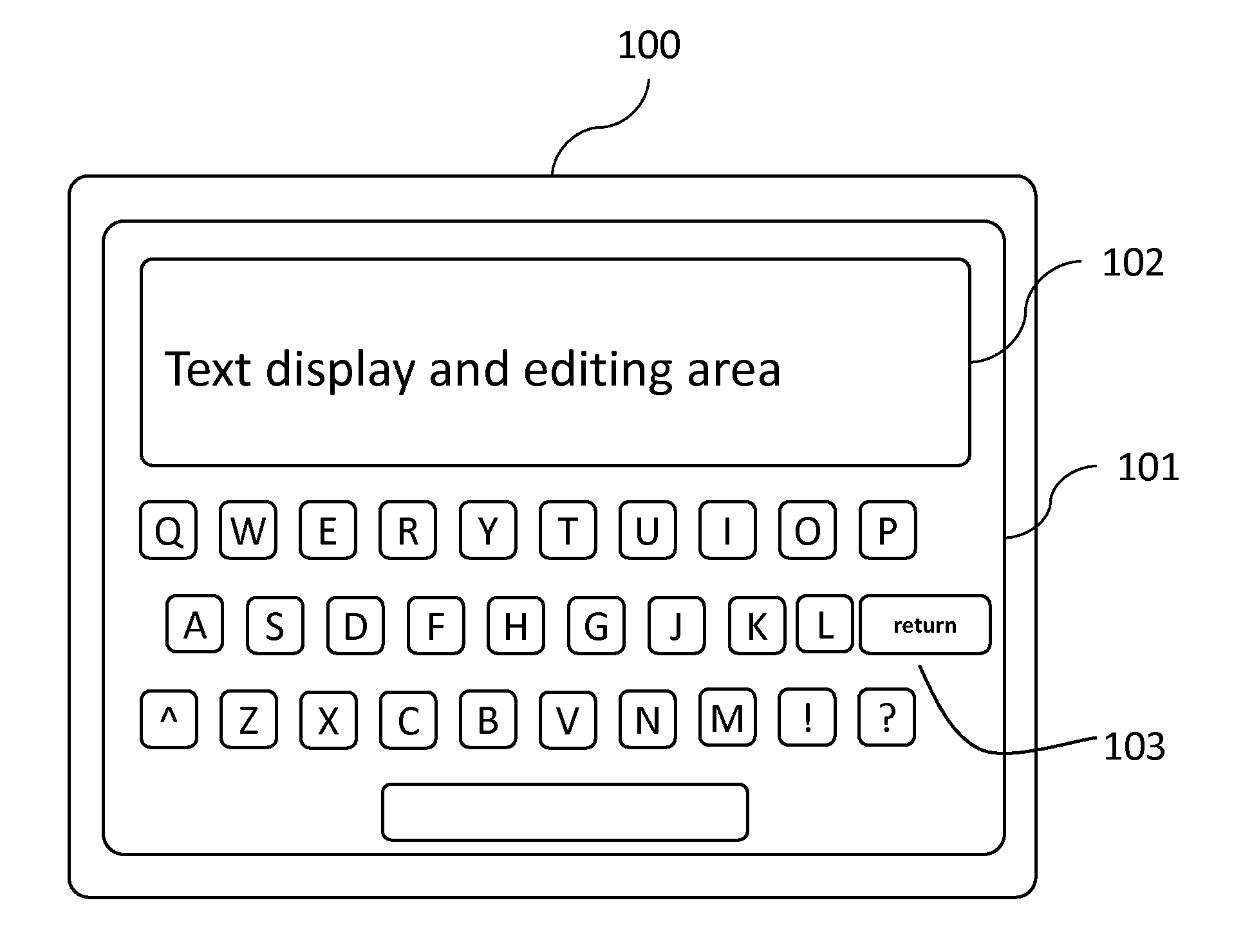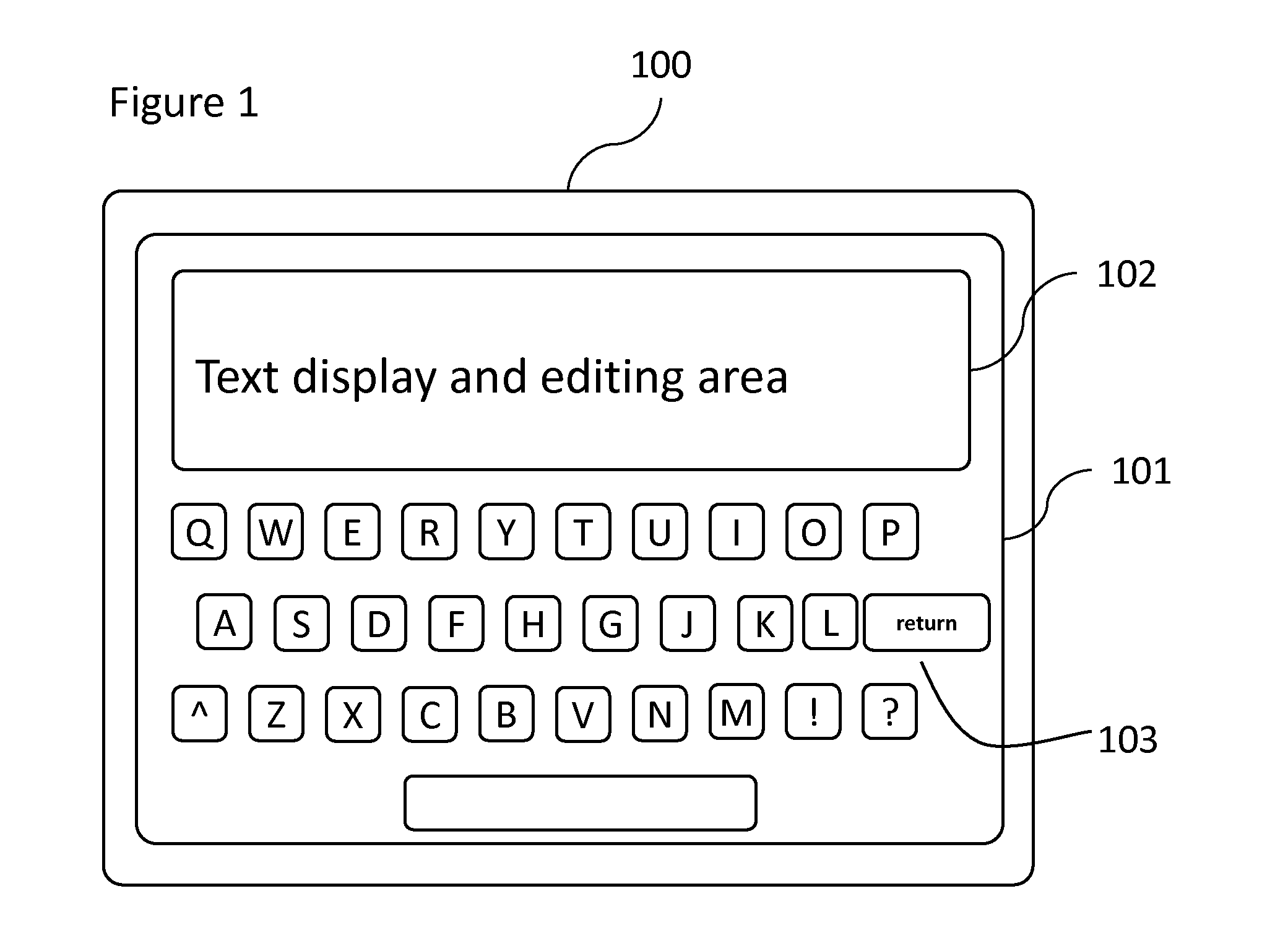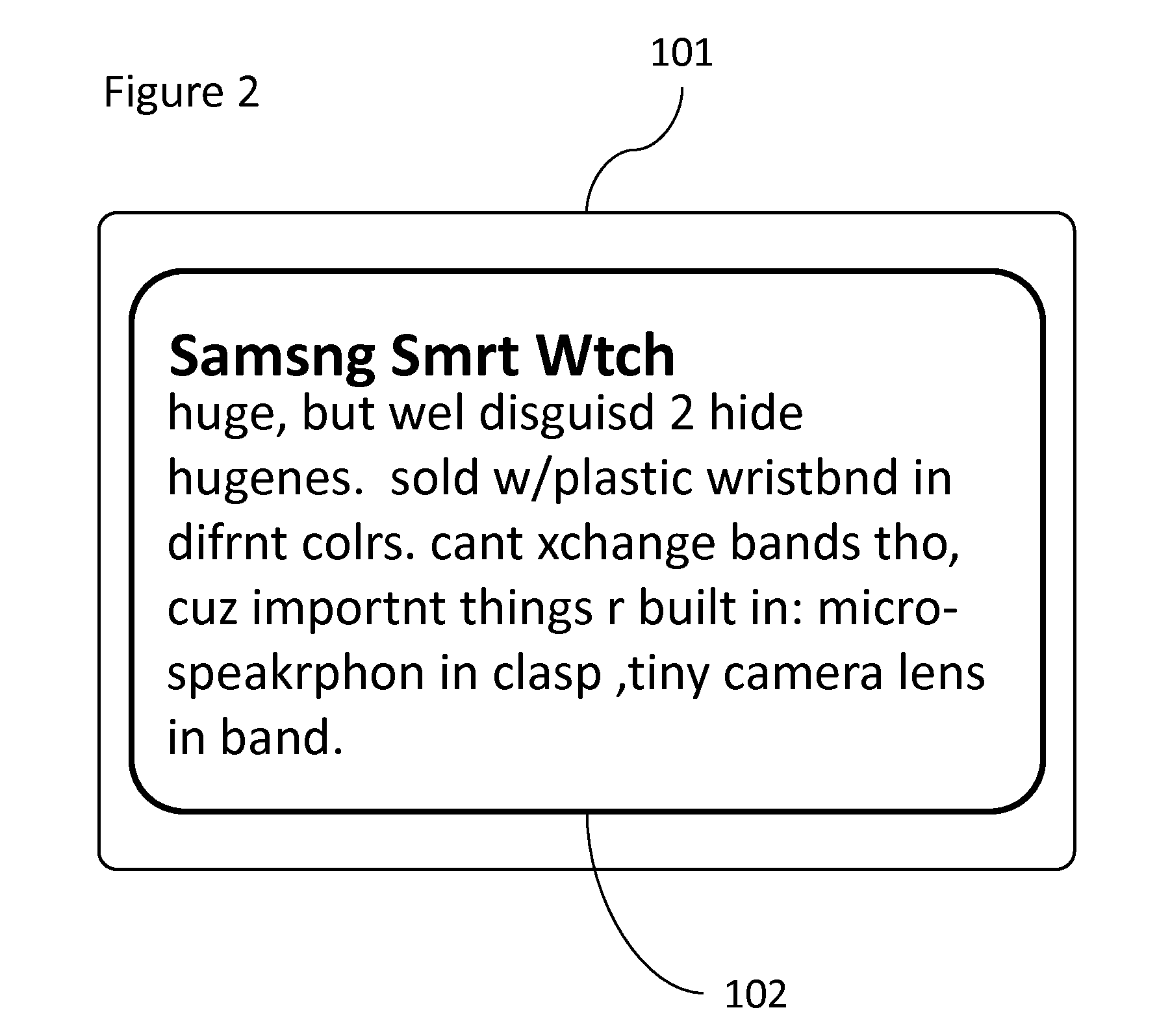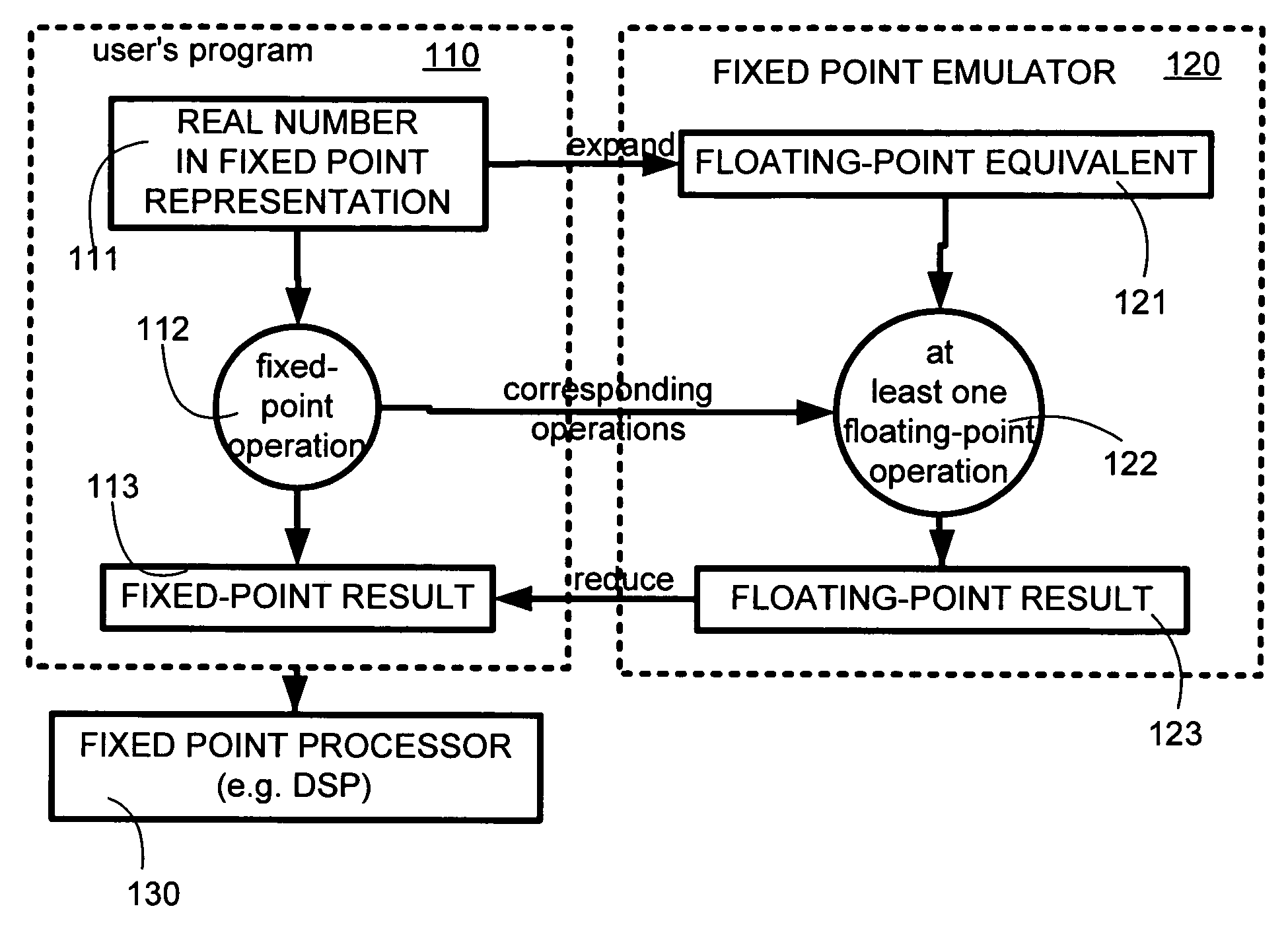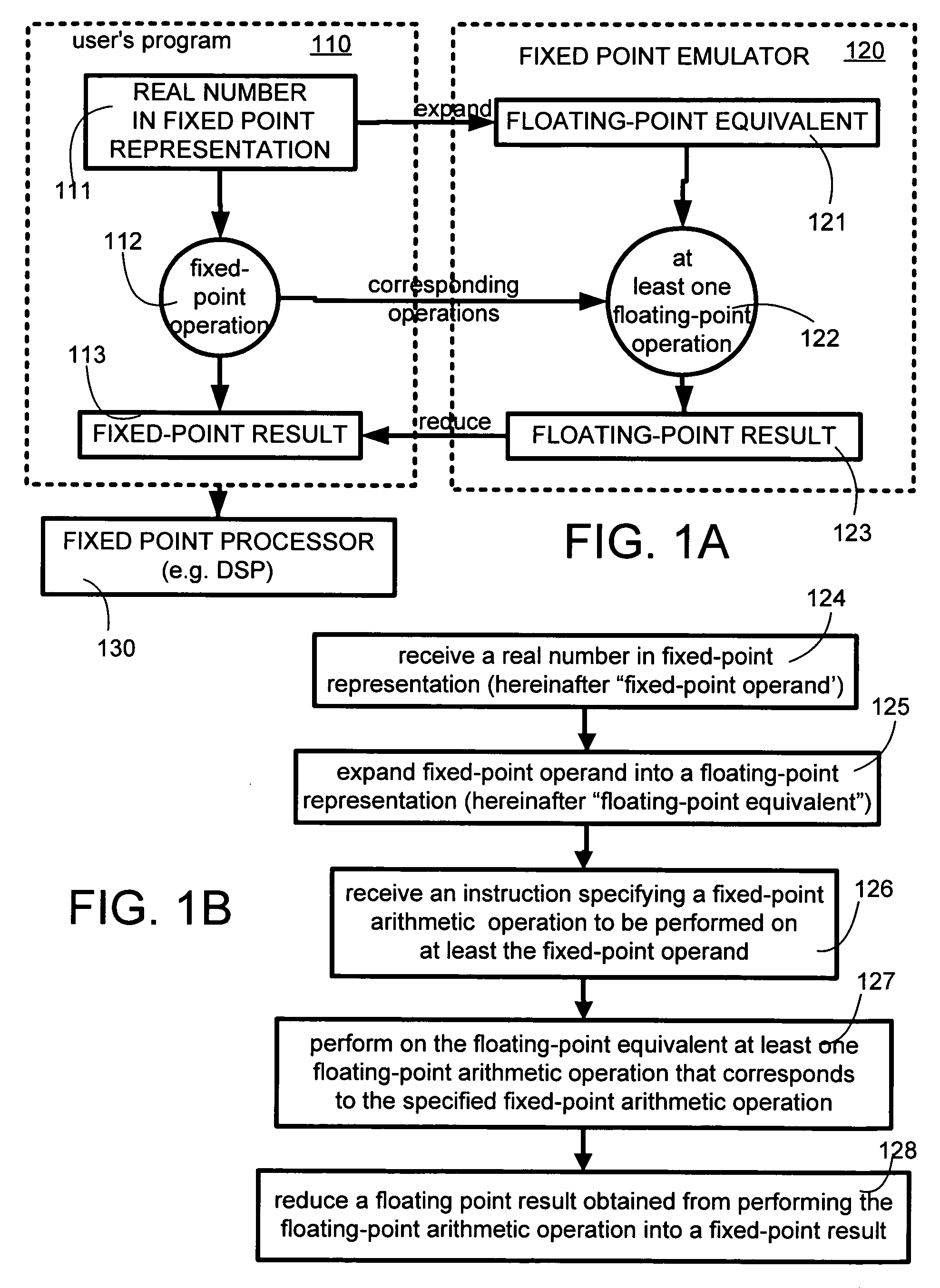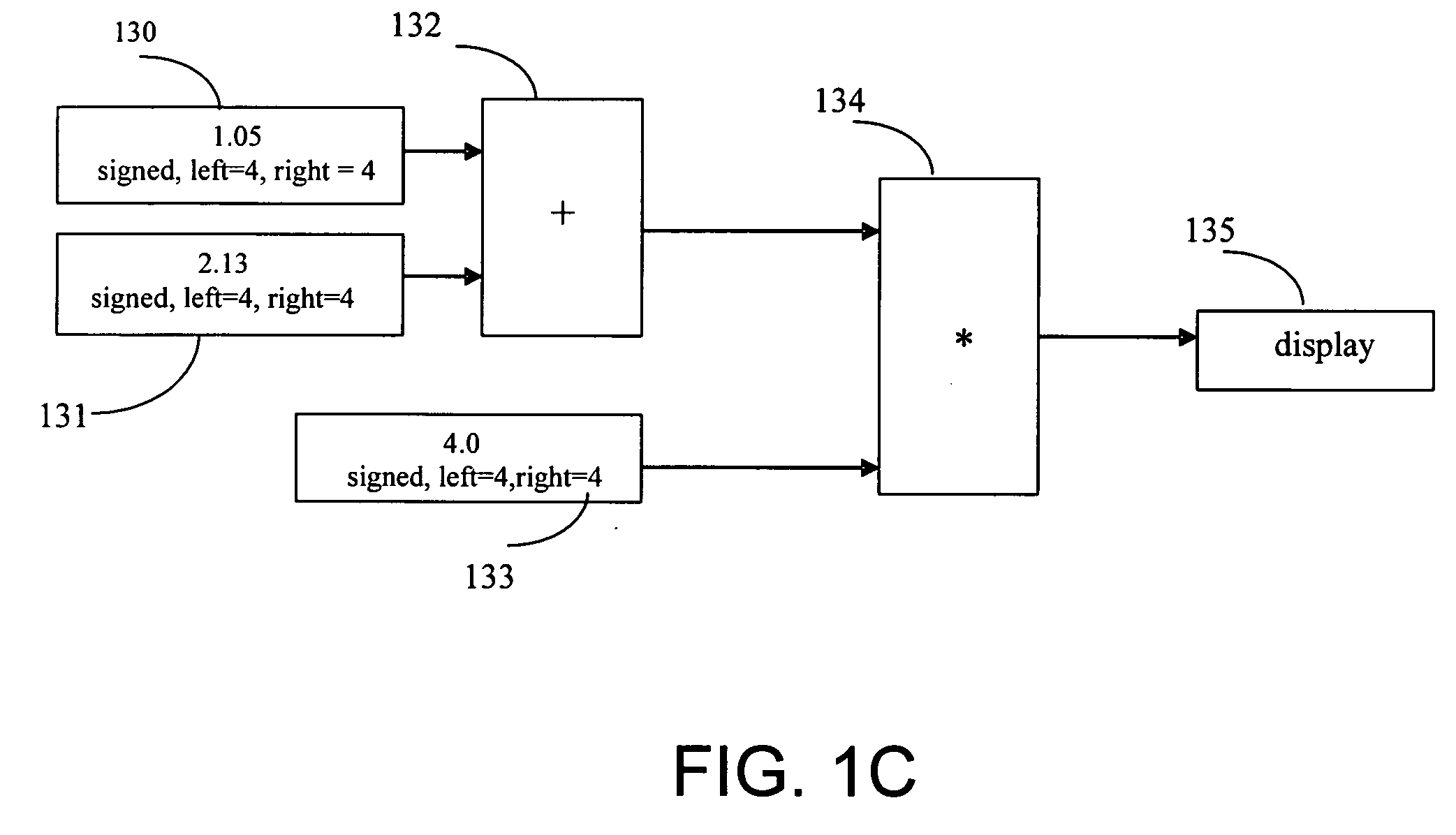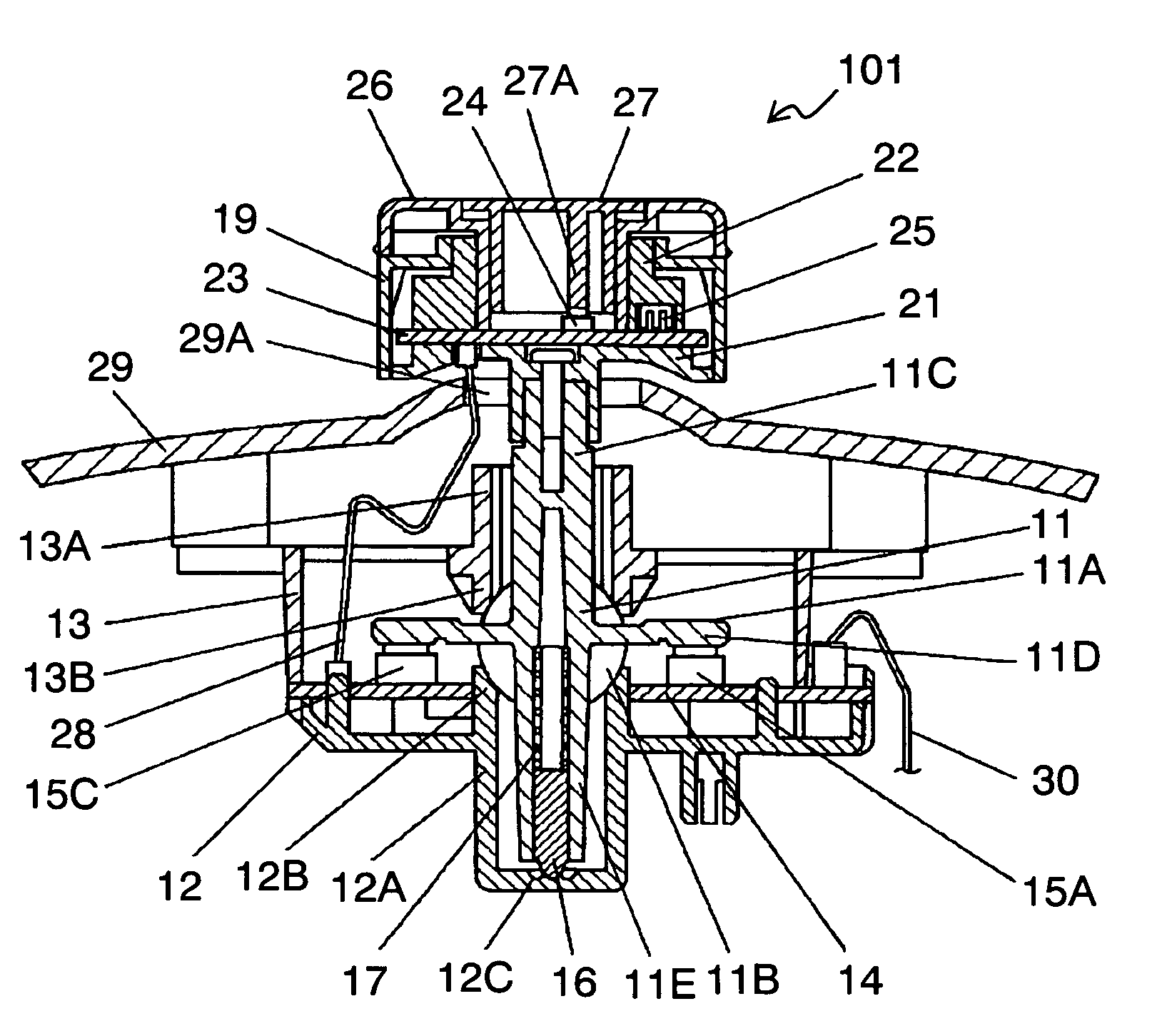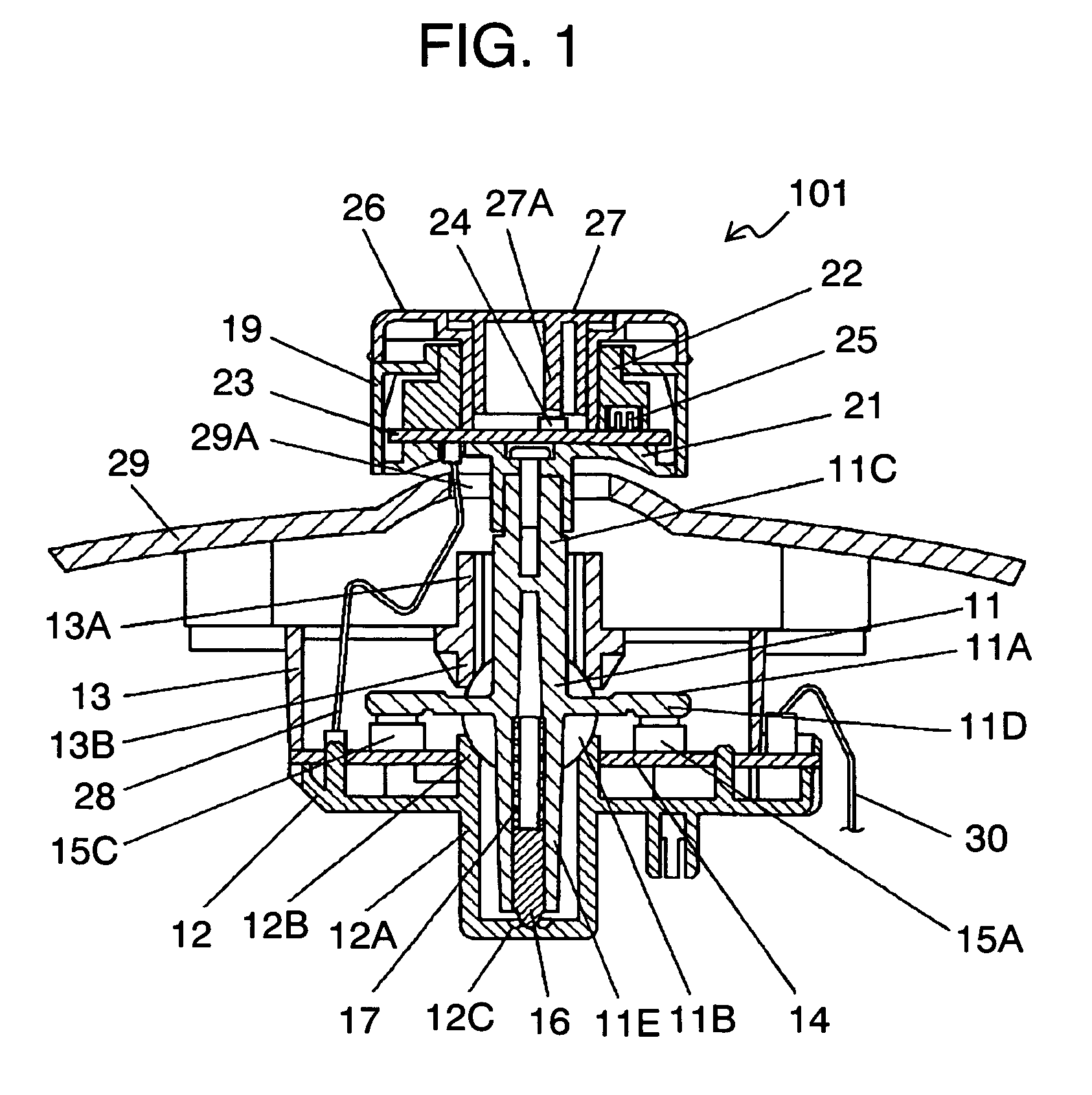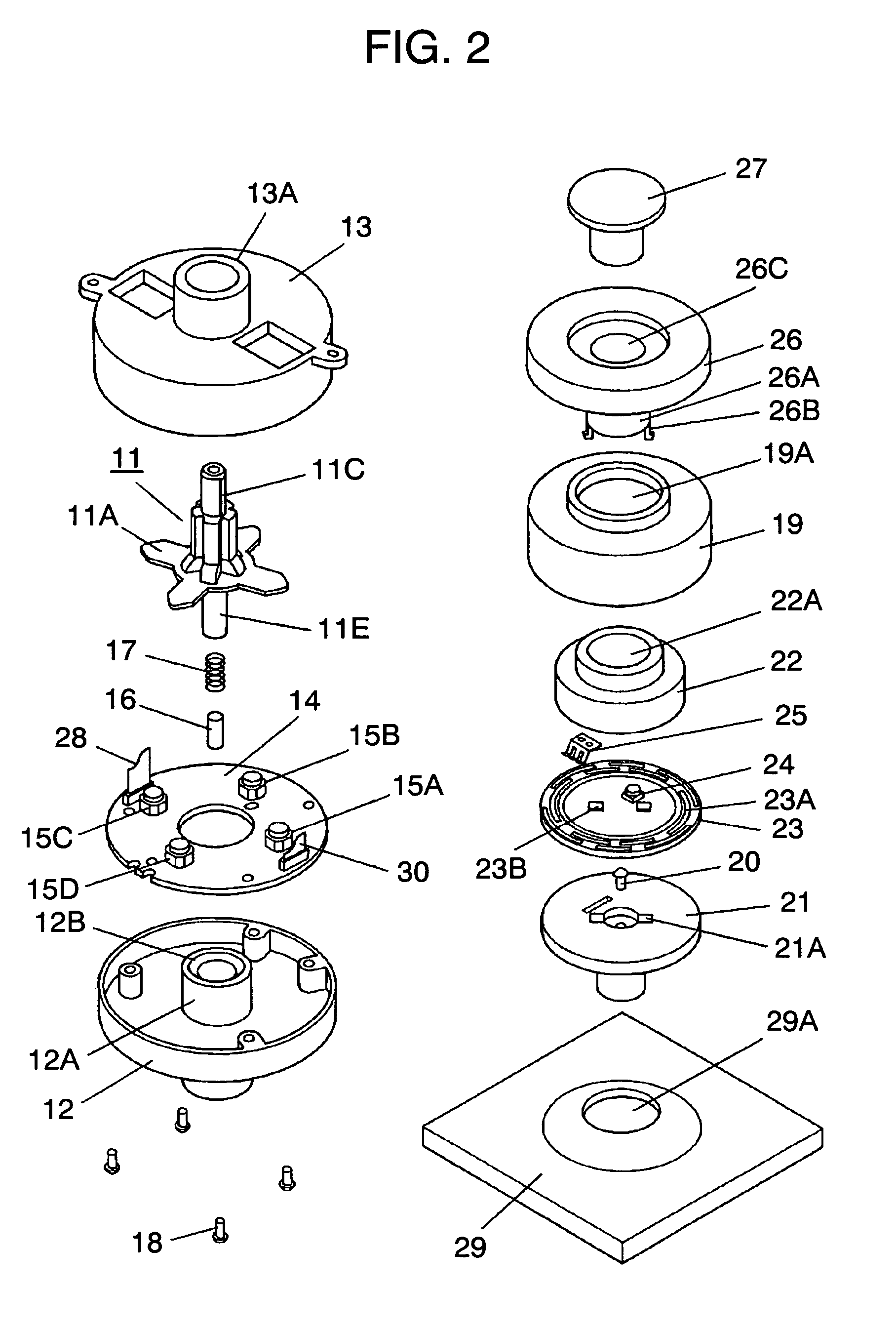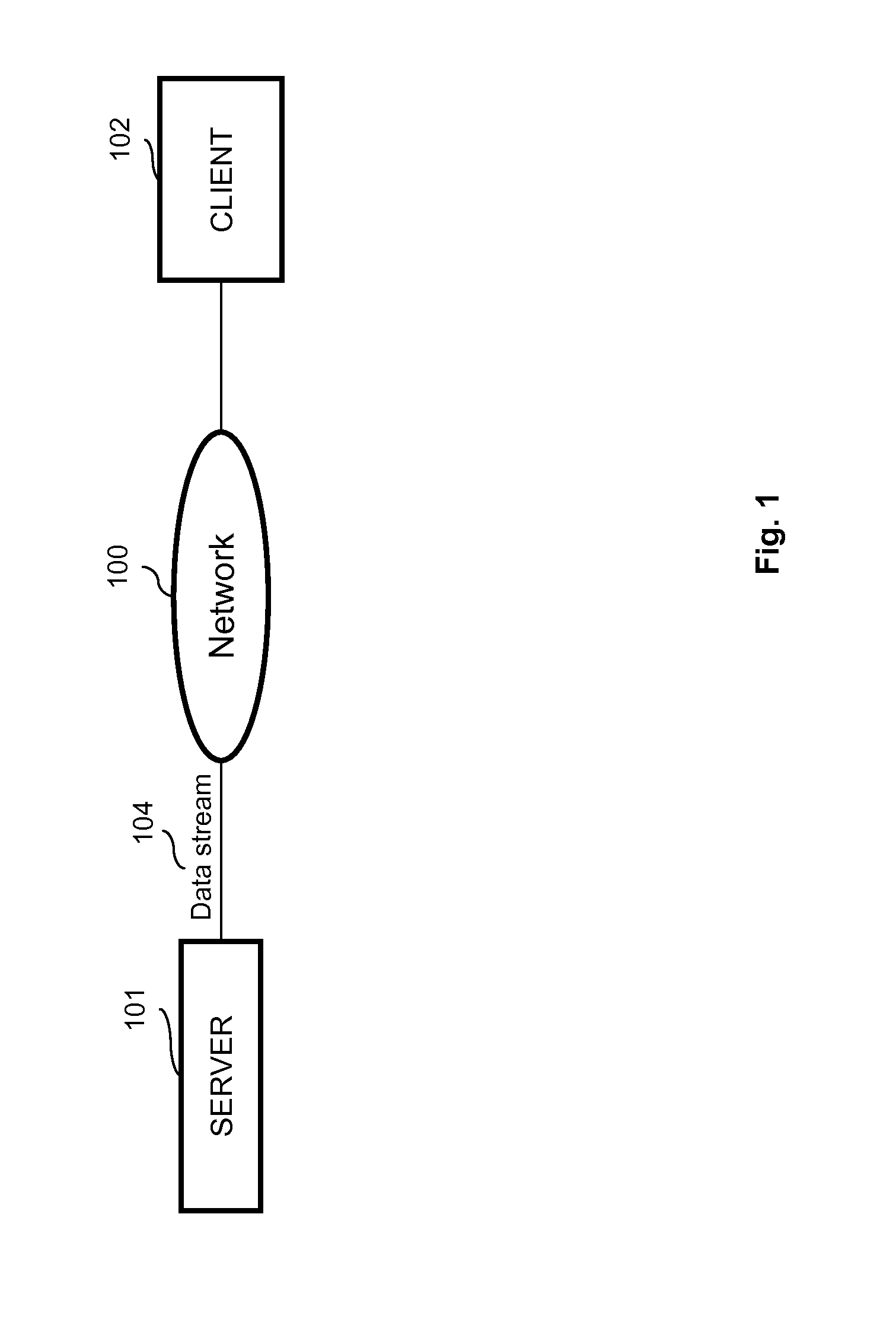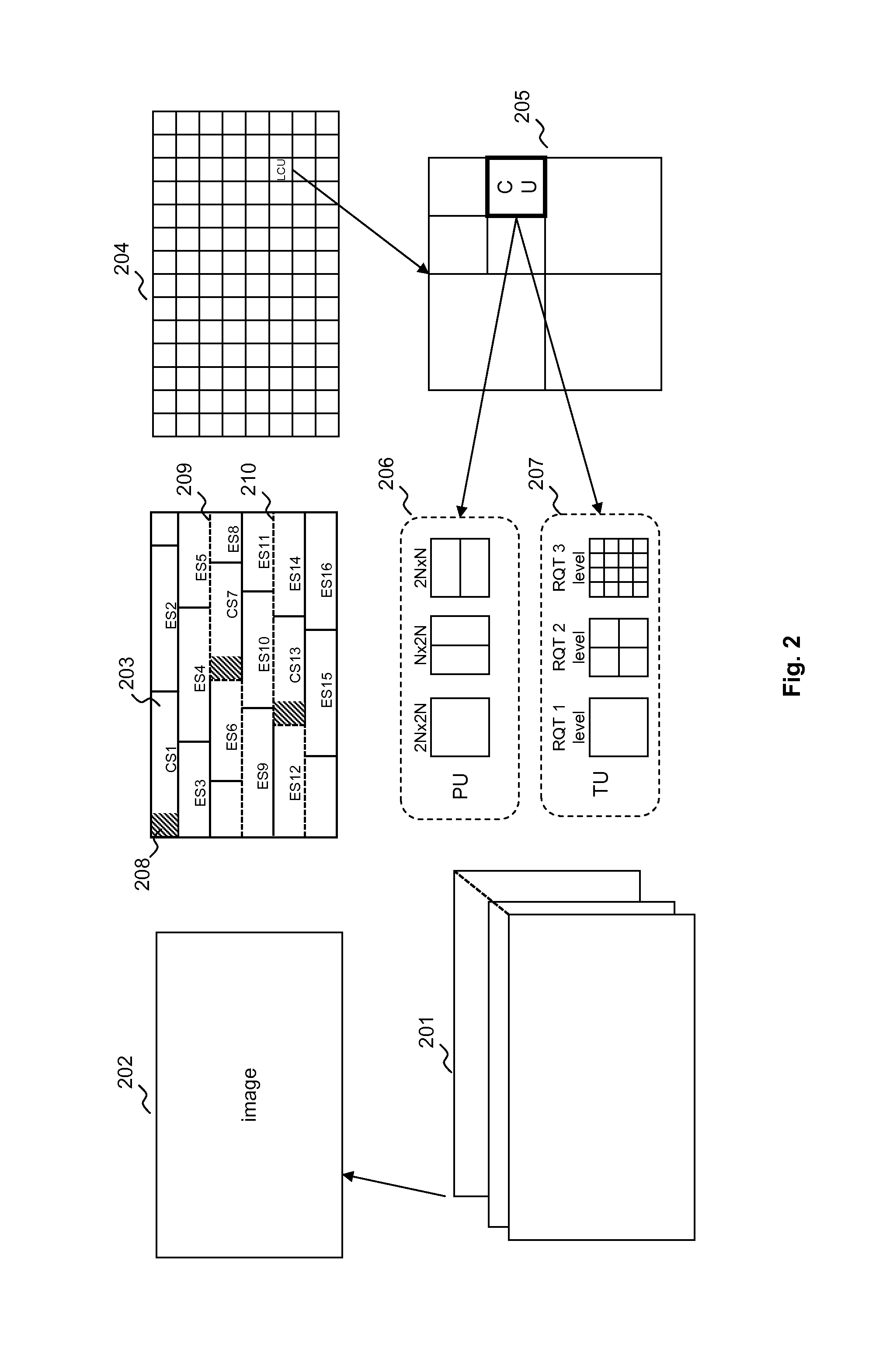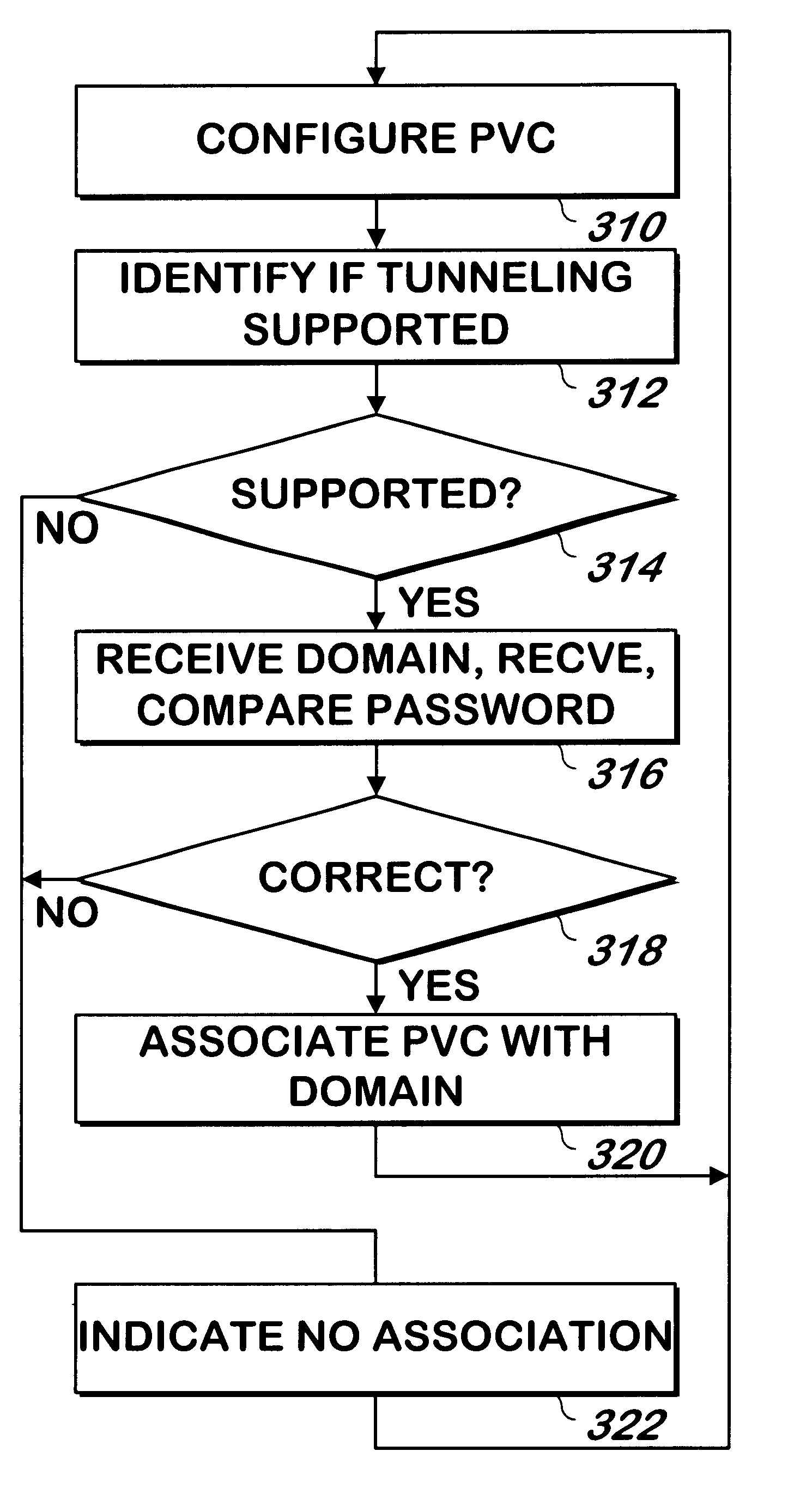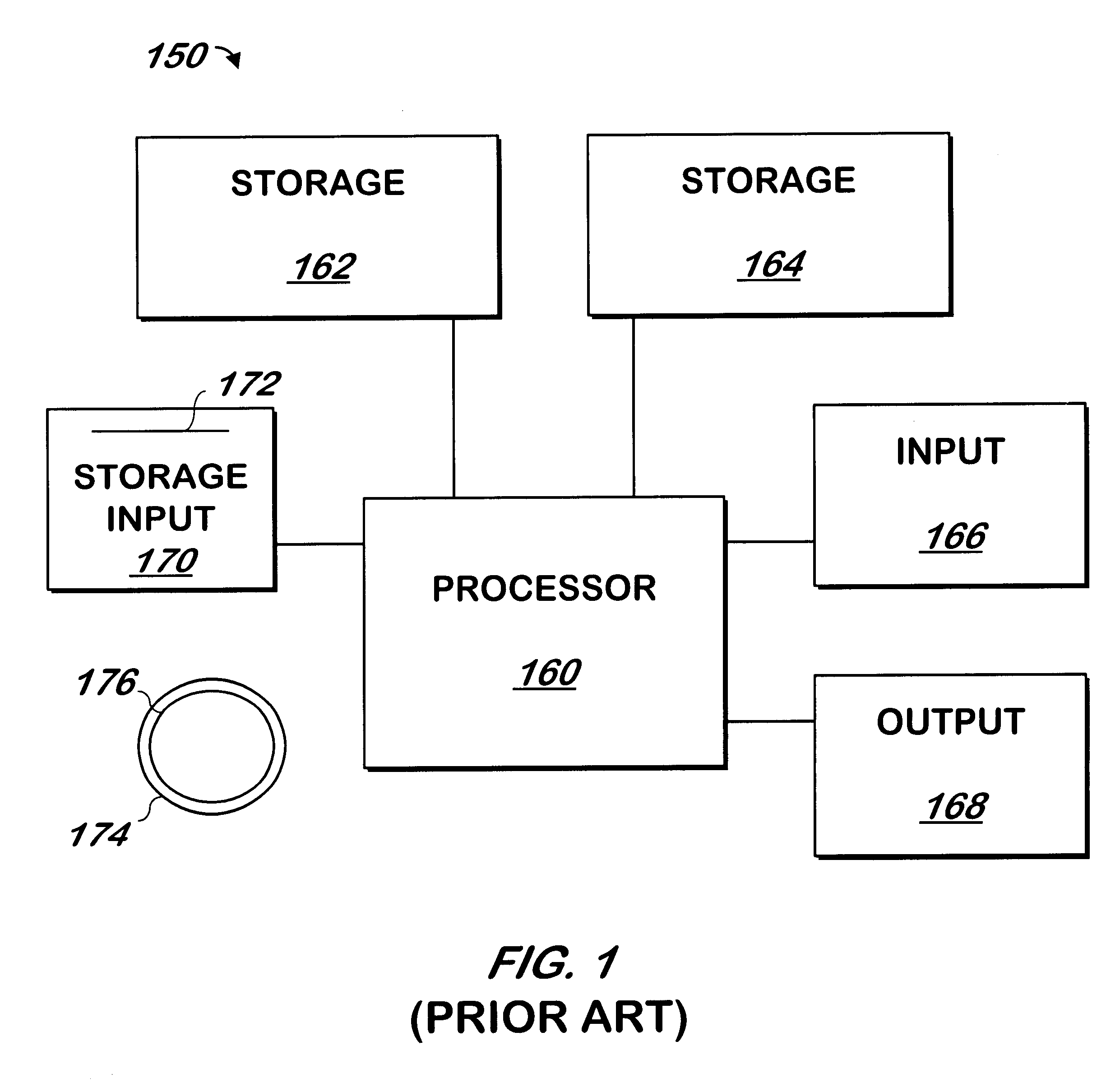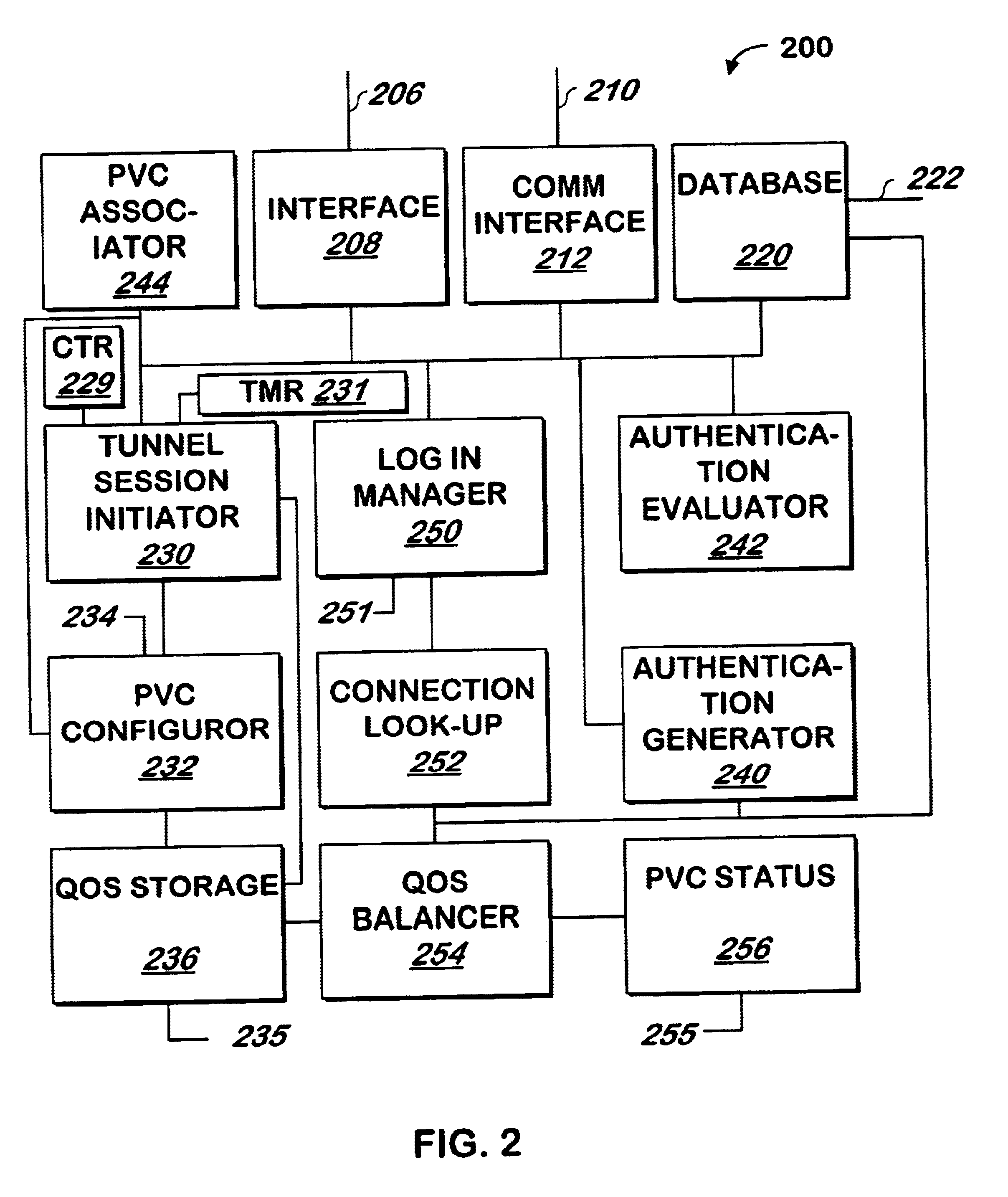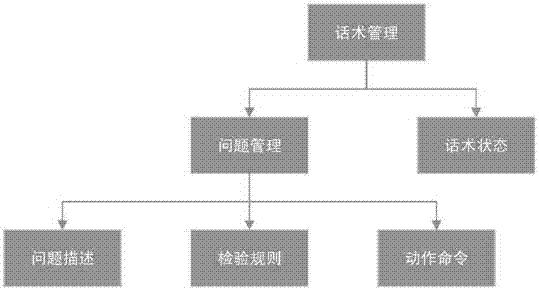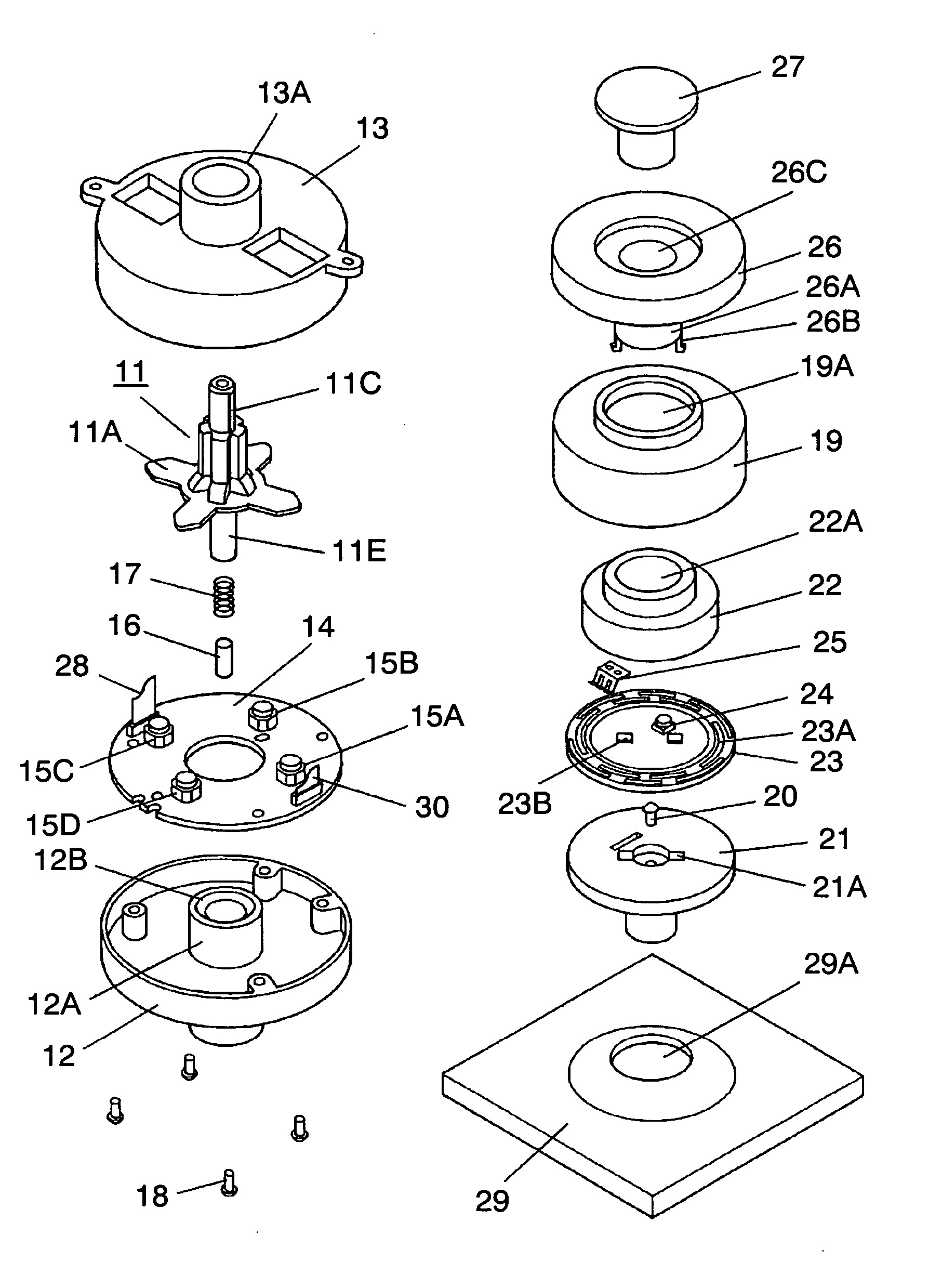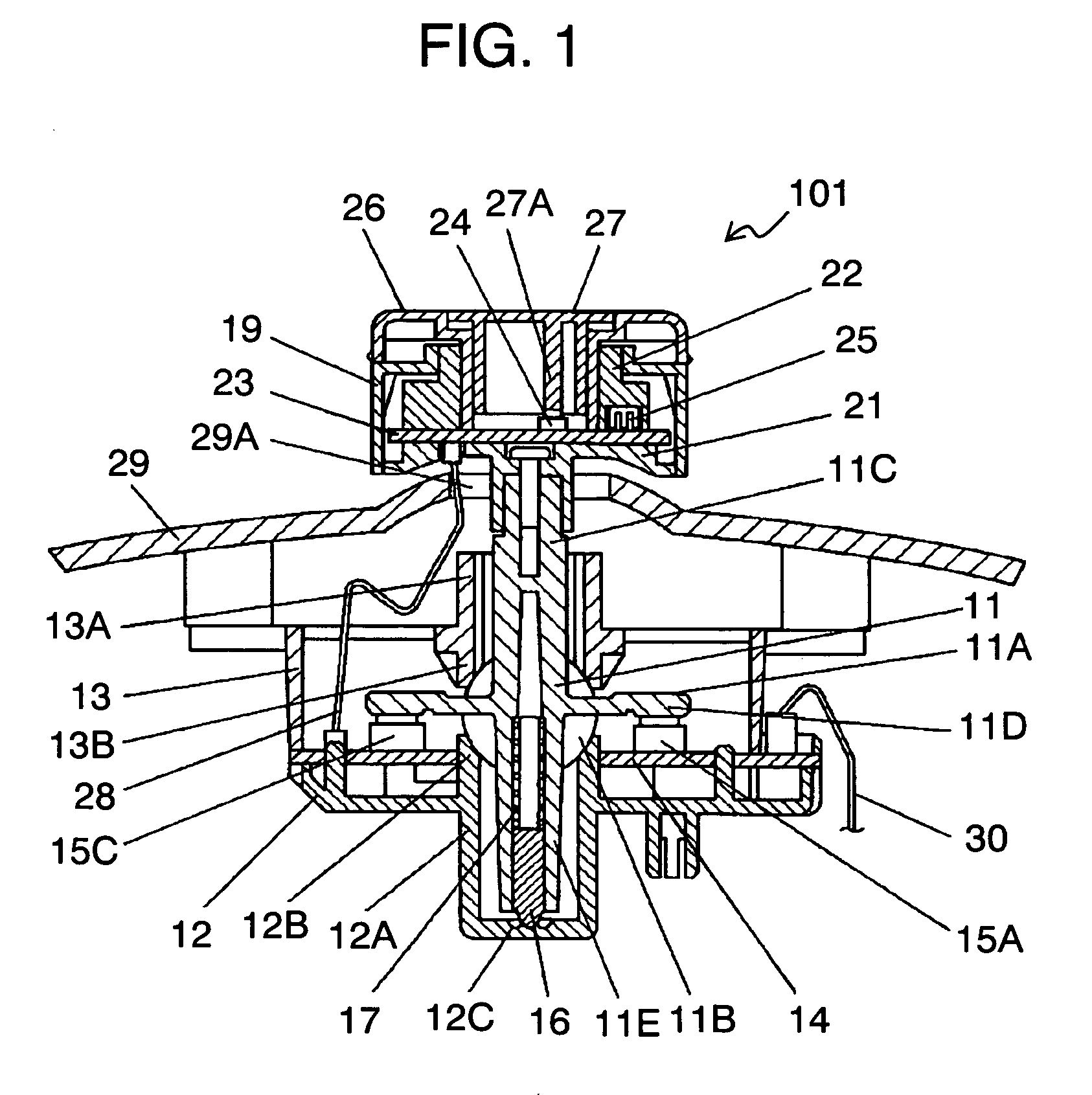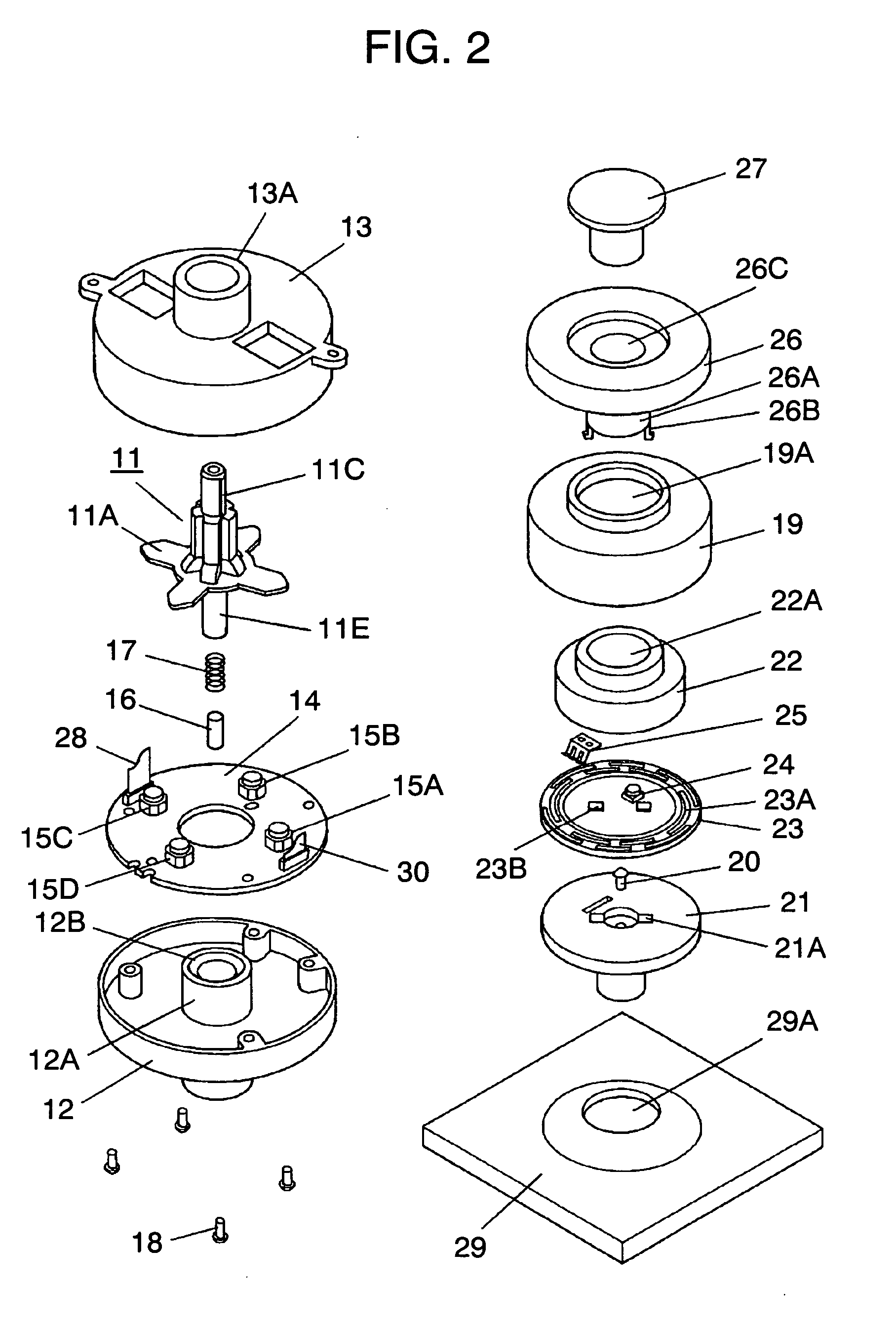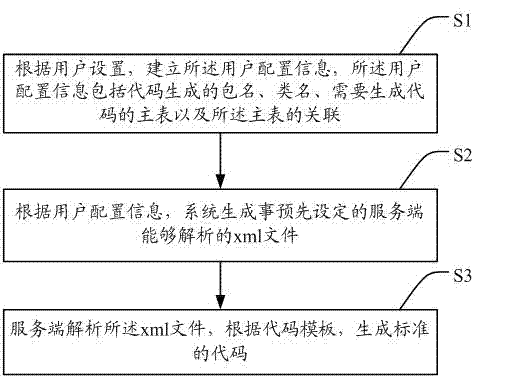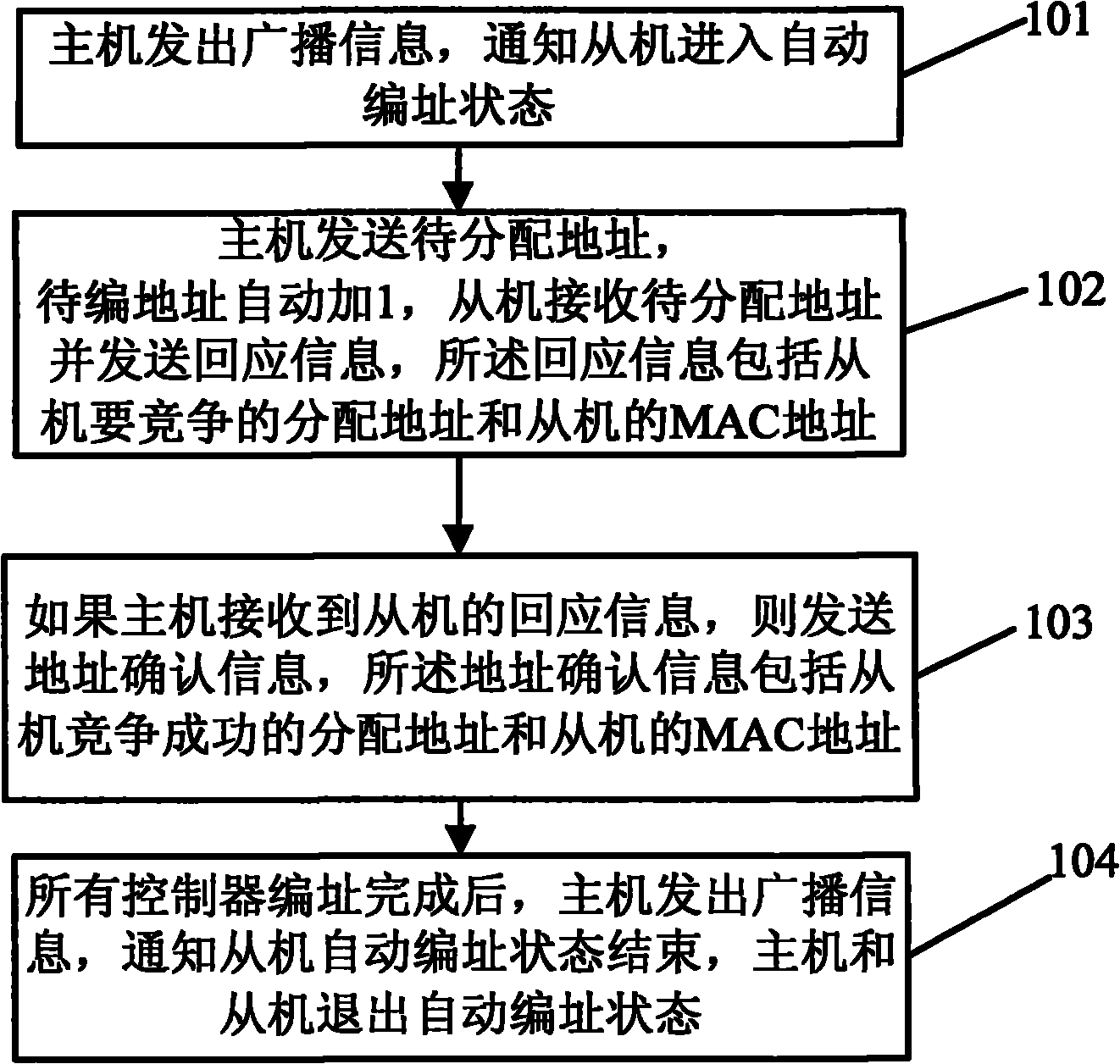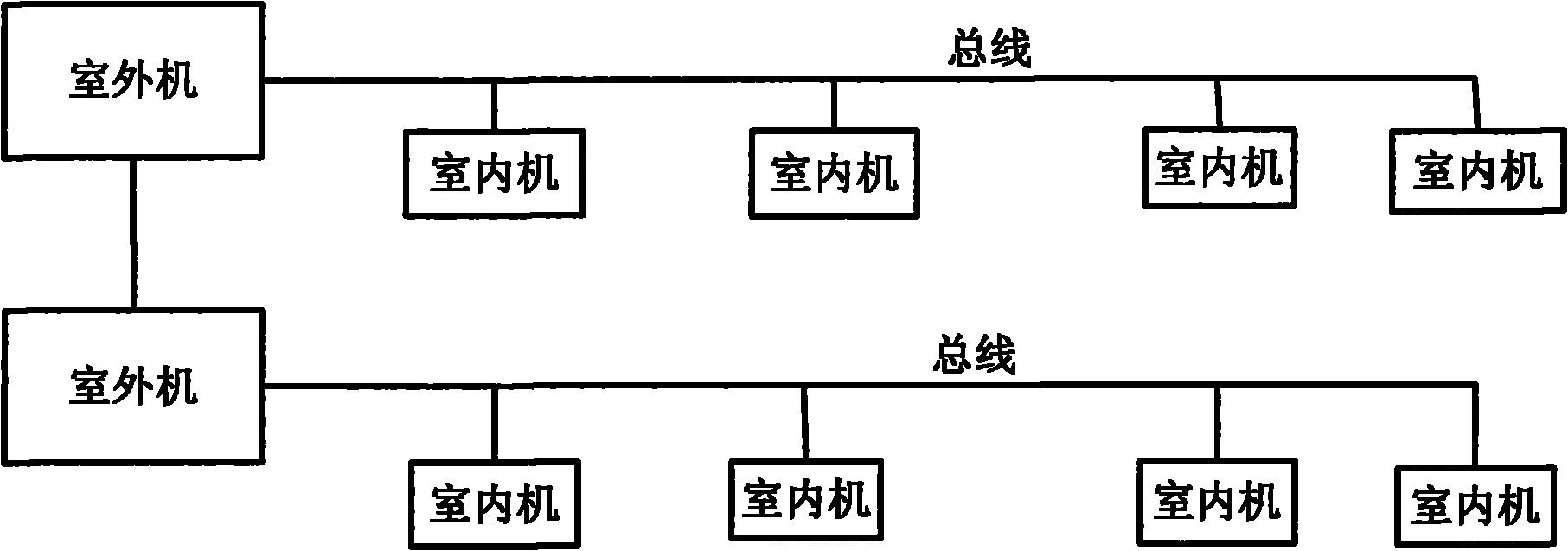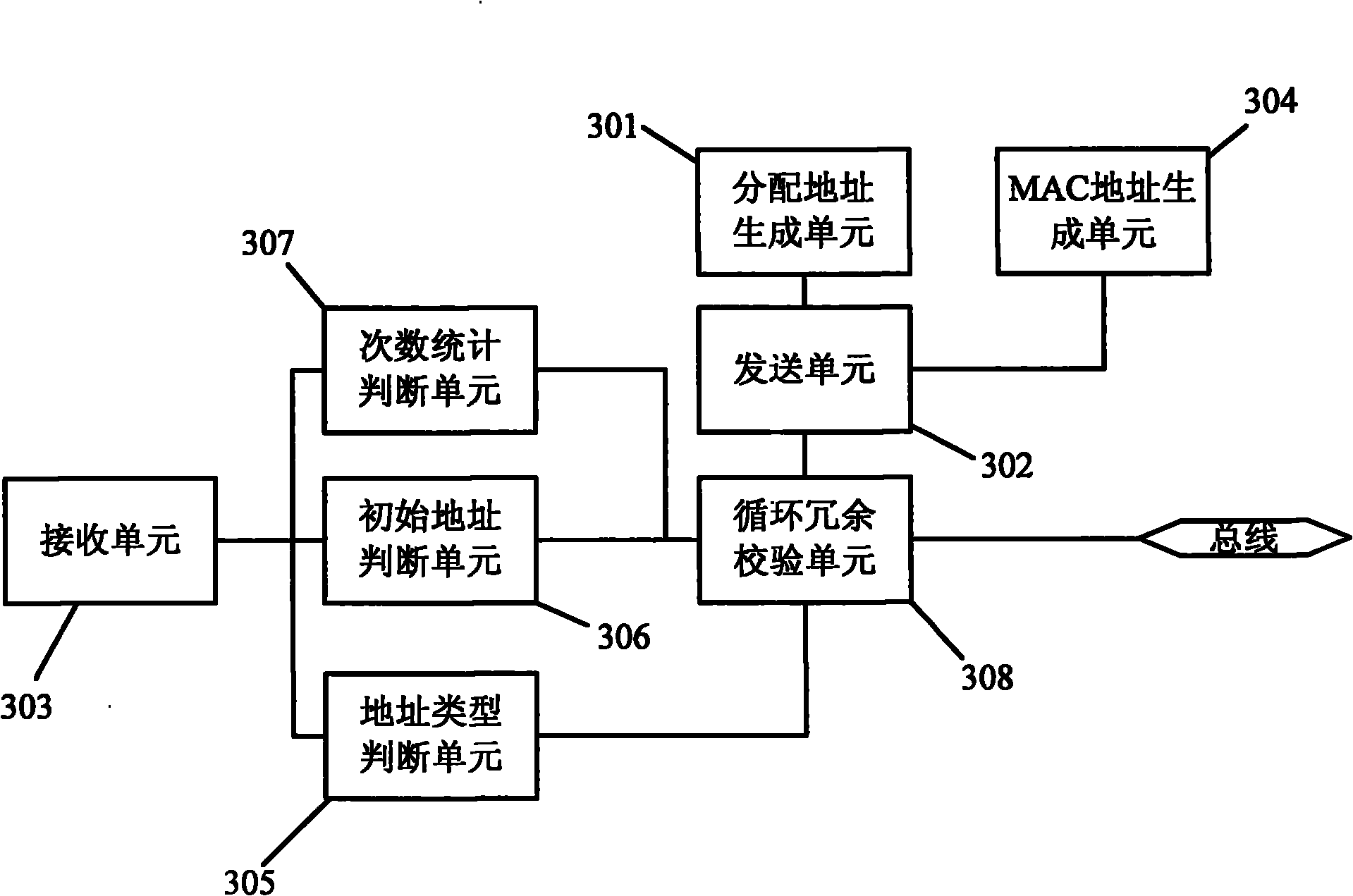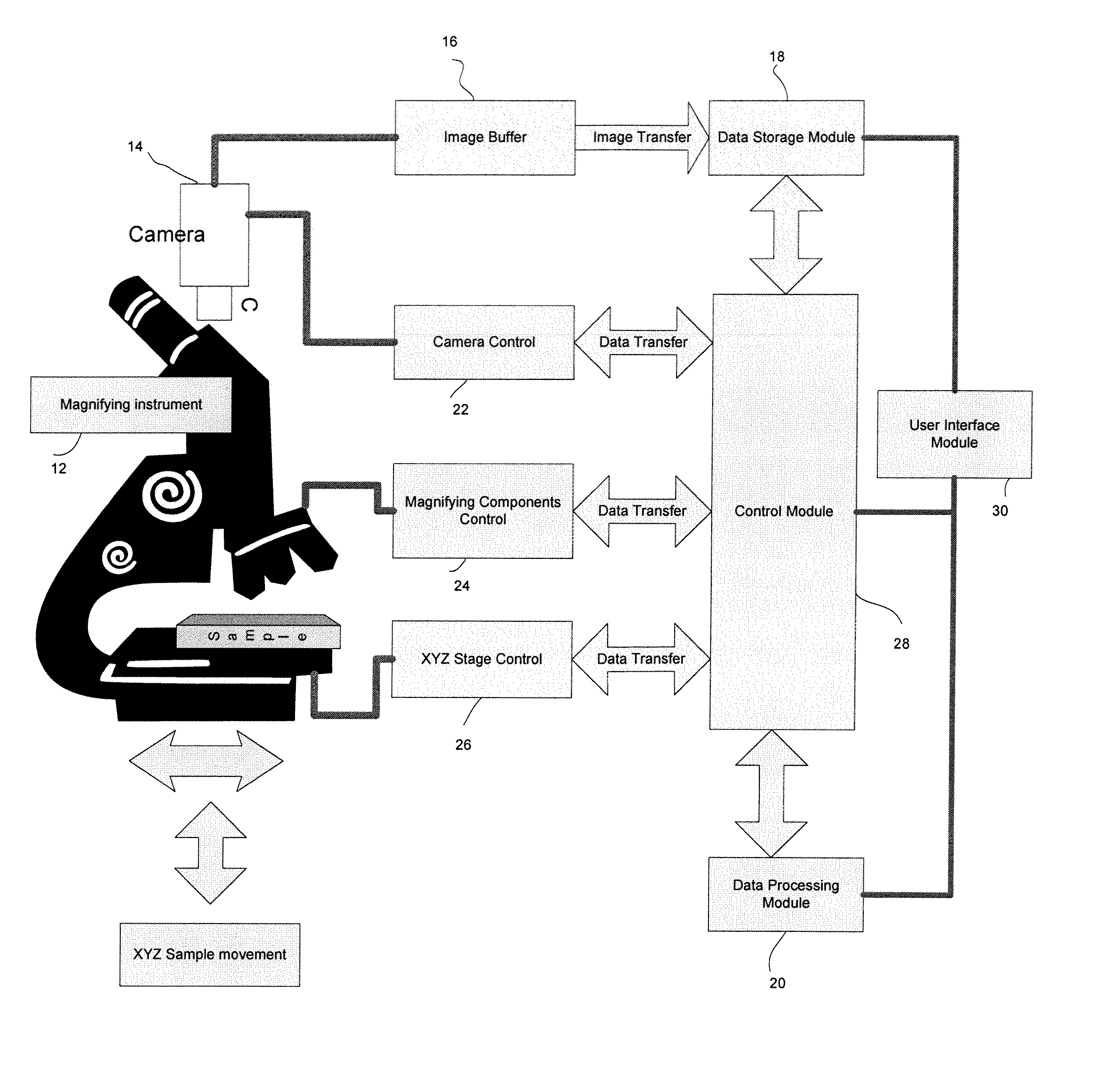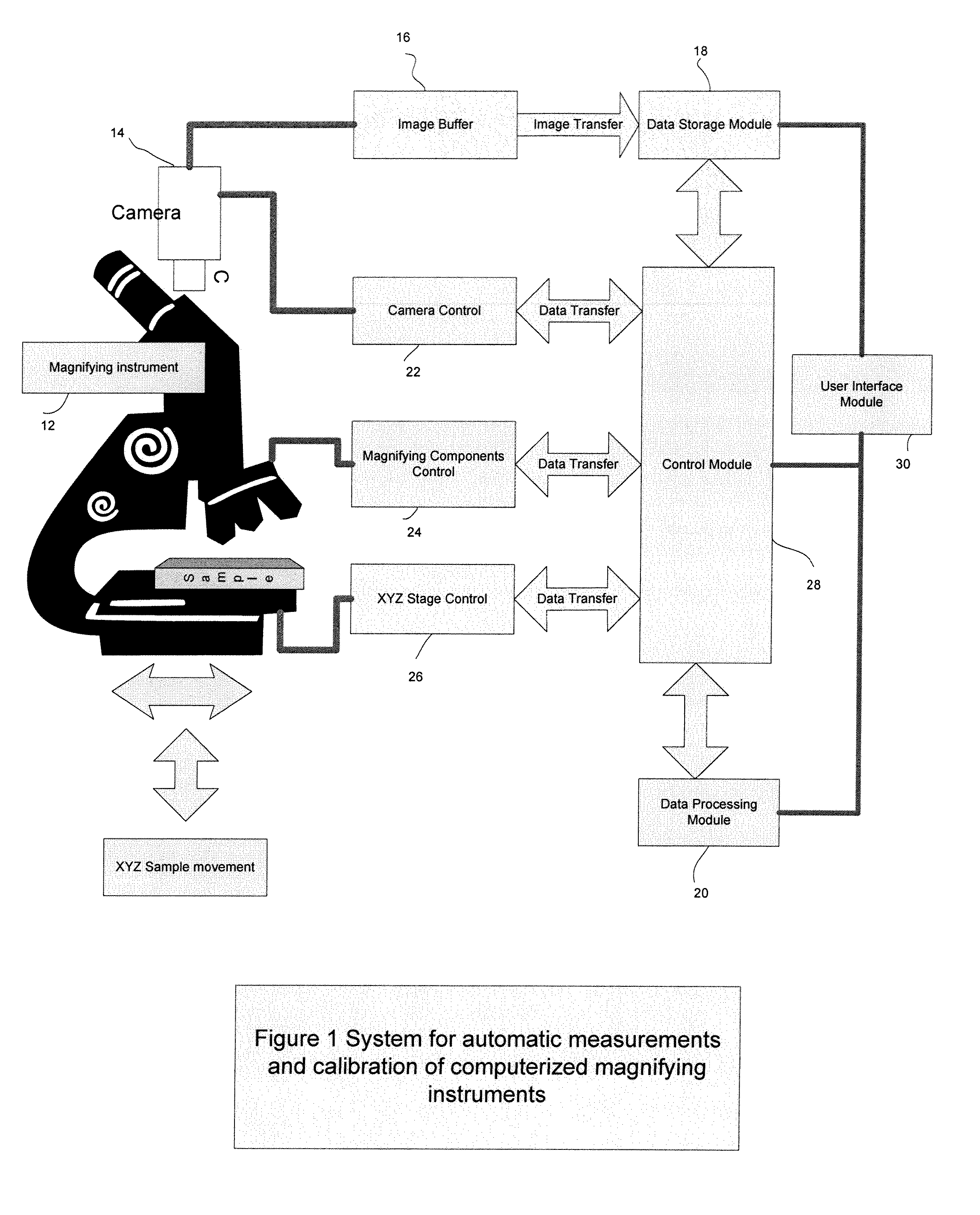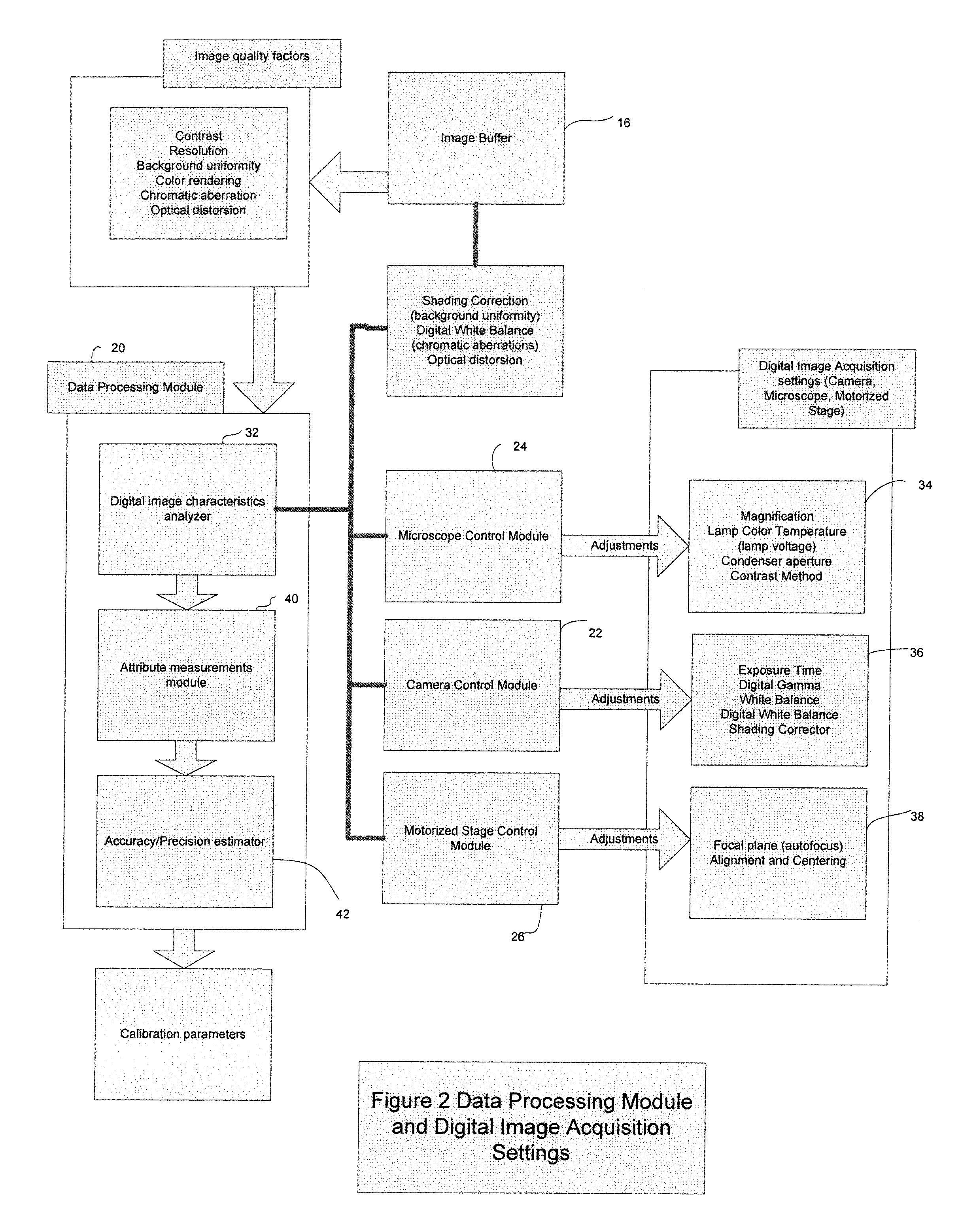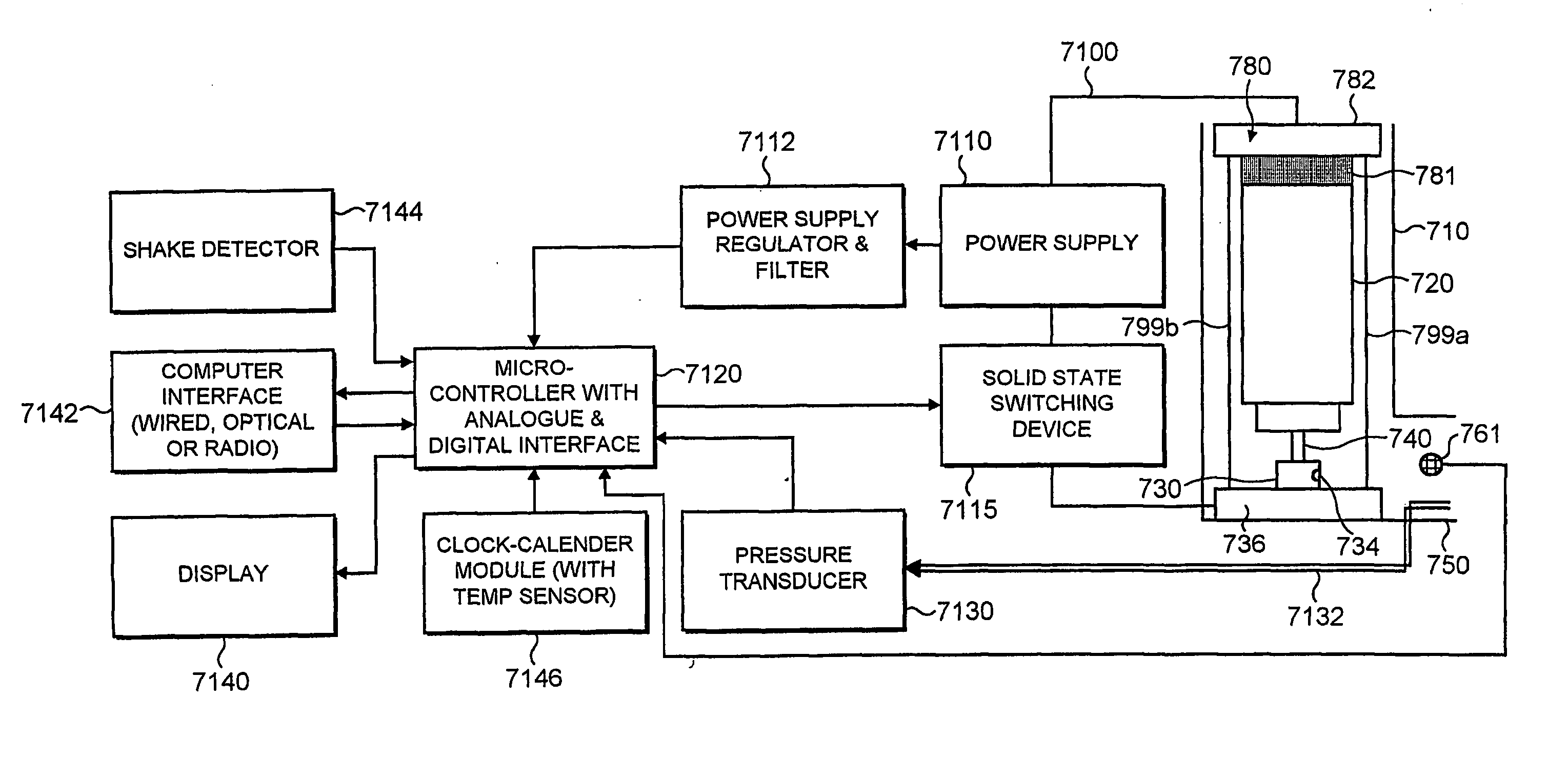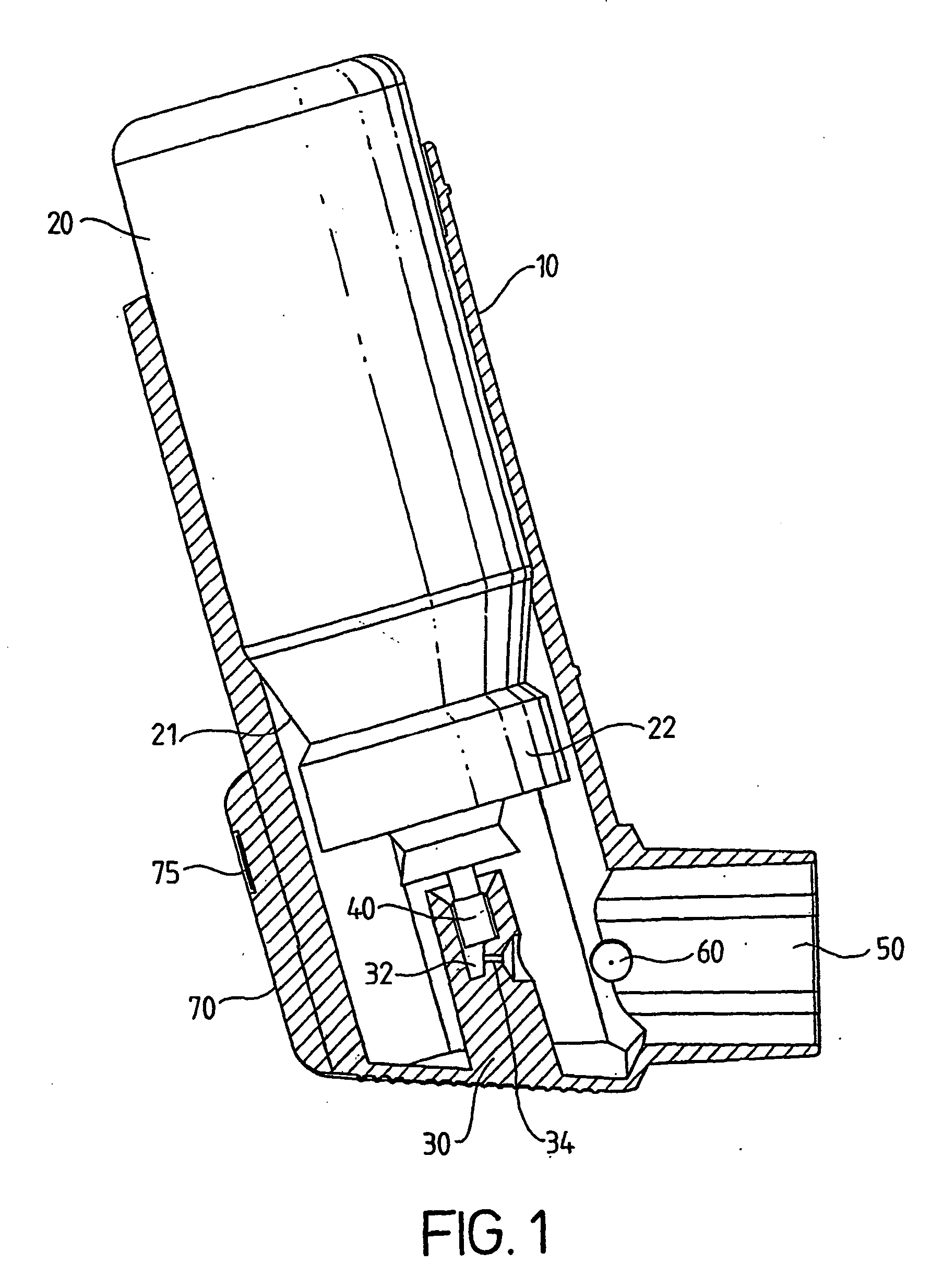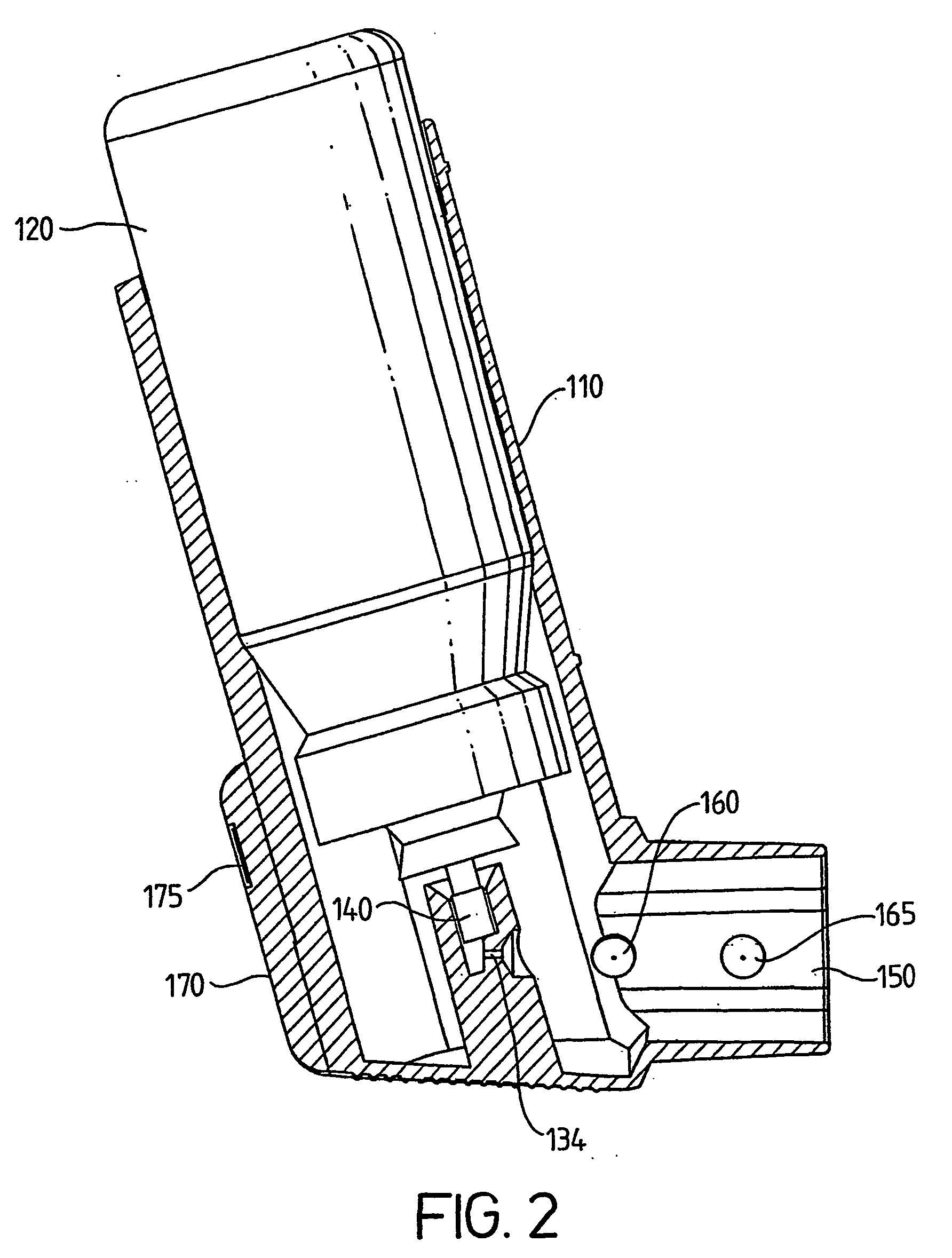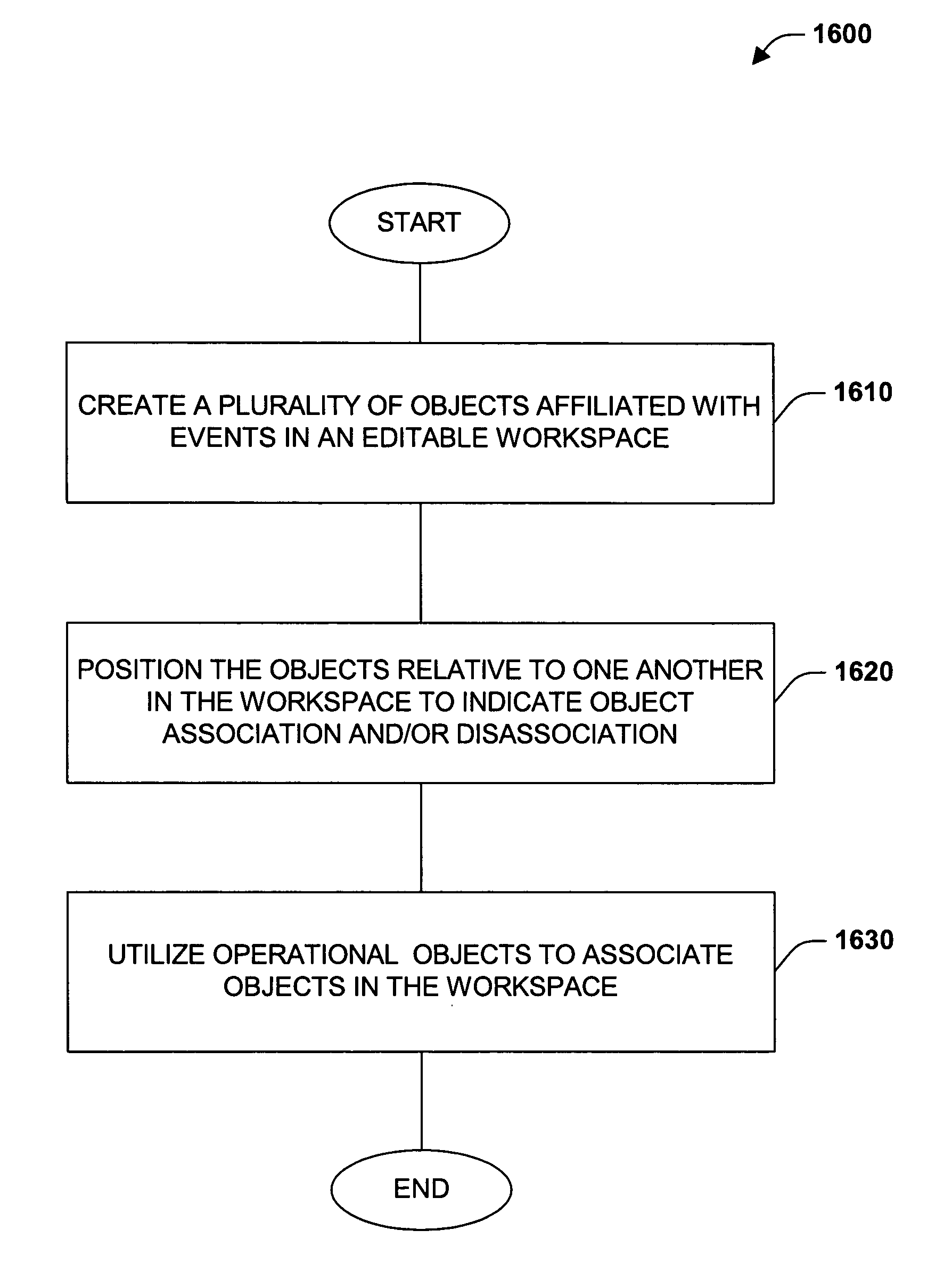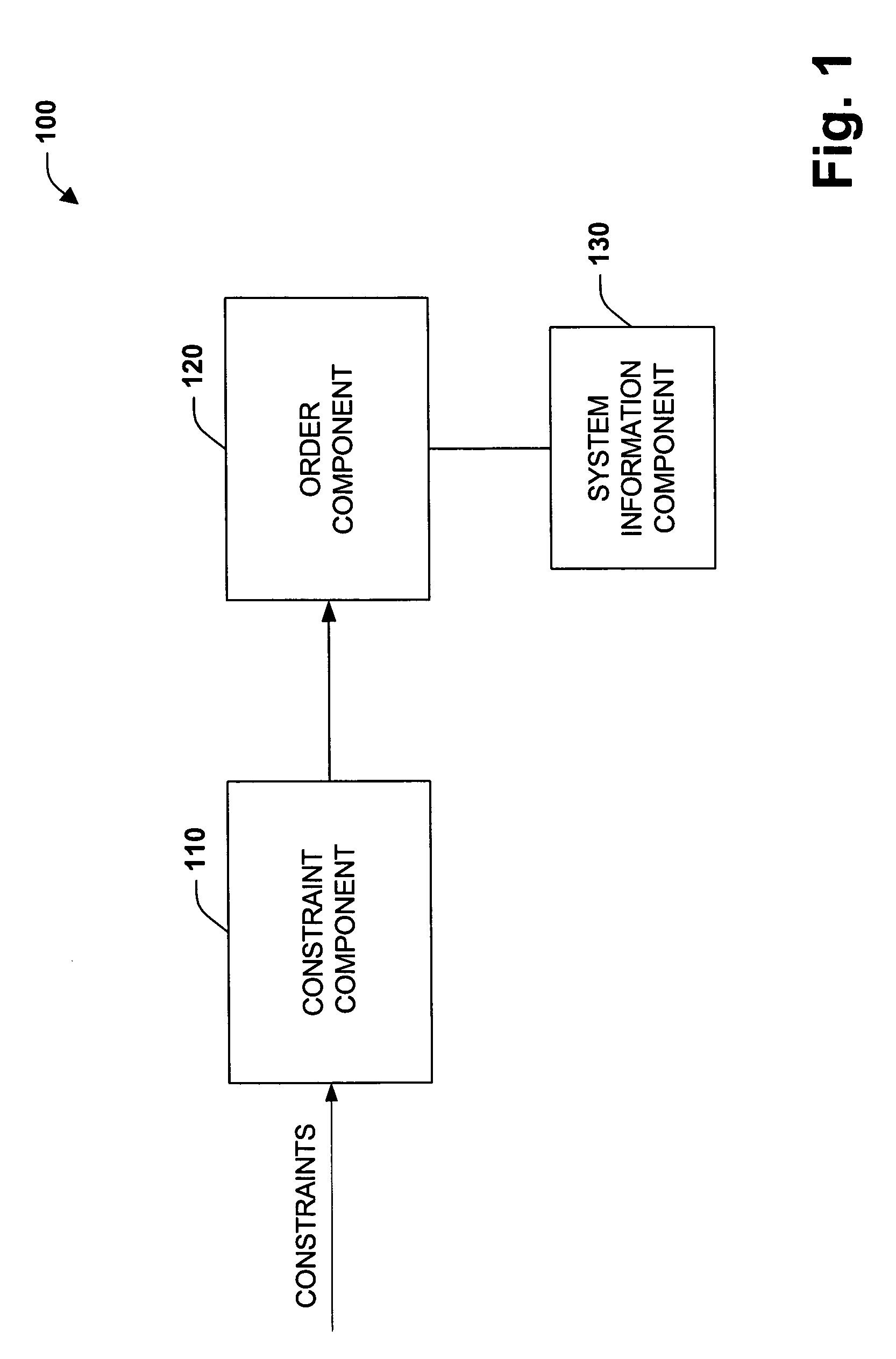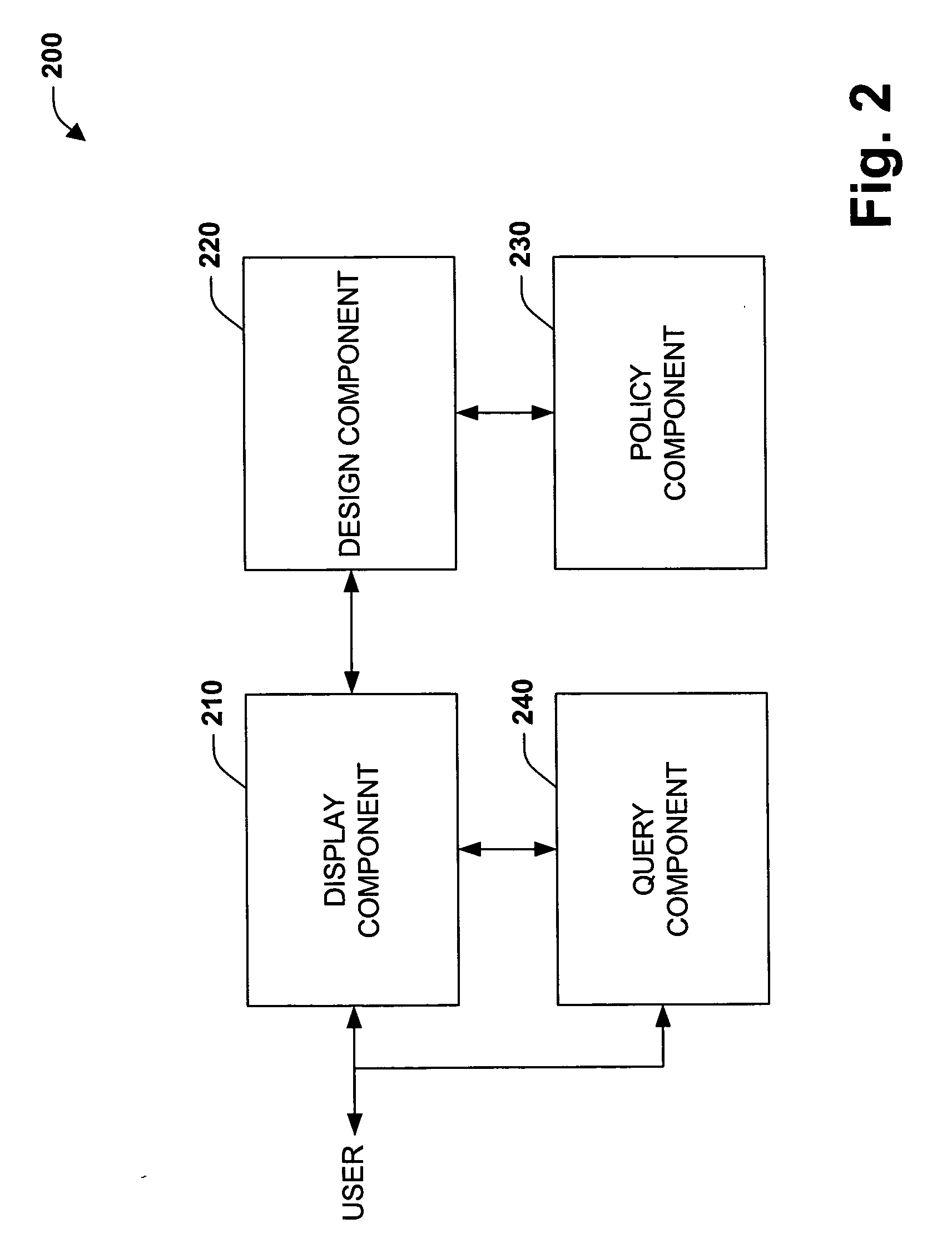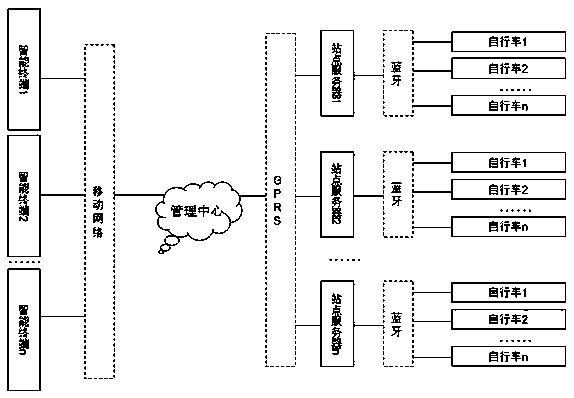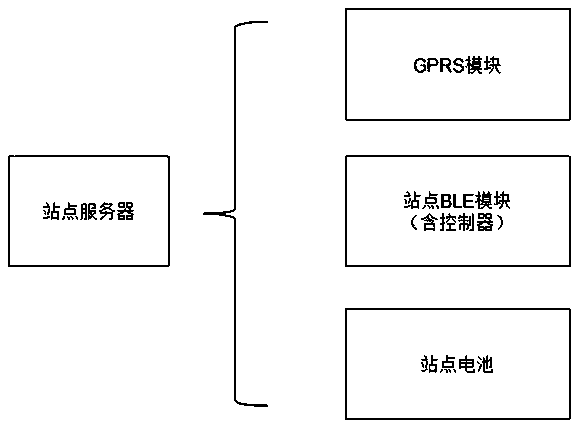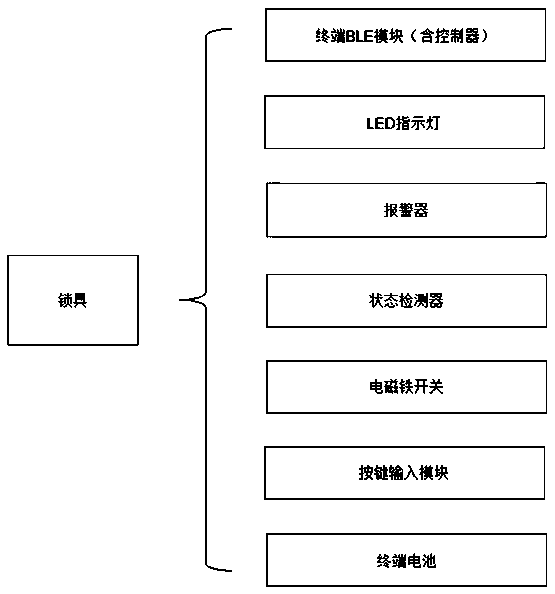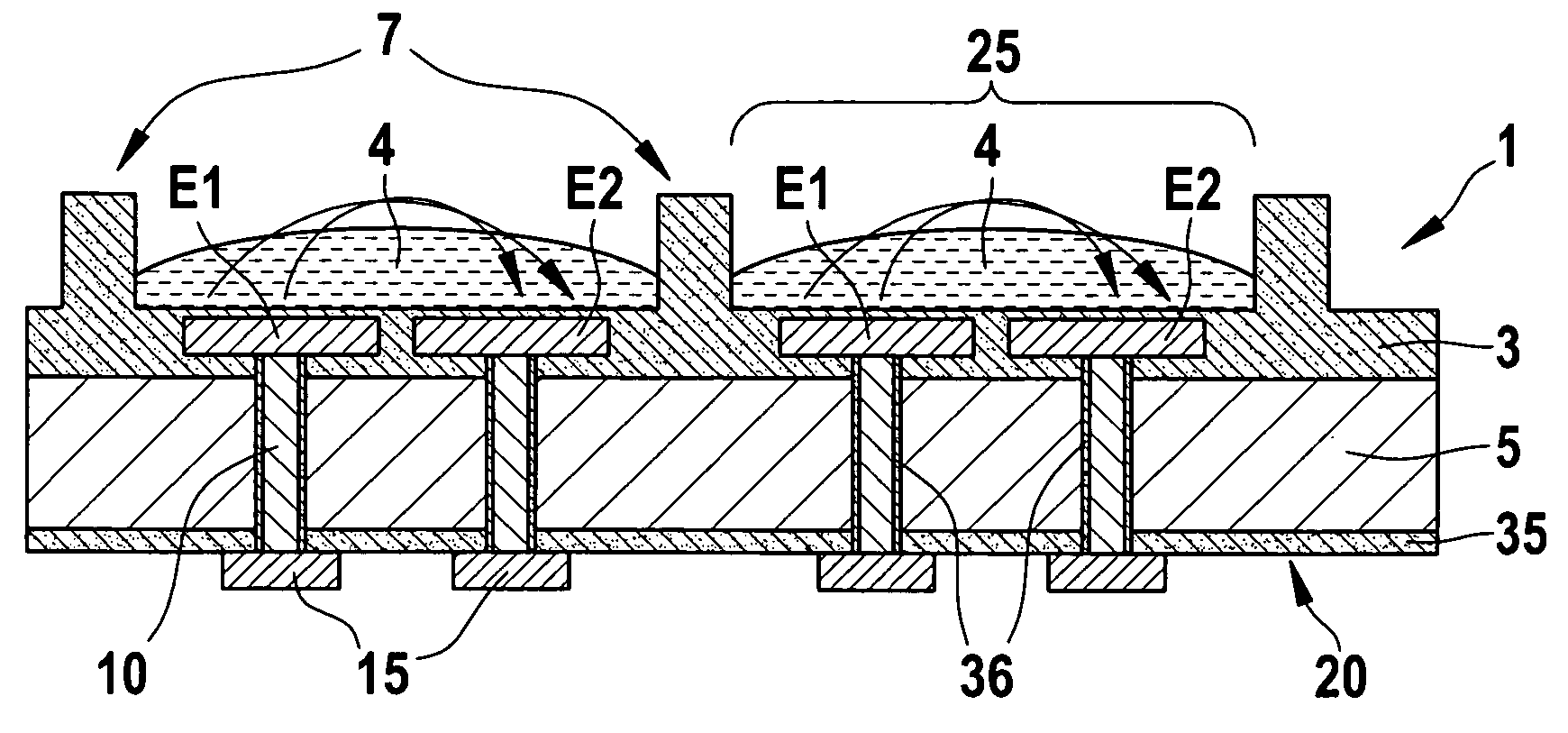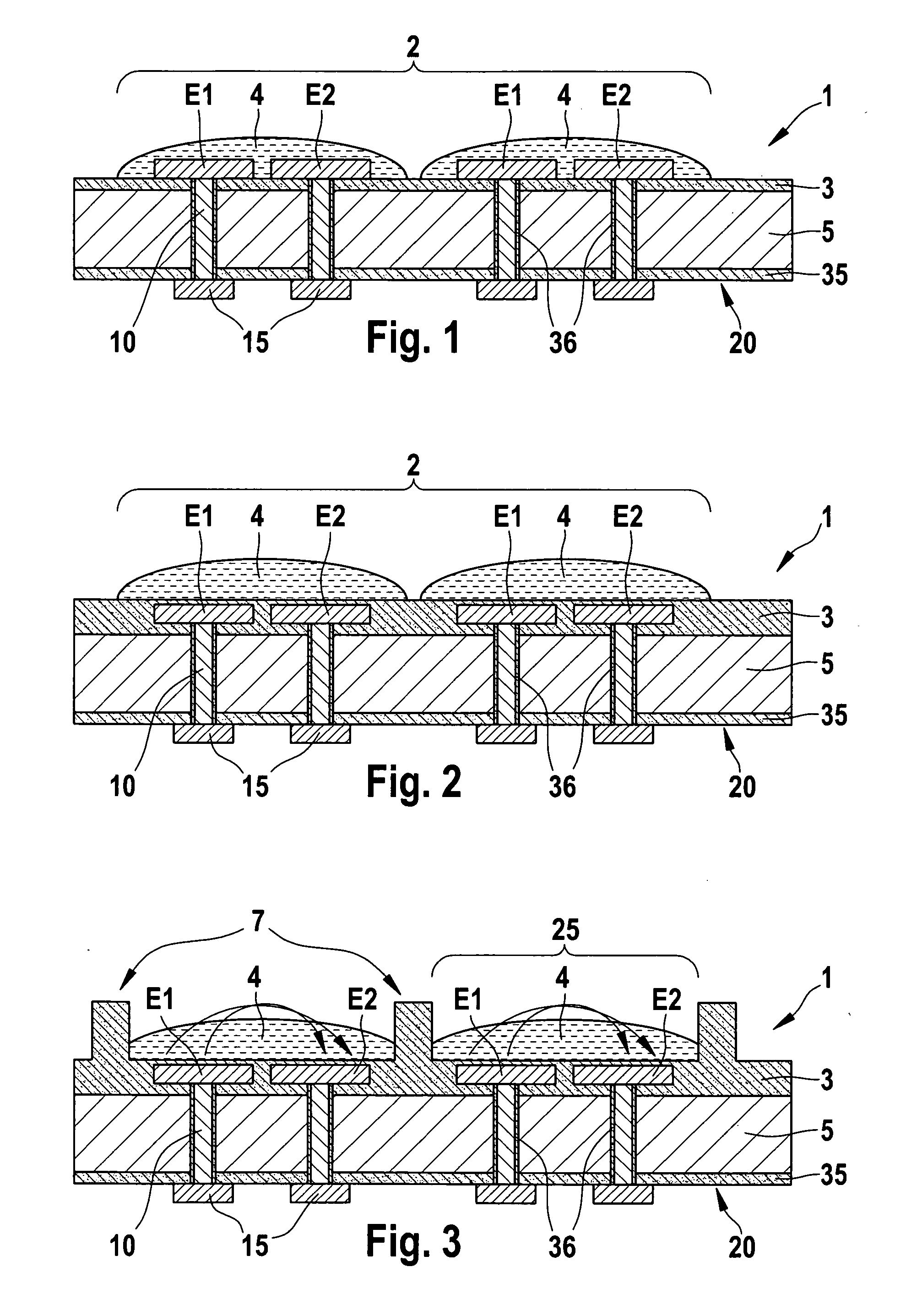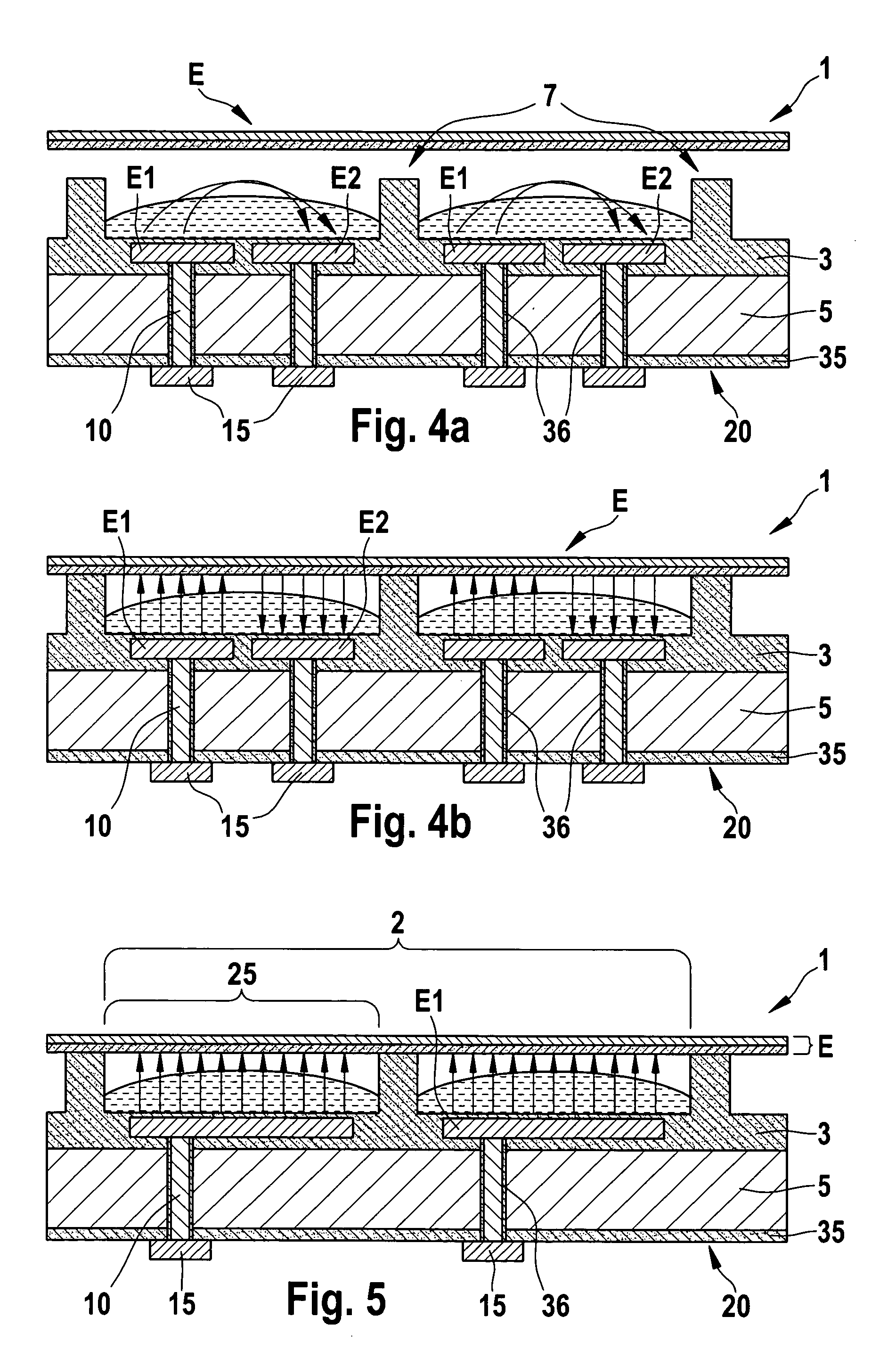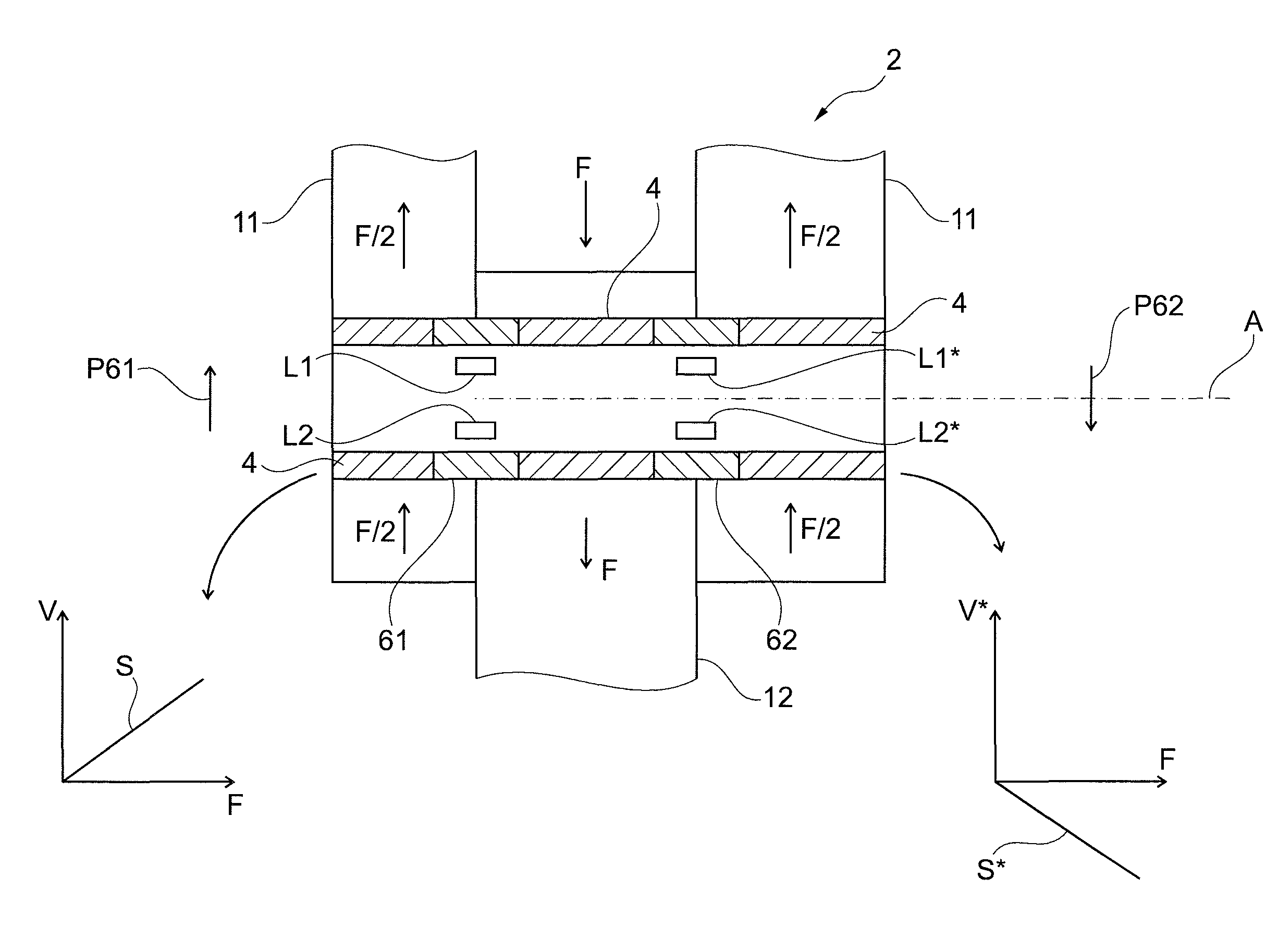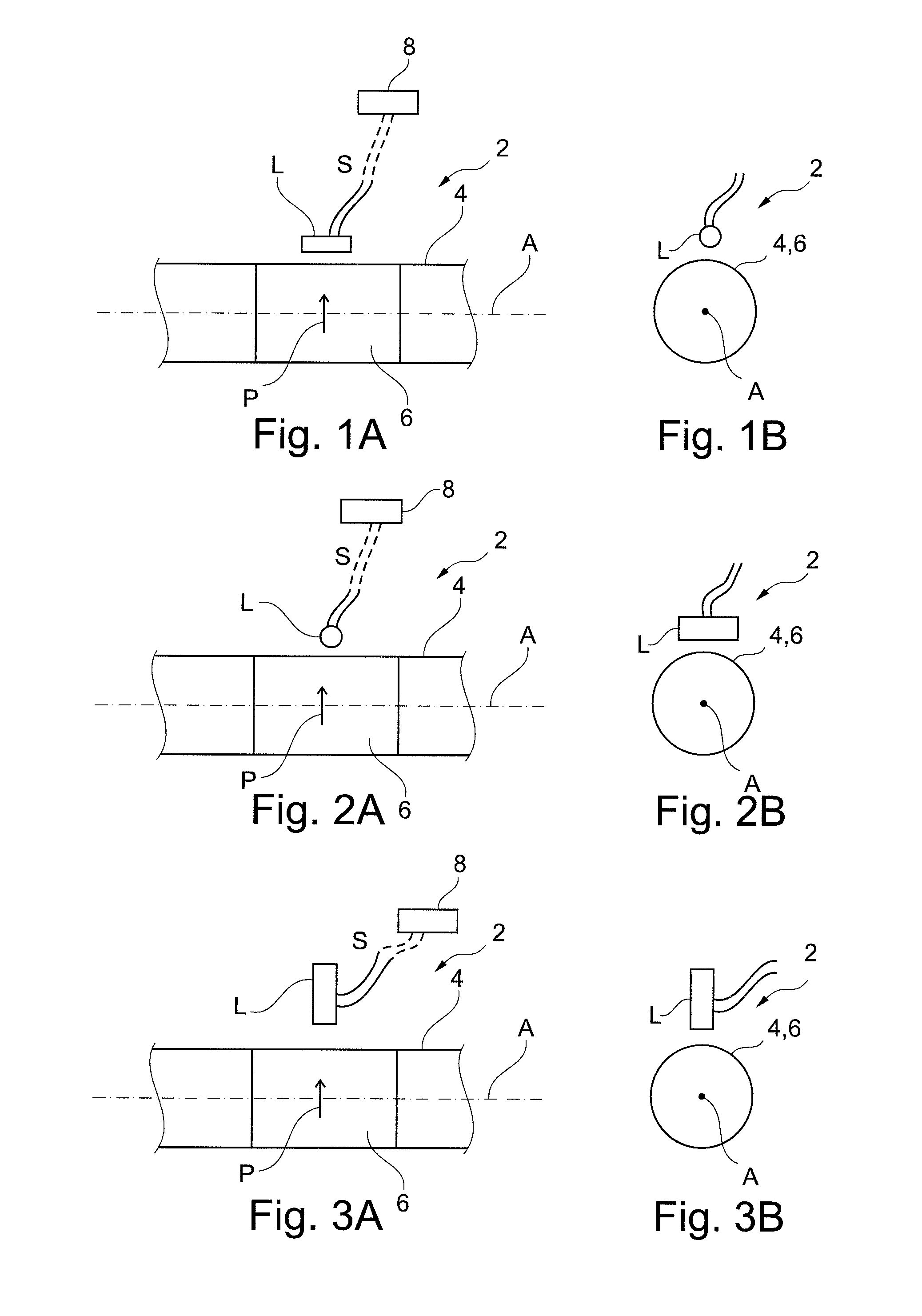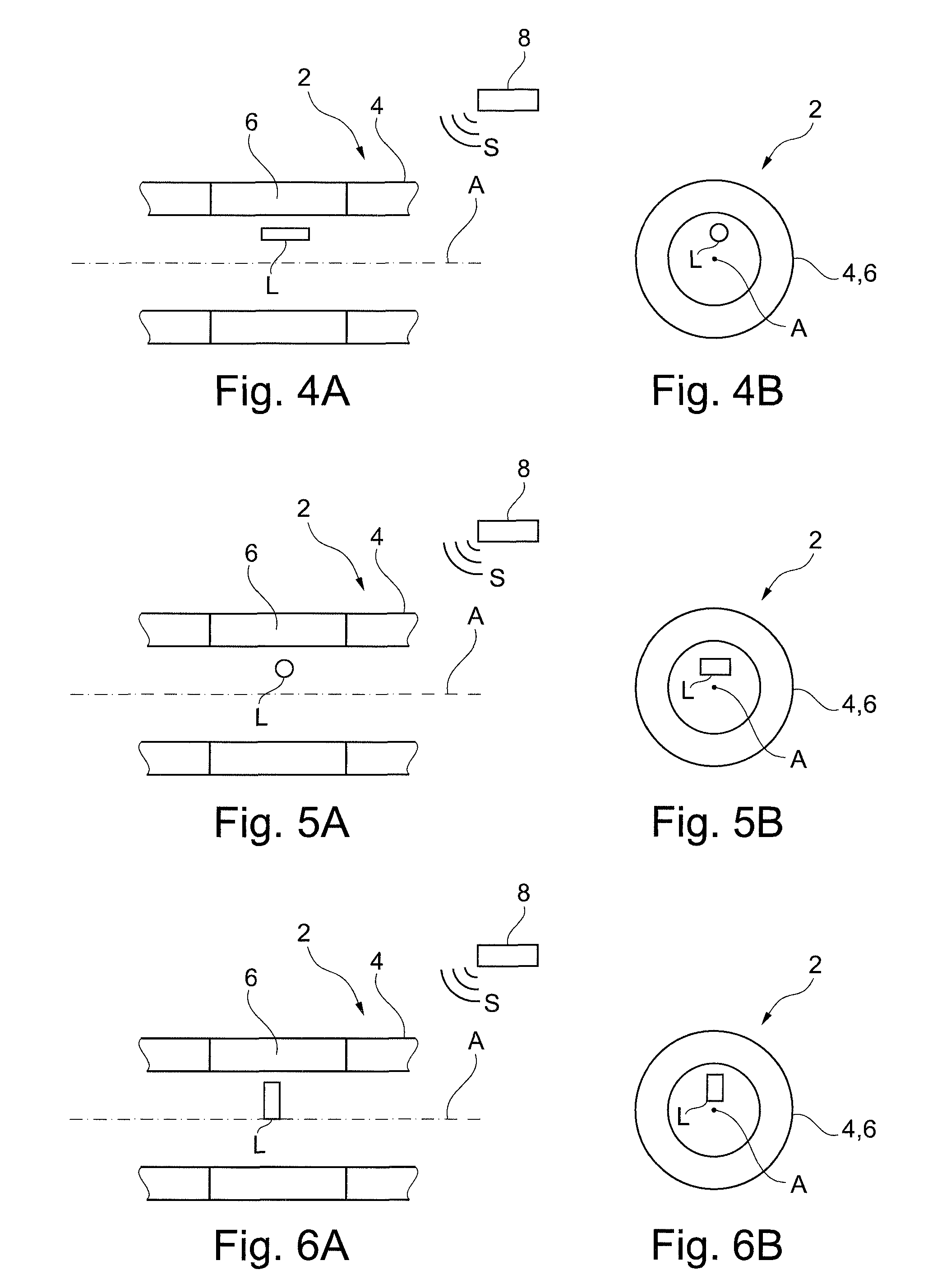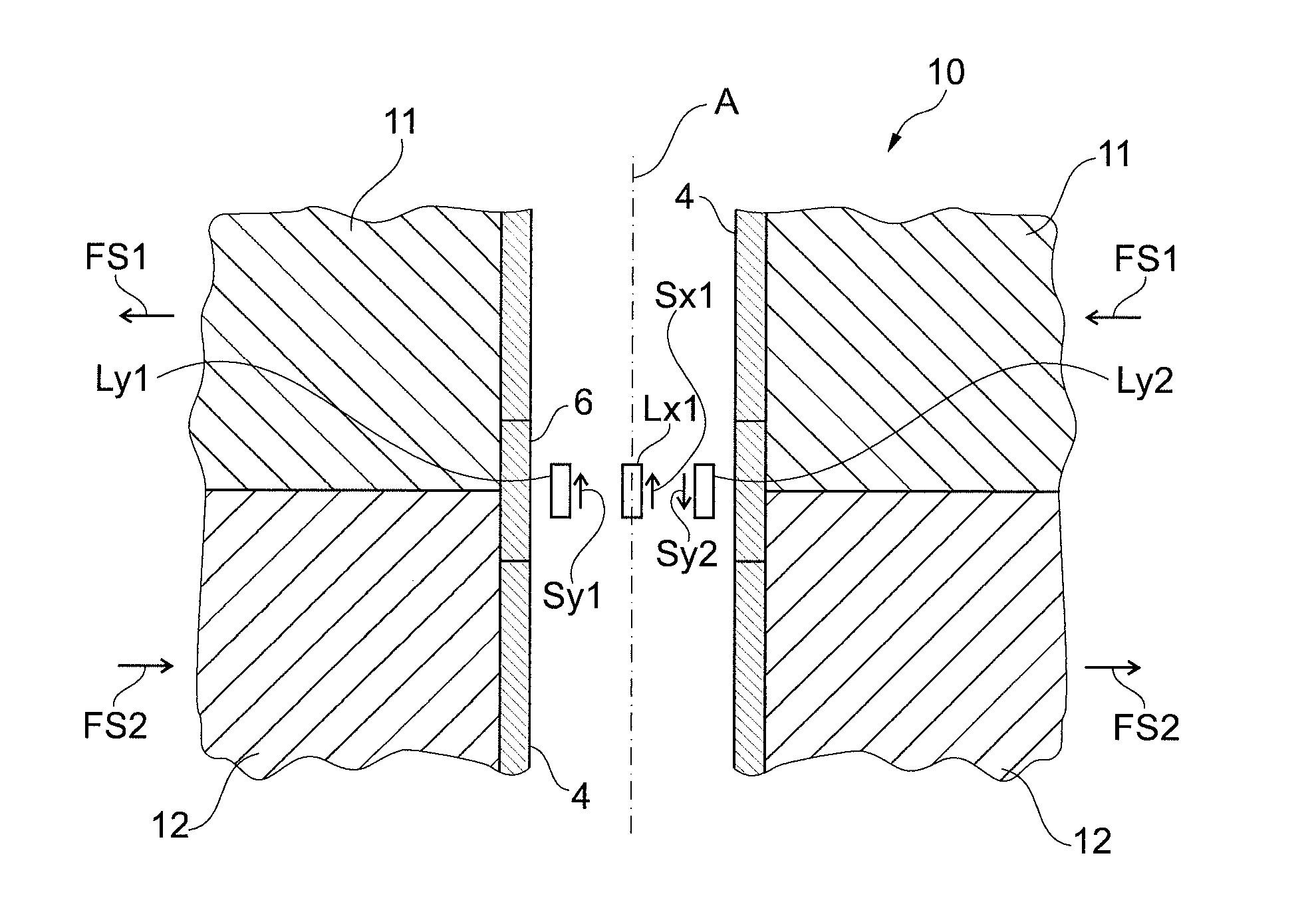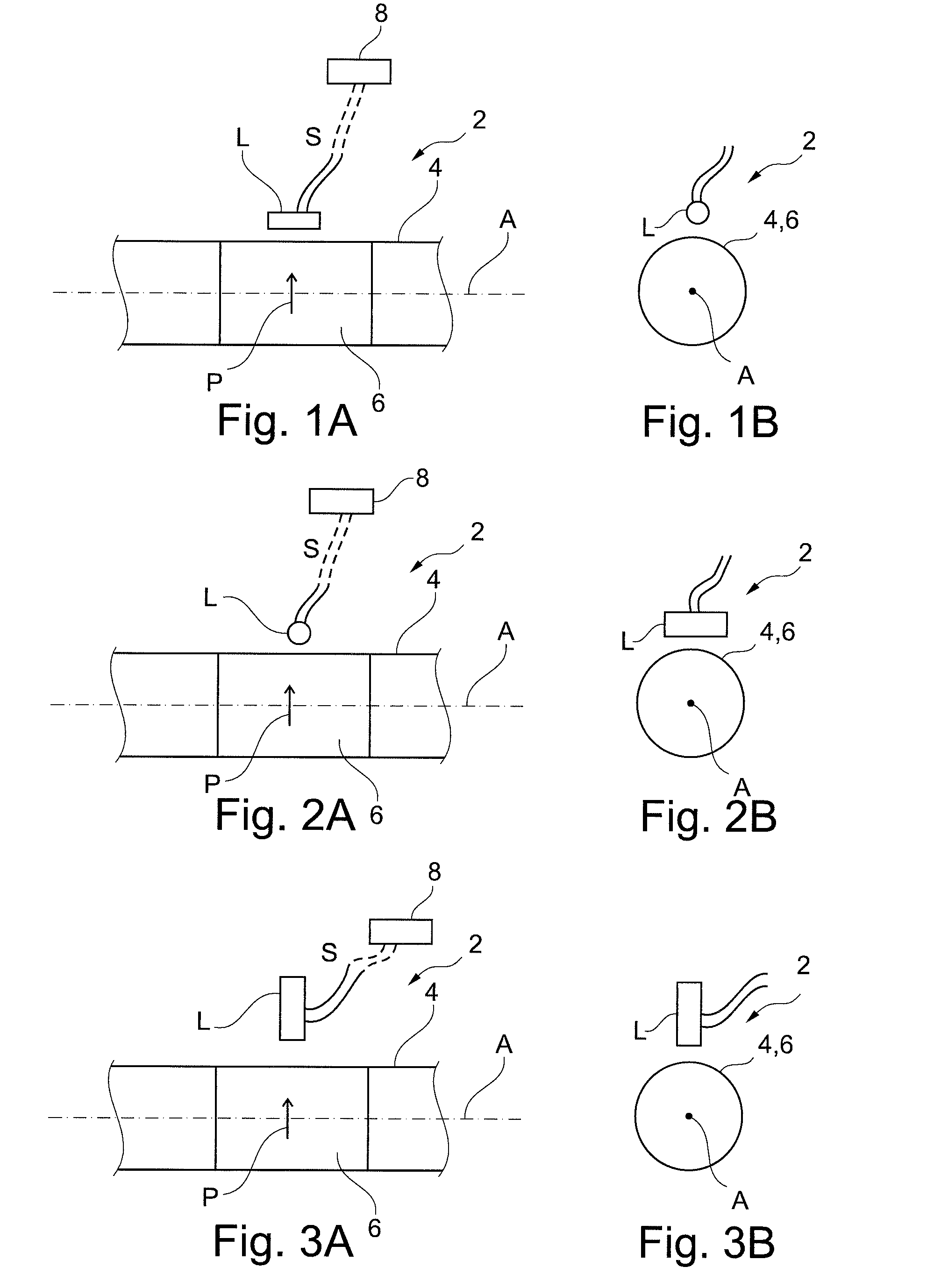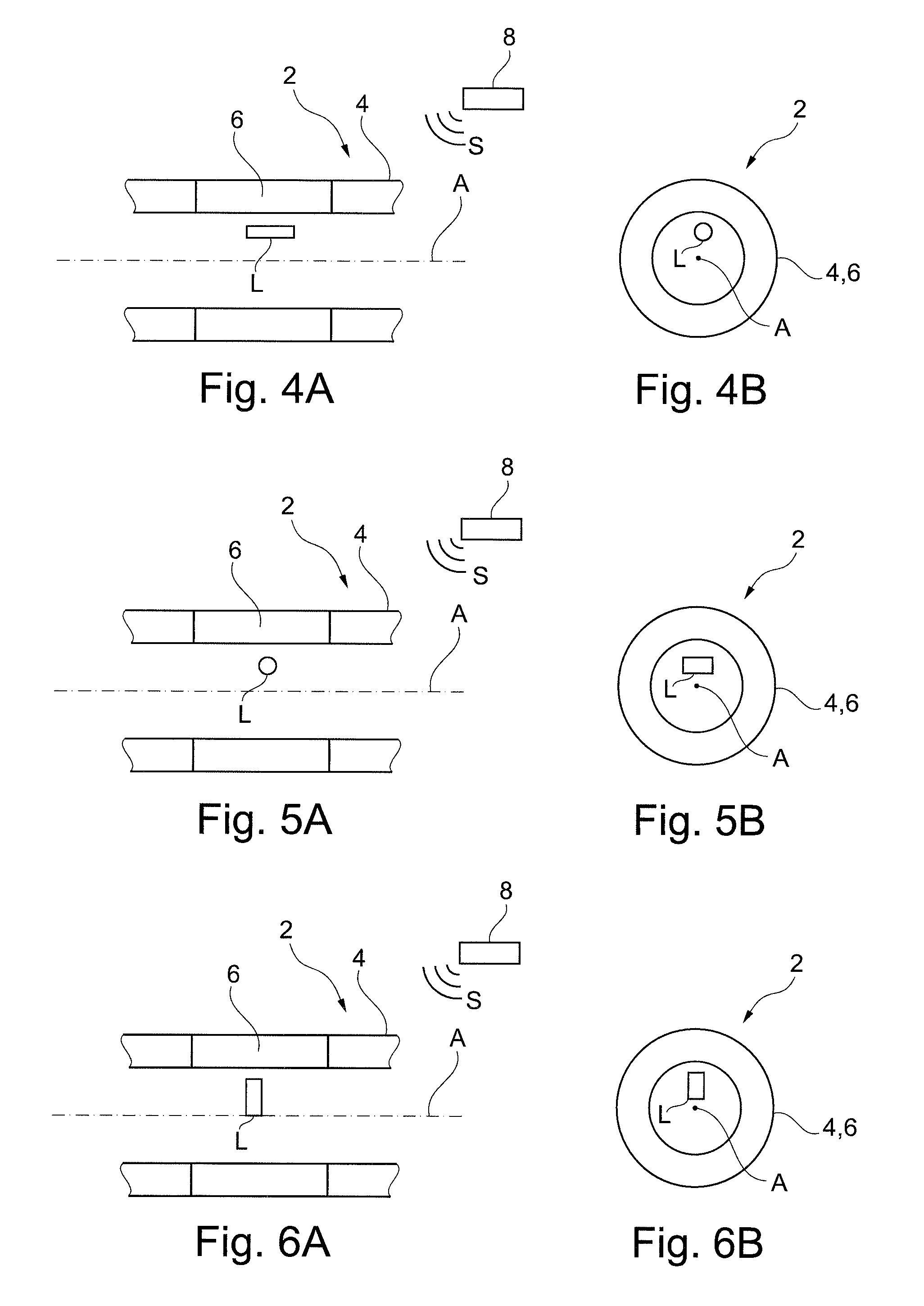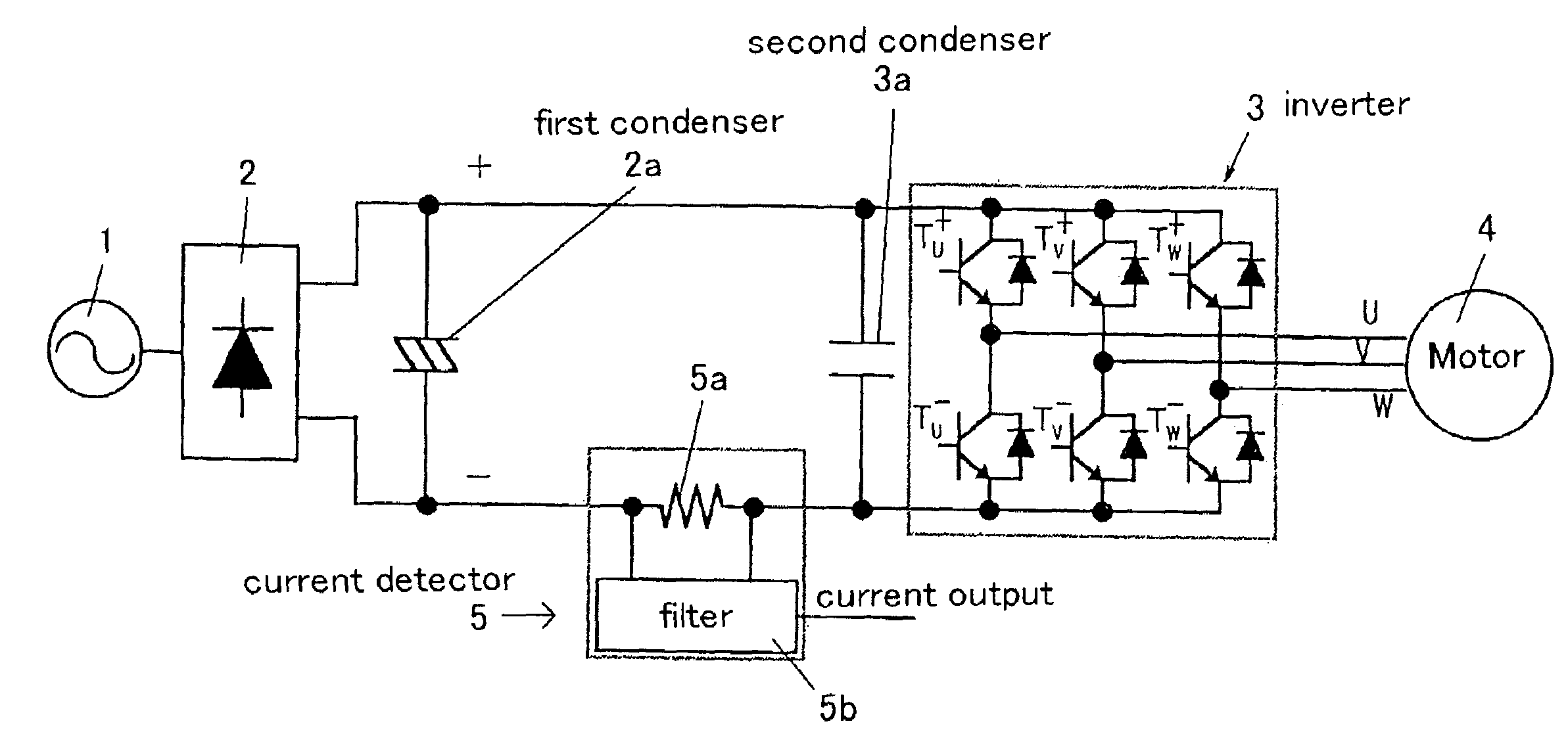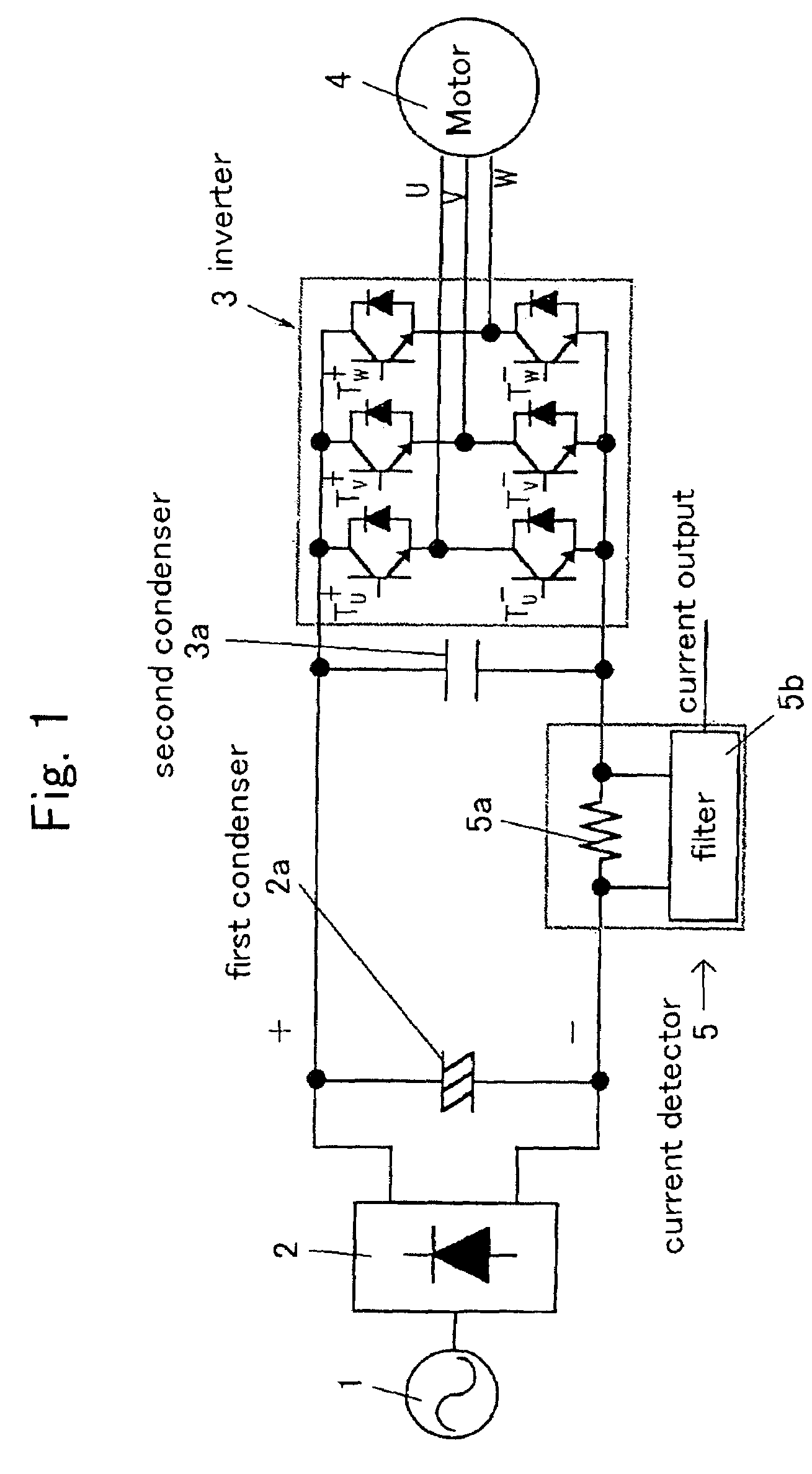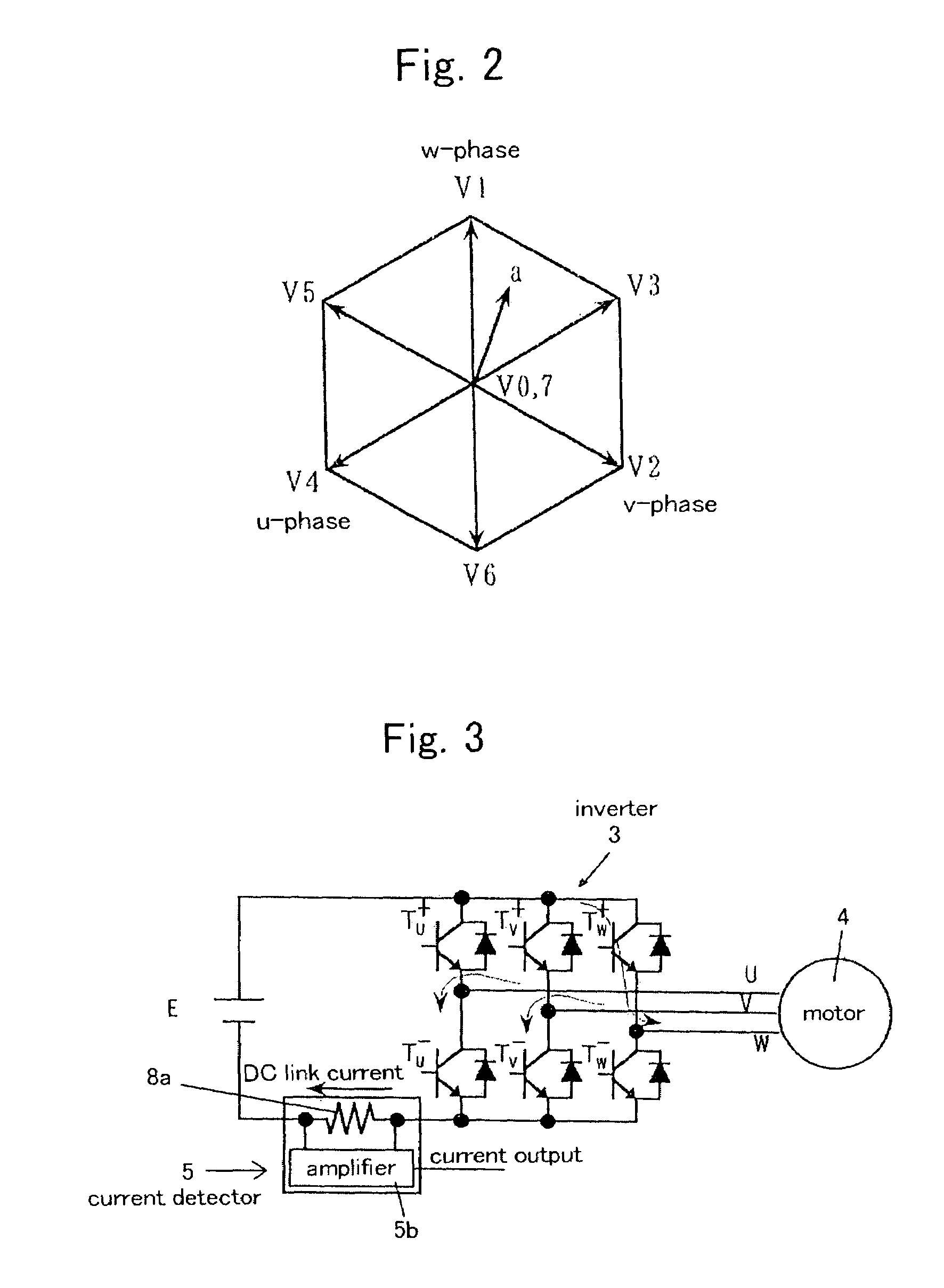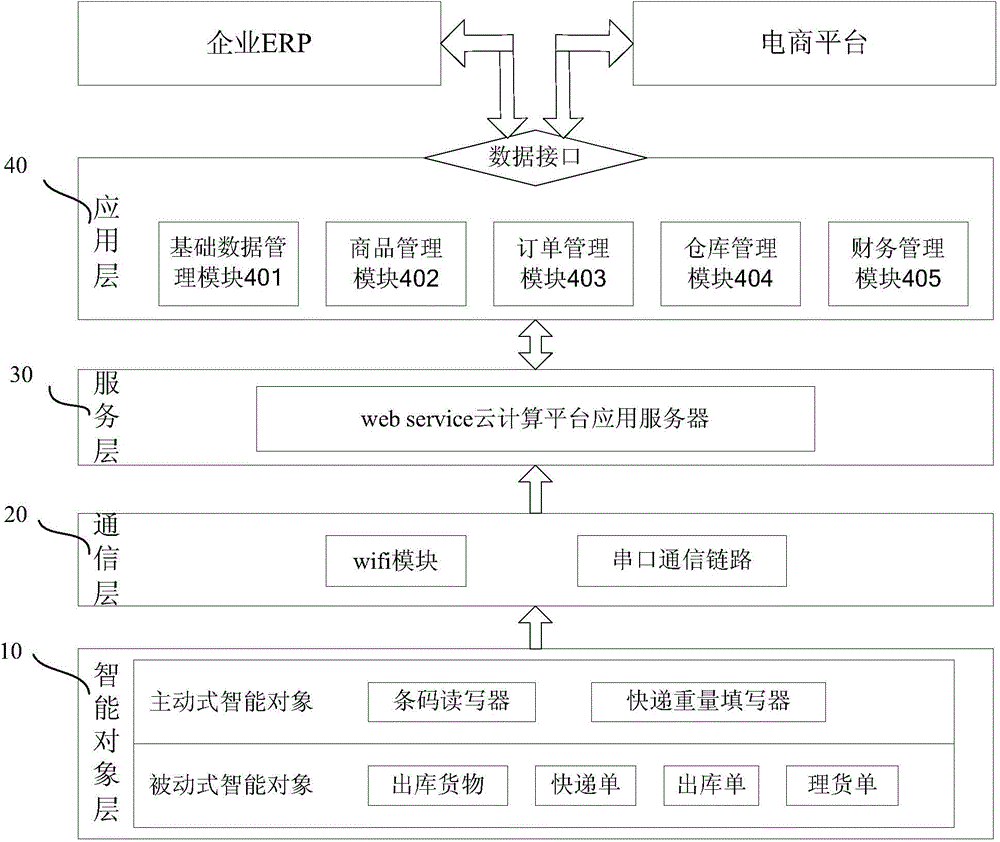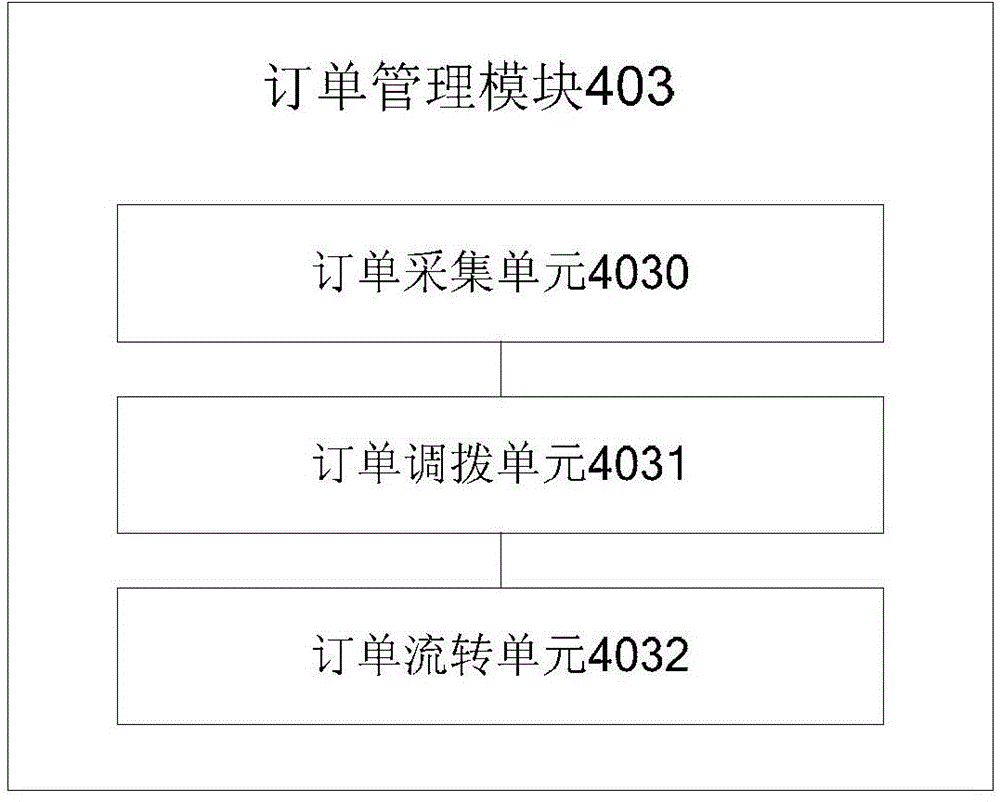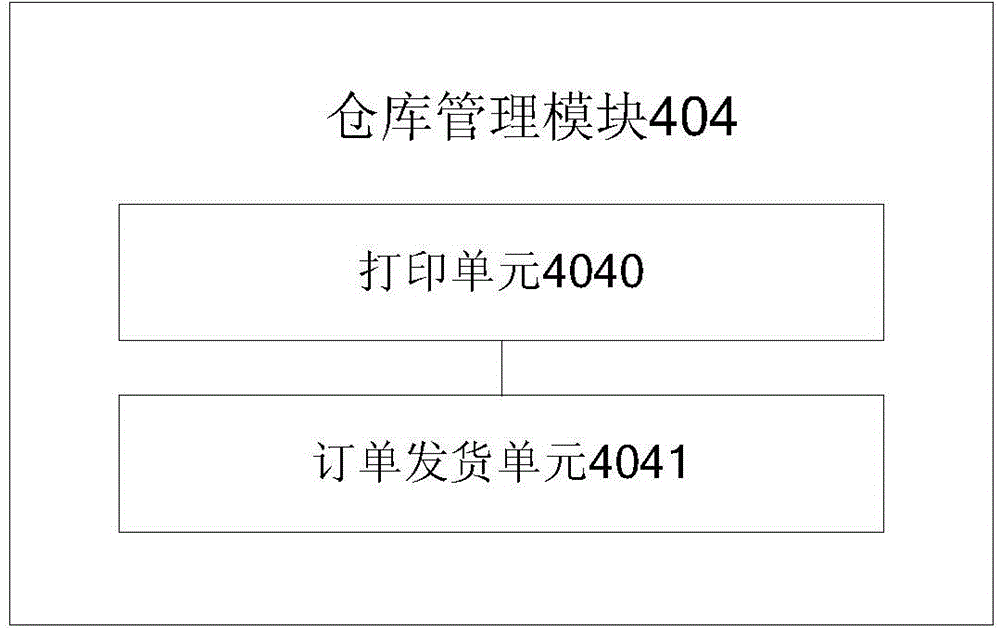Patents
Literature
2420results about How to "Not easy to make mistakes" patented technology
Efficacy Topic
Property
Owner
Technical Advancement
Application Domain
Technology Topic
Technology Field Word
Patent Country/Region
Patent Type
Patent Status
Application Year
Inventor
System and method for automatic weight generation for probabilistic matching
InactiveUS20080005106A1Not easy to make mistakesImprove performanceDigital data information retrievalDigital data processing detailsExact matchGeneration process
Embodiments of the invention provide a system and method of automatically generating weights for matching data records. Each field of a record may be compared by an exact match and / or close matches and each comparison can result in a mathematical score which is the sum of the field comparisons. To sum up the field scores accurately, the automatic weight generation process comprises an iterative process. In one embodiment, initial weights are computed based upon unmatched-set probabilities and default discrepancy weights associated with attributes in the comparison algorithm. A bulk cross-match is performed across the records using the initial weights and a candidate matched set is computed for updating the discrepancy probabilities. New weights are computed based upon the unmatched probabilities and the updated discrepancy probabilities. Test for convergence between the new weights and the old weights. Repeat with the new weight table until the weights converge to their final value.
Owner:IBM CORP
System and method for coordinating travel itineraries
InactiveUS20060106655A1Quickly and accurately determineEasy to changeInstruments for road network navigationReservationsTime optimalArrival time
A method for coordinating outbound and inbound itineraries for a plurality of travelers is provided. Such a method comprises receiving a destination location, a plurality of origin locations, and travel information, wherein each origin location is associated with at least one traveler. A set of suggested outbound and inbound itineraries between each origin location and the destination location is then determined, based upon the travel information, from a travel database comprising at least outbound and inbound itineraries between the origin locations and the destination location, wherein each suggested outbound and inbound itinerary comprises an arrival time and a departure time with respect to the destination location, and the set of suggested outbound and inbound itineraries collectively provides an optimal time together of the travelers at the destination location. Associated systems and methods are also provided.
Owner:SABRE +1
Mapping a computer program to an asymmetric multiprocessing apparatus
ActiveUS20080114937A1Quicker and less-expensiveNot easy to make mistakesMemory adressing/allocation/relocationDetecting faulty computer hardwareMemory hierarchyTheoretical computer science
A computer implemented tool is provided for assisting in the mapping of a computer program to an asymmetric multiprocessing apparatus 2 incorporating an asymmetric memory hierarchy formed of a plurality of memories 12, 14. An at least partial architectural description 22, 40 is provided as an input variable to the tool and used to infer missing annotations within a source computer program 24, such as which functions are to be executed by which execution mechanisms 4, 6, 8 and which variables are to be stored within which memories 12, 14. The tool also adds mapping support commands, such as cache flush commands, cache invalidate commands, DMA move commands and the like as necessary to support the mapping of the computer program to the asymmetric multiprocessing apparatus 2.
Owner:ARM LTD
System and method for coordinating travel itineraries
ActiveUS20050033614A1Quickly and accurately determineEasy to changeReservationsNavigation instrumentsTime scheduleComputer science
Owner:TLV CO LTD
Digital wireless position sensor
ActiveUS20050099290A1Improve signal-to-noise ratioFast chargingElectric signal transmission systemsMagnetic measurementsVoltage dropWireless repeater
A method is provided for tracking an object, including positioning a radio frequency (RF) driver to radiate an RF driving field toward the object, and fixing to the object a wireless transponder that includes a power coil and at least one sensor coil. The method also includes receiving the RF driving field using the power coil and storing electrical energy derived therefrom. A plurality of field generators are driven to generate electromagnetic fields at respective frequencies in a vicinity of the object that induce a voltage drop across the at least one sensor coil. A digital output signal is generated at the wireless transponder indicative of the voltage drop across the sensor coil, and the generation of the digital output signal is powered using the stored electrical energy. The digital output signal is transmitted from the wireless transponder using the power coil, and the transmission of the digital output signal is powered using the stored electrical energy. The digital output signal is received and processed to determine coordinates of the object.
Owner:BIOSENSE WEBSTER INC
Magnetic tape
InactiveUS20070230054A1Shorten the trackSimple resultRecord information storageTape carriersMagnetic tapeNon magnetic
A magnetic tape including: a nonmagnetic support; a substantially nonmagnetic layer containing nonmagnetic powder and a binder; and a magnetic layer containing ferromagnetic powder and a binder, in this order, wherein the magnetic tape has a coefficient of temperature expansion of from 0 to 10×10−6 / ° C. and a coefficient of humidity expansion of 0 to 7×10−6 / % RH each in a transverse direction of the magnetic tape, and the magnetic tape has a dimensional deformation amount of from 0.01 to 0.06% in the transverse direction in case of applying a tensile stress of 1N to the magnetic tape at 60° C. for 50 hours in a longitudinal direction of the magnetic tape.
Owner:FUJIFILM CORP
Non-Volatile Memory And Method With Post-Write Read And Adaptive Re-Write To Manage Errors
ActiveUS20110099418A1Small marginReduce memory costMemory adressing/allocation/relocationRead-only memoriesHigh densityQuality assurance
Data errors in non-volatile memory inevitably increase with usage and with higher density of bits stored per cell. For acceptable quality assurance, conventional error correction codes (“ECC”) have to correct a maximum number of error bits up to the far tail end of a statistical population. The present memory is configured to have a first portion operating with less error but of lower density storage, and a second portion operating with a higher density but less robust storage. If excessive error bits (at the far tail-end) occur after writing a group of data to the second portion, the data is adaptively rewritten to the first portion which will produce less error bits. Preferably, the data is initially written to a cache also in the first portion to provide source data for any rewrites. Thus, a more efficient ECC not requiring to correcting for the far tail end can be used.
Owner:SANDISK TECH LLC
Methods and apparatus for naming resources
ActiveUS7454437B1Reduce effortOvercome deficienciesData processing applicationsDigital data processing detailsStorage area networkEngineering
A software process receives a command initiating creation of a zone naming policy for automatically generating zone names in a storage area network. During creation of a zone naming policy, the software process receives selection of one or more format elements to be used in the zone naming policy. The one or more format elements each identify which corresponding at least one type of characteristic associated with a given zone in the storage area network shall be used to automatically generate a respective zone name for the given zone. For example, the format elements in a zone policy may identify how to generate a respective zone name using identifiers associated with resources associated with the zone. Accordingly, a network manager can create a zone naming policy for automatically generating zone names in a storage area network rather than having to manually create zone names for each created zone.
Owner:EMC IP HLDG CO LLC
Systems and methods for indicating input actions in a rhythm-action game
ActiveUS20080311969A1Not easy to make mistakesElectrophonic musical instrumentsAdditive manufacturing apparatusEngineeringRhythm
Systems and methods for displaying cues indicating input actions in a rhythm-action game may include: displaying, to a player of a rhythm-action game, a lane divided into at least two sub-lanes, each sub-lane containing cues indicating a drum input element; and displaying, to the player, an additional cue spanning a plurality of the sub-lanes, the additional cue indicating a foot pedal action. In some embodiments, the additional cue may span all the sub-lanes. In some embodiments, each sub-lane may contain cues indicating a drum input element of a set of linearly arranged drum input elements. In other embodiments, each sub-lanes may correspond to a fret button of a simulated guitar and the additional cue may correspond to an open strum.
Owner:HARMONIX MUSIC SYSTEMS
Reactive animation
InactiveUS20060221081A1Easy to useImprove representationAnimation3D-image renderingGraphicsAnimation
Owner:YEDA RES & DEV CO LTD
Digital imaging for vehicular and other security applications
InactiveUS20070009136A1Not easy to make mistakesRoad vehicles traffic controlCharacter and pattern recognitionDigital imagingReference image
Apparatus for inspecting a vehicle in order to determine whether portions of the vehicle have been altered to conceal contraband or explosives. The apparatus captures an image of an area of a vehicle that should not be altered from a known configuration and compares the image to a reference image of the area as it should appear if it is unaltered. If the captured image and the reference image match, the vehicle is considered unaltered, and hence safe to pass. If the captured image and the reference image do not match, the vehicle is identified as likely to have been altered, and hence a candidate for further inspection. An alert is produced if at least one such difference is found.
Owner:LUCENT TECH INC
Ergonomic micro user interface display and editing
InactiveUS20150143234A1Facilitate faster, easier, more accurate typingNot easy to make mistakesNatural language data processingSpecial data processing applicationsTablet computerText display
A method and apparatus is disclosed for more efficient editing and reading comprehension of text and other content on a computer screen with a virtual keyboard and limited space, such as would be found on a mobile device such as smartphone, tablet, handheld computer or an automobile dashboard, or an appliance with a small screen. The method provides aids that assist in Saccadic related cognition of limited text display, especially condensed or abbreviated text. The method also employs macro population analysis to better understand and adapt to the ergonomic typing and reading challenges of mobile device usage in specific circumstances.
Owner:NORRIS III FORBES HOLTEN
Emulation of a fixed point operation using a corresponding floating point operation
InactiveUS20050065990A1Simpler and more readableNot easy to make mistakesSoftware simulation/interpretation/emulationMemory systemsOperator overloadingReal arithmetic
A computer is programmed to emulate a fixed-point operation that is normally performed on fixed-point operands, by use of a floating-point operation that is normally performed on floating-point operands. Several embodiments of the just-described computer emulate a fixed-point operation by: expanding at least one fixed-point operand into a floating-point representation (also called “floating-point equivalent”), performing, on the floating-point equivalent, a floating-point operation that corresponds to the fixed-point operation, and reducing a floating-point result into a fixed-point result. The just-described fixed-point result may have the same representation as the fixed-point operand(s) and / or any user-specified fixed-point representation, depending on the embodiment. Also depending on the embodiment, the operands and the result may be either real or complex, and may be either scalar or vector. The above-described emulation may be performed either with an interpreter or with a compiler, depending on the embodiment. A conventional interpreter for an object-oriented language (such as MATLAB version 6) may be extended with a toolbox to perform the emulation. Use of type propagation and operator overloading minimizes the number of changes that a user must make to their program, in order to be able to use such emulation.
Owner:AGILITY DESIGN SOLUTIONS
Multi-way operation switch, input device and input unit
InactiveUS7310084B2Not easy to make mistakesEasy to operateManual control with multiple controlled membersCathode-ray tube indicatorsElectricityCoupling
A multi-way operation switch of the present invention includes an operation unit that is horizontally movable and rotatable; a plurality of first switch contacts for turning on and off the electrical coupling by horizontally moving the operation unit; and a second switch contact for turning on and off the electrical coupling by rotating the operation unit. This configuration allows the user to hold a single operation unit and operate multiple electronic apparatuses and setting modes by simply horizontally moving and rotating the operation unit. Accordingly, a smaller multi-way operation switch that is less prone to erroneous operation and which is easier to operate is achievable.
Owner:PANASONIC CORP
Method and device for encoding image data, and method and device for decoding image data
ActiveUS20120230397A1Not easy to make mistakesIncrease probabilityColor television with pulse code modulationColor television with bandwidth reductionPattern recognitionVideo sequence
A method of encoding an image of a video sequence, the image being represented by a plurality of coding units, the encoding comprising at least two different encoding processes for encoding the image wherein each encoding process introduces coding dependencies between coding units, the method comprising: determining a set of slice boundaries for each encoding process wherein the set of slice boundaries for each encoding process partitions the image into one or more slices for the respective encoding process, the one or more slices each including a set of coding units of the image between a pair of respective slice boundaries; the coding units of one slice being encoded independently of coding units of another of the slices of the respective encoding process; wherein the slice boundaries for each encoding process are defined as a function of at least one slice boundary defining parameter.
Owner:CANON KK
Method and apparatus for associating PVC identifiers with domain names of home gateways
InactiveUS6829242B2Load balancingEasy to manageTime-division multiplexMultiple digital computer combinationsDomain nameCommunication device
A method and apparatus associates a domain name of a home gateway with one or more PVCs. After the PVC is established, a tunneling protocol is used to request the domain name of the home gateway, and the domain name is associated with the PVC. When a user logs on via an access communication device, the user will provide a domain name of a home gateway with which the user desires to communicate. A PVC associated with the home gateway is then used to allow the user to communicate with the home gateway. The domain name of the home gateway may be periodically verified to detect any changes.
Owner:CISCO TECH INC
Conversation robot system
ActiveCN107133349AImprove the level of intelligenceImprove accuracySemantic analysisSpecial data processing applicationsRobotic systemsState management
The invention relates to a conversation robot system. The system comprises a multimedia processing module, a multi-channel access module, a scene decision module, a daily conversation subsystem, a question-answer subsystem, an active conversation system, a task conversation subsystem and a state management module. According to the system, besides the abilities of daily conversation, knowledge questioning and answering and task conversation, a conversation robot further can actively trigger a series of specific conversation skills according to specific scenes, chat with a user, collect and verify answers of the user and execute corresponding service commands.
Owner:北京无忧创新科技有限公司
Multi-way operation switch, input device and input unit
InactiveUS20050284737A1Not easy to make mistakesEasy to operateManual control with multiple controlled membersCathode-ray tube indicatorsCouplingEngineering
A multi-way operation switch of the present invention includes an operation unit that is horizontally movable and rotatable; a plurality of first switch contacts for turning on and off the electrical coupling by horizontally moving the operation unit; and a second switch contact for turning on and off the electrical coupling by rotating the operation unit. This configuration allows the user to hold a single operation unit and operate multiple electronic apparatuses and setting modes by simply horizontally moving and rotating the operation unit. Accordingly, a smaller multi-way operation switch that is less prone to erroneous operation and which is easier to operate is achievable.
Owner:PANASONIC CORP
Method and system for automatically generating code based on data model drive
ActiveCN102968306AImprove efficiencyImprove readabilitySpecific program execution arrangementsMaintainabilityXML
The invention discloses a method and a system for automatically generating a code based on a data model drive. The method comprises the steps as follows: firstly, establishing user configuration information according to user settings, wherein the user configuration information comprises a package name generated by the code, a class name, a primary table required to generate the code and an association of the primary table; secondly, generating an xml (extensive markup language) file capable of being parsed by a preset server side by the system according to the user configuration information; and lastly, parsing the xml file by the server side, and generating the standard code according to a code template. Compared with the prior art, the method has the advantages of high efficiency, standard and uniform code, high readability, strong maintainability and the like; and meanwhile, the operation is visualized, convenient and quick, errors are not easily caused, and the technical requirements are lowered.
Owner:QTONE EDUCATION GROUP (GUANGDONG) CO LTD
Automatic addressing method for air conditioning system and air conditioning controller
InactiveCN101852472AThe method of automatic addressing is simple and easyNot easy to make mistakesSpace heating and ventilation safety systemsLighting and heating apparatusEngineeringAir conditioning
The invention discloses an automatic addressing method for an air conditioning system. A first air conditioning serves as a master machine and the other air conditionings serve as slave machines. The method comprises the following steps that: the master machine sends broadcast information to notify the slave machines to enter an automatic addressing mode and the slave machines restore the addresses per se to initial addresses; the master machine transmits the addresses to be allocated, wherein the addresses to be allocated add one automatically, the slave machines receive the addresses to be allocated and transmit response information which comprises the allocated addresses to be competed by the slave machines and the MAC addresses of the slave machines; if receiving the response information from the slave machines, the master machine transmits the address acknowledgement information which comprises the allocated addresses successfully competed by the slave machines and the MAC addresses of the slave machines; and after the addressing of all controllers is finished, the master machine transmits the broadcast information to notify the slave machines to finish the automatic addressing state and the master machine and the slave machines quit the automatic addressing state. The air conditioning system can be simply and easily subjected to automatic addressing by the method without easy error. The invention also discloses an air conditioning controller.
Owner:欧威尔空调科技(中国)有限公司
System and method for automatic measurements and calibration of computerized magnifying instruments
ActiveUS20070211243A1Not easy to make mistakesSimplify the calibration processImage enhancementPhotometry using reference valueIdentification deviceDigital image
The present invention relates to a system and method for automatic measurements and calibration of computerized magnifying instruments. More particularly, the method includes an automatic calibration aspect, which includes obtaining an optimized digital image of a reference object including at least one standardized landmark feature, and establishing calibration parameters based on one or more measured attributes of the landmark feature. The method further desribes a calibration aspect, which includes providing calibration parameters, obtaining a digital image including at least one known attribute, measuring the at least one known attribute and comparing the measured value with the known value. The method further includes an aspect of automatic measurement of an attribute of one or more object, which includes retrieving calibration parameters, acquiring a digital image and measuring the attribute. The system includes an object support, a reference object including one or more standardized landmark features, and an automatically readable identification means.
Owner:CLEMEX TECH
Remote application design
InactiveUS6141724ANot easy to make mistakesMore efficientVisual/graphical programmingProgram loading/initiatingApplication softwareComputer programming
A system for remotely developing an telephony application for a call handling server comprises: program code components for each process used by the call handling server and an associated reduced code components for each process; an application designer for combining the reduced code components into an application design; networking capability for sending the application designer and reduced code components to a client and receiving a completed application design; and an application builder for assembling, according to the application design, the program code components into an self contained application.
Owner:GENESYS TELECOMMUNICATIONS LABORATORIES INC
Medicament dispenser
InactiveUS20050076904A1Not easy to make mistakesAvoid overall overheatingMedical devicesFire rescueMedication DispenserDrug release
A medicament dispenser comprising: (i) a housing having an outlet; (ii) a medicament container locatable within said housing; (iii) an electronic dose counter associated with said outlet, wherein said dose counter comprises a first sensor for directly detecting a medicament release dispensible from said medicament container through said outlet is disclosed.
Owner:GLAXO GROUP LTD
System and method for ordering events
InactiveUS20050166179A1Easy to controlGood specificationMultiprogramming arrangementsSpecific program execution arrangementsHeuristicAuthoring system
The system and method of the present invention relates to the determining the specific ordering and execution of events from temporal constraints, filtering functions, and execution heuristics. To facilitate specification of event order objects be can associated with events in an object authoring system which provides for interaction, conditional behavior, and fuzzy relationships by dividing all time into past, present, and future. A user or developer can then perform all their work in the editable area marked “now.” Items that may have happened prior to the current work show up in the “past” area and items which might happen in the future show up in the “future” area. A user can then associate and / or dissociate objects associated with events in the editable area, for instance by simply loosely specifying temporal relationships or constraints amongst objects rather than specifying an exact temporal sequence directly.
Owner:MICROSOFT TECH LICENSING LLC
Bicycle borrowing and returning system and bicycle borrowing and returning method
ActiveCN105513216AEasy to operateNot easy to make mistakesApparatus for meter-controlled dispensingAnti theftElectrical and Electronics engineering
The invention discloses a bicycle borrowing and returning system, which comprises a management center, station servers, a plurality of bicycles and intelligent terminals, wherein the station servers are arranged at bicycle stations, respectively; an only corresponding identification mark and lock are arranged on each bicycle; the intelligent terminals are carried by users and can be in communication connection with the management center; each intelligent terminal comprises an identification module which is used for identifying the identification mark on the corresponding bicycle; and the station servers can be in communication connection with the management center, and can control the locks on the bicycles to be automatically unlocked. According to the bicycle borrowing and returning system, a bicycle borrow card is not needed when the bicycle is borrowed and returned; and as a parking electronic anti-theft lock cylinder does not need to arrange on each bicycle station, the occupied space is relatively small.
Owner:汤峰
Biochip having an electode array on a substrate
InactiveUS20060105449A1Easy to operateNot easy to make mistakesBioreactor/fermenter combinationsBiological substance pretreatmentsElectrical conductorElectrode array
A biochip for electrical, e.g., capacitive, detection of biochemical molecules has an electrode array on a substrate, the electrodes of the electrode array being each connected through the substrate to an electrically conductive contact surface via an electrical conductor. The contact surfaces are situated on the side of the substrate facing away from the electrode array and form the outermost plane of the substrate on this side.
Owner:ROBERT BOSCH GMBH
Magneto-elastic sensor, load pin, ball-joint and tow coupling comprising this sensor, method of determining a direction of a load vector
ActiveUS9347845B2Reduce measurementGuaranteed uptimeForce measurement by measuring magnetic property varationFluid pressure measurement by electric/magnetic elementsShear stressMagneto elastic
Owner:METHODE ELECTRONICS MALTA LTD
Magneto-Elastic Sensor, Load Pin, Ball-Joint And Tow Coupling Comprising This Sensor, Method Of Determining A Direction Of A Load Vector
ActiveUS20140360282A1Less error-proneHigh overload capabilityFluid pressure measurement by electric/magnetic elementsForce measurementMagnetoMagnetic flux
A magneto elastic sensor having a longitudinally extending shaft like member which is subject to a load, is provided. A magneto-elastically active region is directly or indirectly attached to or forming a part of the member in such a manner that the mechanic stress is transmitted to the active region. A magnetically polarized region of the active region becomes increasingly helically shaped as the application stress increases. A magnetic field sensor means is arranged approximate the at least one magneto elastically region for outputting a signal corresponding to a stress induced magnetic flux emanating from the magnetically polarized region. The magnetic sensor means is configured for determination of a shear stress and / or of a tensile or compressive stress. In particular, the sensor means comprises at least one direction sensitive magnetic field sensor, which is arranged having a predetermined and fixed spatial coordination with the member.
Owner:METHODE ELECTRONICS MALTA
Phase current detector
InactiveUS7084601B2Not easy to make mistakesInexpensively arrangedVector control systemsConversion with intermediate conversion to dcSurge voltageAC power
A first condenser is connected between output terminals of a rectifier circuit which receives an AC power as an input, and a three phase inverter is connected in parallel with respect to the first condenser, and output of the three phase inverter is supplied to a motor, and a second condenser is connected in parallel to the input side of the three phase inverter, and a current detector is connected between the first condenser and the second condenser, and a third condenser is connected in parallel to the first condenser at a position slightly power side with respect to the current detector, and the capacitance of the second condenser is determined as small as possible within the range in which power devices are not destroyed by surge voltage due to switching, therefore, ringing is suppressed, and taking of current is performed rapidly and with high accuracy.
Owner:DAIKIN IND LTD
Multi-source electronic commerce data processing platform and method for heterogeneous data
InactiveCN104809553AGuarantee data securityProtect critical data securityBuying/selling/leasing transactionsResourcesEnterprise resource planningData management
The invention discloses a multi-source electronic commerce data processing platform and method for heterogeneous data. The platform comprises an intelligent object layer for collecting a large number of goods data through an intelligent object, a communication layer for transmitting the large number of goods data collected by the intelligent object, a service layer for receiving and storing the large number of goods data transmitted by the communication layer, processing the large number of goods data and providing storage services for an application layer, and the application layer for providing enterprise ERP (Enterprise Resource Planning) and a multi-source electronic commerce platform with an unified data interface to access the application layer and providing basic data management application, order management application, merchandise management application, warehouse management application and financial management application. By means of the multi-source electronic commerce data processing platform and method for heterogeneous data, goods information and sales orders of ERP, the multi-source electronic commerce platform and the multi-source electronic commerce data processing platform are synchronized, so that enterprise financial management is performed easily.
Owner:GUANGDONG UNIV OF TECH
Features
- R&D
- Intellectual Property
- Life Sciences
- Materials
- Tech Scout
Why Patsnap Eureka
- Unparalleled Data Quality
- Higher Quality Content
- 60% Fewer Hallucinations
Social media
Patsnap Eureka Blog
Learn More Browse by: Latest US Patents, China's latest patents, Technical Efficacy Thesaurus, Application Domain, Technology Topic, Popular Technical Reports.
© 2025 PatSnap. All rights reserved.Legal|Privacy policy|Modern Slavery Act Transparency Statement|Sitemap|About US| Contact US: help@patsnap.com
